1.2.2023, Wednesday 18:00 Uhr
1st day of the symposium: Controversy over documenta fifteen: Background, Interpretation, and Analysis
Venue:
- Aula, HFBK Hamburg
In the summer of 2022, the global art exhibition documenta in Kassel ignited major controversies on several levels. With this symposium on documenta fifteen, the HFBK Hamburg aims to analyze the background and context, foster dialogue between different viewpoints, and enable a debate that explicitly addresses anti-Semitism in the field of art.
Which historical-political continuities can be discerned in the genesis of documenta? What was negotiated in the debate beyond artistic strategies and the curatorial concept? How can we argue with one another publicly in a narrow field of discourse? The symposium offers space for divergent positions and aims to open up perspectives for the present and future of exhibition making.
The symposium was conceived in consultation with Meron Mendel and Nora Sternfeld.
Wednesday, 1.2.2023
- 6 p.m.
Impulse, Katharina Fegebank ( Senator for Science, Research and Equality and 2nd Mayor of Hamburg)
Introduction, Martin Köttering (president, HFBK Hamburg) - 6:30 p.m.
Keynote Tolerance of ambiguity on trial. documenta fifteen and the Jewish question, Natan Sznaider (professor of Sociology, The Academic College of Tel Aviv-Yaffo) - 7:30 p.m.
Panel Antisemitism in the art field. Historical-political perspectives on the documenta, Oliver Marchart (professor of political theory at the University of Vienna), Meron Mendel (director of the Bildungsstätte Anne Frank in Frankfurt am Main and professor of transnational social work at the Frankfurt University of Applied Sciences), Julia Voss (art historian, historian of science, art critic, and member of the executive committee of the German Historical Museum (DHM)), Moderation: Carsten Probst (art historian and cultural journalist, Berlin)
Following each panel, an audience discussion will be offered, in German and English (with simultaneous translation).
Public event, free admission, registration not required, press please contact Sabine Boshamer: presse@hfbk.hamburg.de
Invitation for download, qualified child care will be offered, for more information: baerbel.hartje@hfbk.hamburg.de
A recording of Natan Sznaider's keynote is online at https://mediathek.hfbk.net, a publication is planned.
Speaker
Martin Köttering
Prof. Martin Köttering has been president of the Hochschule für bildende Künste Hamburg since 2002 and teaches as a professor of art education with a focus on theory and history. He studied cultural studies and aesthetic practice at the University of Hildesheim and fine arts in Bath, England. After completing his studies, he worked as an assistant to Jan Hoet at documenta 9. In 1995 he took over the management of the Städtische Galerie in Nordhorn and was the initiator, artistic director, and managing director of the open museum kunstwegen. He has realized numerous exhibitions, publications, and projects in public spaces with internationally renowned artists such as Mark Dion, Olafur Eliasson, Fischli/Weiss, Dan Graham, Katharina Grosse, Jenny Holzer, and Tobias Rehberger. He is a member of various committees, supervisory boards, and foundations, including the Hamburg Media School, the board of the Freunde der Kunsthalle Hamburg, the board of trustees of the Stiftung Hamburger Kunstsammlungen, and the board of trustees of the University of Hildesheim.
Oliver Marchart
Prof. Dr. Oliver Marchart, Mag. Dr. phil. (University of Vienna, philosophy), PhD (University of Essex, government), double habilitation in philosophy and sociology (University of Lucerne), and author of Das unmögliche Objekt: Eine postfundamentalistische Theorie der Gesellschaft, was a research assistant at the Institut für Medienwissenschaften at the University of Basel from 2001 to 2006 and an SNF professor at the department of sociology at the University of Lucerne from 2006 to 2012. From 2012 to 2016 he held a professorship in sociology at the Kunstakademie Düsseldorf. Since March 2016 he has been professor of political theory at the University of Vienna. He has also completed various fellowships. His main research areas are political theory, social theory, democratic theory, political history of ideas, social movement research, and political discourse analysis. His most recent publications include Conflictual Aesthetics: Artistic Activism and the Public Sphere (Berlin: Sternberg Press, 2019), Post-foundational Theories of Democracy: Re-claiming Freedom, Equality, Solidarity (Edinburgh University Press, 2021), Hegemony Machines: documenta X to fifteen and the Politics of Biennalization (2022), and Der demokratische Horizont: Politik und Ethik radikaler Demokratie (Berlin: Suhrkamp, forthcoming).
Meron Mendel
Prof. Dr. Meron Mendel has been the director of the Bildungsstätte Anne Frank in Frankfurt am Main since 2010 and has been a professor of transnational social work at the Frankfurt University of Applied Sciences since 2021. He spent his youth at Kibbutz Mashabei Sadeh, participated in peace initiatives at an early age as part of the Freundeskreis von Givat Haviva, and after his military service he studied history and education (bachelor’s degree in 2000) and Jewish history (master’s degree in 2002) in Haifa and Munich. In 2010 he received his doctorate in education at the Goethe University in Frankfurt with a thesis entitled Lebenswelten jüdischer Jugendlicher in Deutschland. Mendel’s research interests include the present state of anti-Semitism and the future of the culture of remembrance, among other topics. In recent years he has written numerous specialist articles and published articles in German-language newspapers as well as books, most recently including Frenemies: Antisemitismus, Rassismus und ihre Kritikter*innen (2022) and Trigger Warnung: Identitätspolitik zwischen Abwehr, Abschottung und Allianzen (2019). In March 2023 his book Über Israel reden: Eine deutsche Debatte will be published.
Carsten Probst
Carsten Probst was born in Hamburg, lives in Berlin, and works as a writer and art critic. His work focuses on artistic pictorial practice, cultures of knowledge, and concepts of criticism in European and non-European modern eras up to the present. He is an art critic for various magazines and Deutschlandfunk with a focus on modern and contemporary art. In addition, he teaches scientific writing in the graduate program “Identität und Erbe” at the Bauhaus-Universität Weimar. His most recent publications include “Falsche Fährten: Die documenta fifteen und ihre Rezeption in den Medien” (December 2022, Texte zur Kunst), “Kunst und Heilung: Beuys und der Nationalsozialismus” (2021, in Beuys’ Nietzsche-Rezeption und sein Bildbegriff in der Auseinandersetzung mit der Shoah), “More deeply suggestive than others: Erinnerung und Gegenwart in der Malerei von Song Hyun-Sook” (2020), and “Mechanismen der Verdrängung: 30 Jahre Kulturtransfer von West nach Ost” (Deutschlandfunk, 2020). He is currently working on a collection of essays with the working title Posthumanistische Bildbegriffe. Probst was awarded the Anna Seghers Prize (2001) as well as various grants for writers and critics.
Natan Sznaider
Prof. Dr. Natan Sznaider is an Israeli sociologist and has been a professor at the Academic College of Tel Aviv-Yaffo since 1994, with a chair position since 1996. In 1992 he received his doctorate from Columbia University in New York with a thesis entitled The Social History of Compassion. He has taught at Columbia University, Hebrew University in Jerusalem, and the Ludwig-Maximilians-Universität in Munich. In 2022 he was a visiting fellow at the Center for Advanced Studies at LMU at the invitation of Michael Brenner. His research focuses on cultural sociology, political theory, globalization, cosmopolitanism, memory and the Shoah, as well as Hannah Arendt’s Jewish political theory. Together with Daniel Levy, he coined the terms “cosmopolitan memory” and “cosmopolitan remembrance”. With Alejandro Baer he examined an ethics of “never again” in the Spanish and Argentinian context. In his most recent book, Fluchtpunkte der Erinnerung: Über die Gegenwart von Holocaust und Kolonialismus, Sznaider embarks on a search for a political and sociological narrative of remembrance starting from the question of: Is it and will it be possible to commemorate the victims of the Holocaust and colonialism without relativizing history?
Julia Voss
Prof. Dr. Julia Voss is an art historian, historian of science, art critic, and member of the executive committee of the German Historical Museum (DHM). Her doctoral thesis was entitled Darwins Bilder: Ansichten der Evolutionstheorie, 1837-1874 (S. Fischer Verlag, 2007), and it received the Sigmund Freud Prize for Scientific Prose from the Deutsche Akademie für Sprache und Dichtung in 2009. Since 2015 she has been an honorary professor at the Institute of Philosophy and Sciences of Art at Leuphana University in Lüneburg. Until 2017 she headed the art section of the Frankfurter Allgemeine Zeitung and was also deputy head of the features section. In 2021 she was co-curator of the exhibition documenta: Politik und Kunst at the DHM. In 2020 her artist biography Die Menschheit in Erstaunen versetzen: Hilma af Klint (S. Fischer Verlag) was published, which was on the short list for the Leipzig Book Fair Prize, became a Der Spiegel bestseller, and has also been published in Swedish and English. Her most recent publication, along with Beate Söntgen, is the reader Why Art Criticism?, published by Hatje Cantz Verlag.

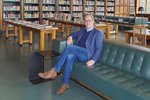







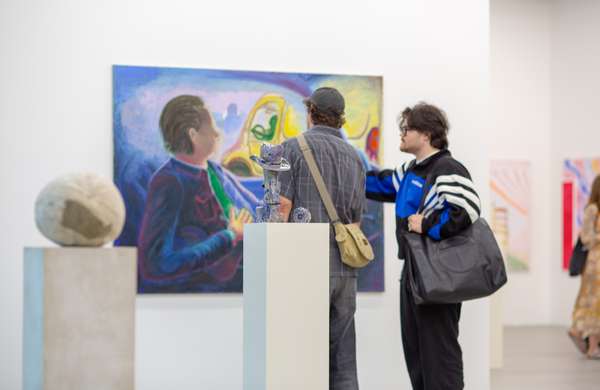

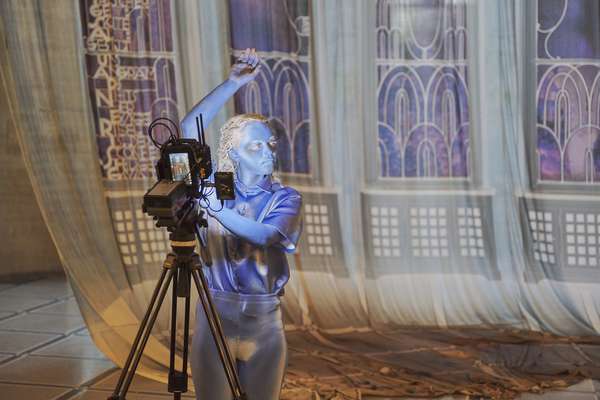



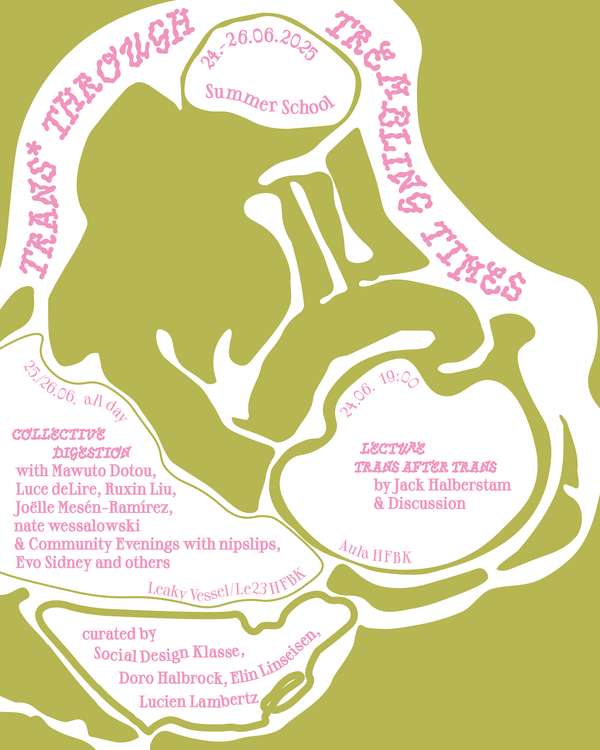
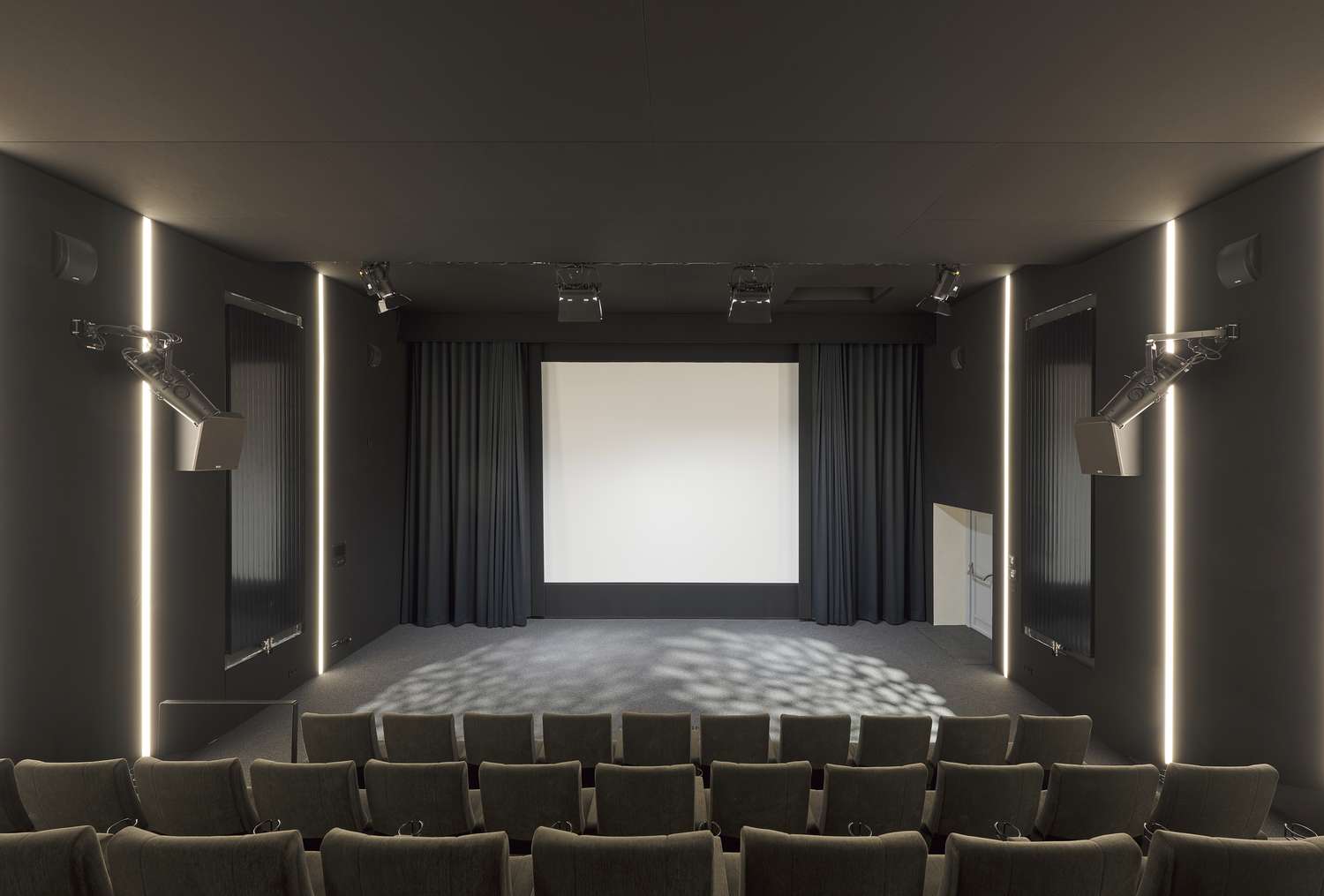

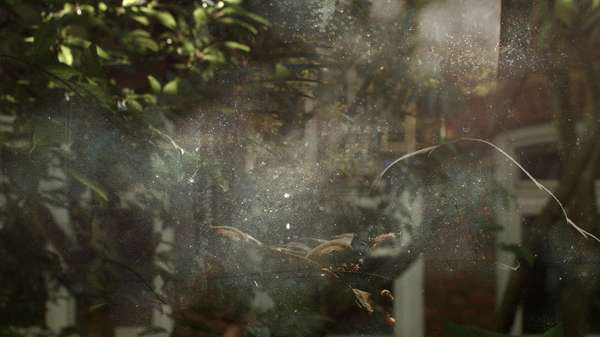


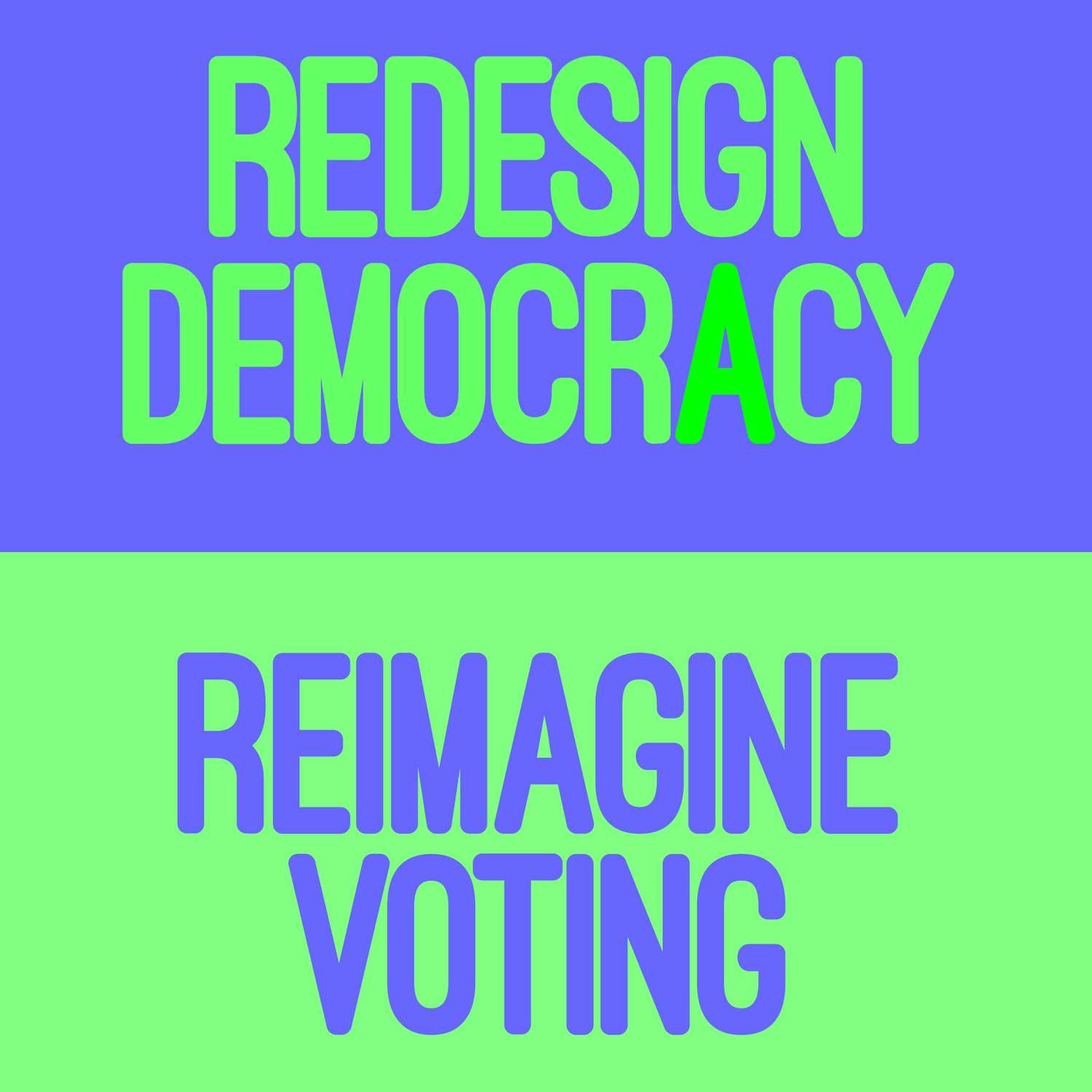
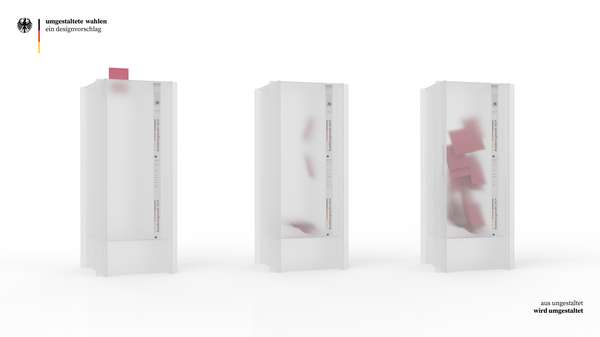
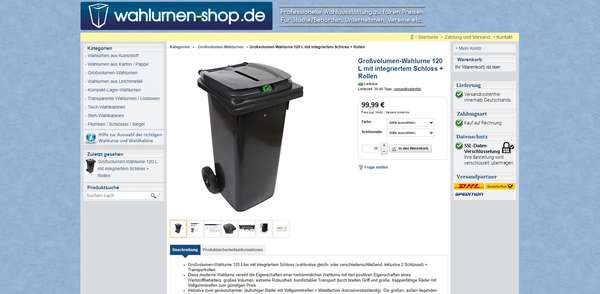


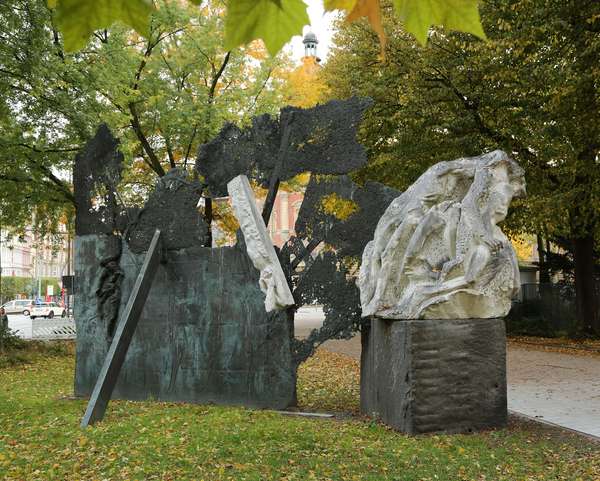
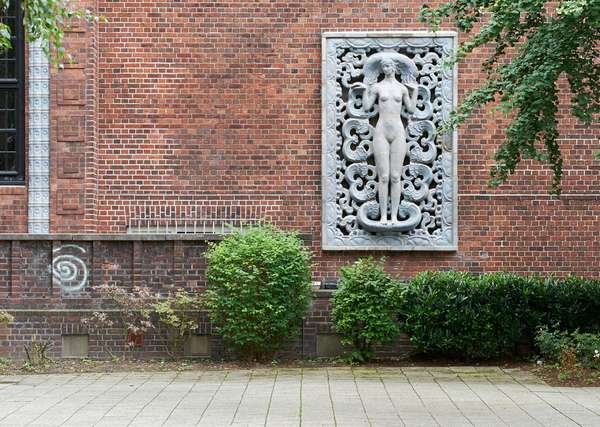

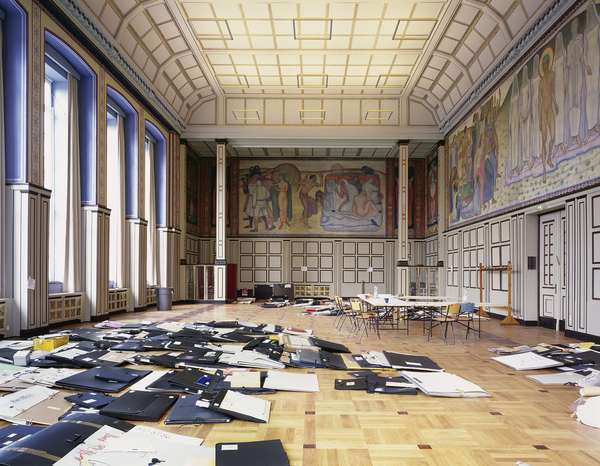
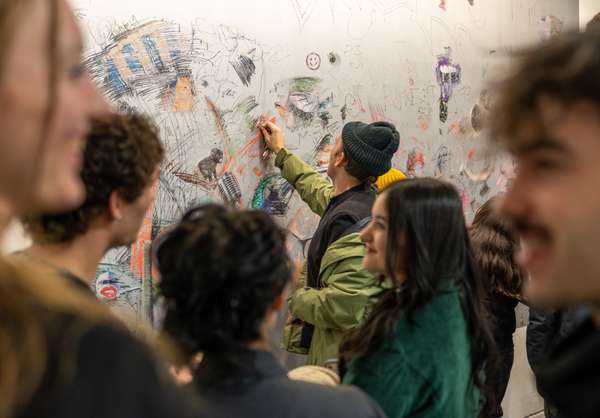
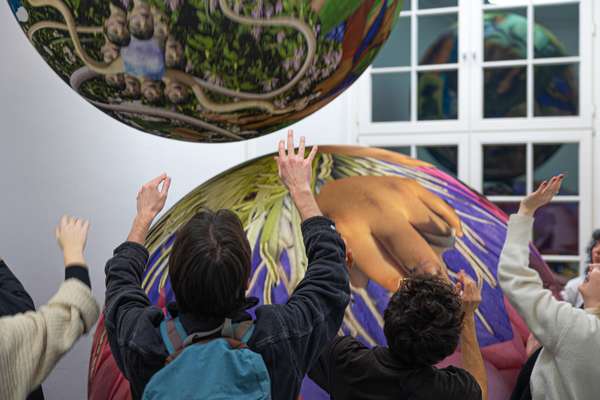


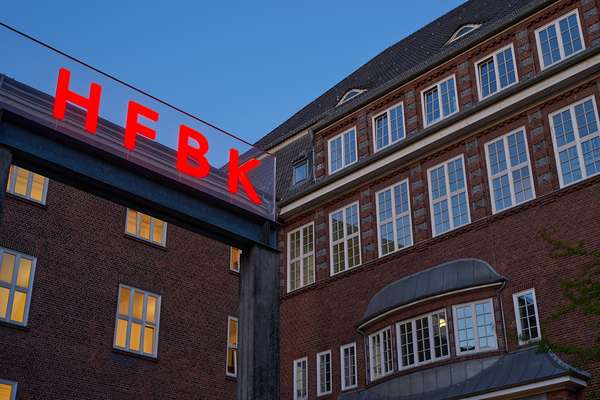
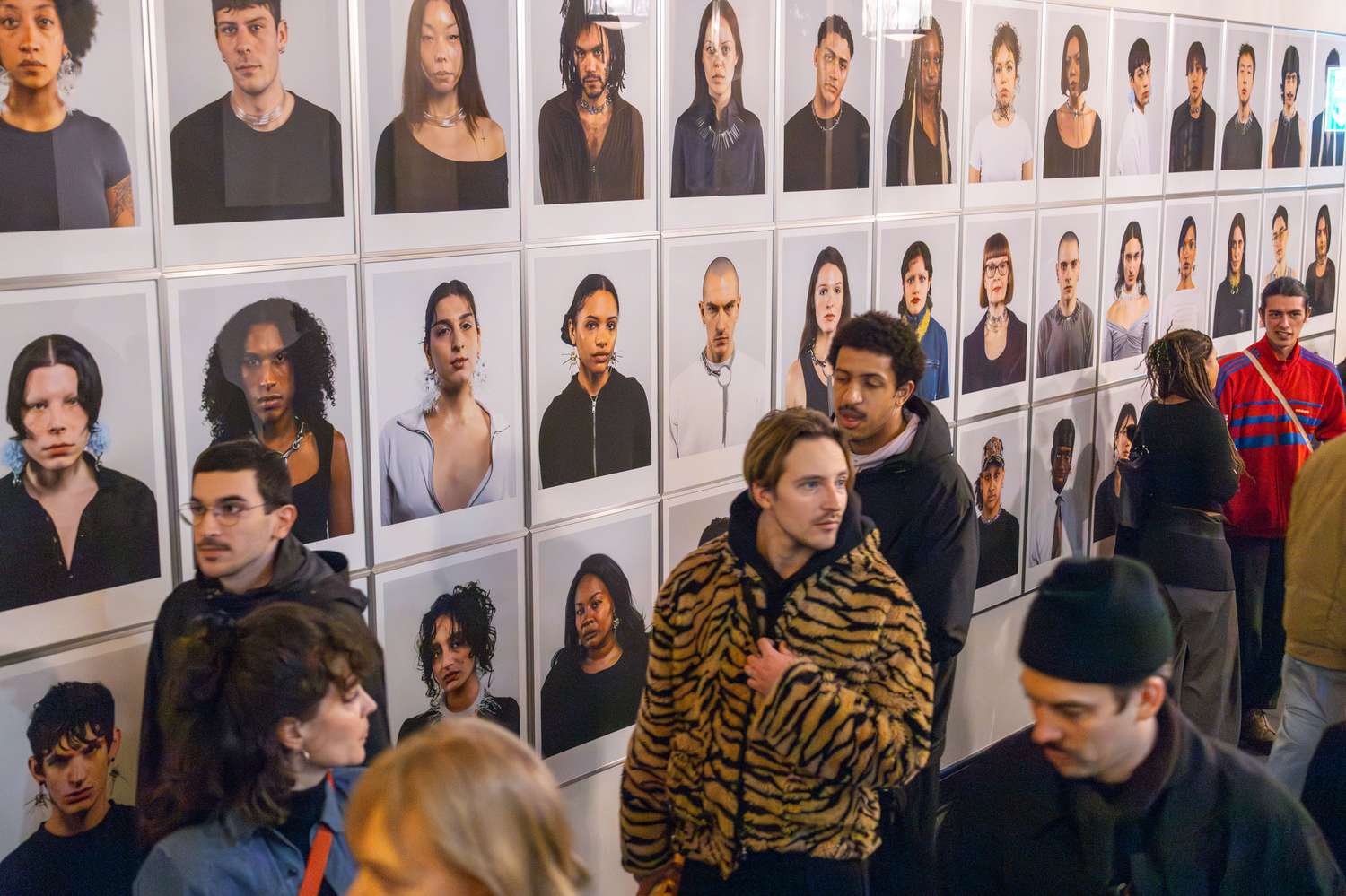

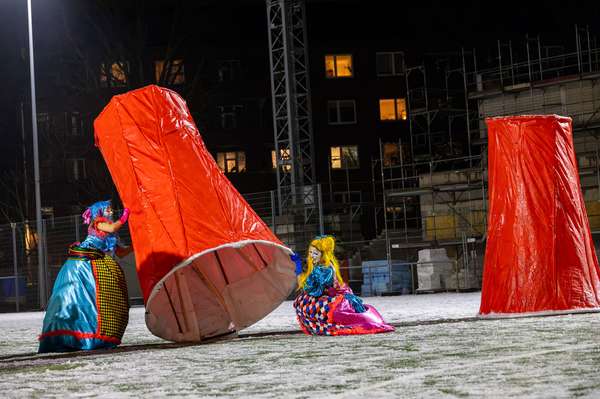
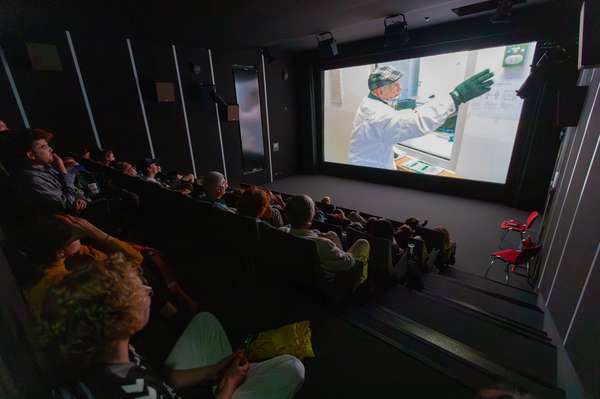
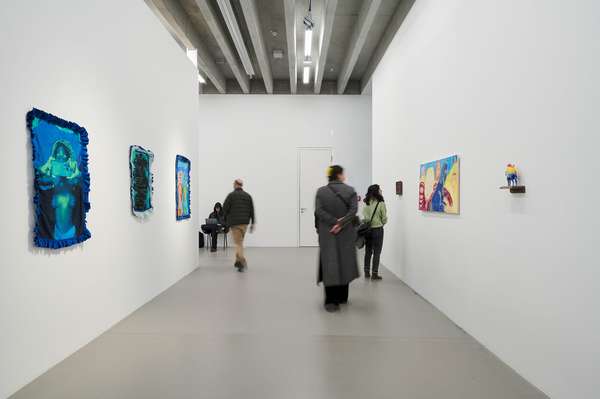
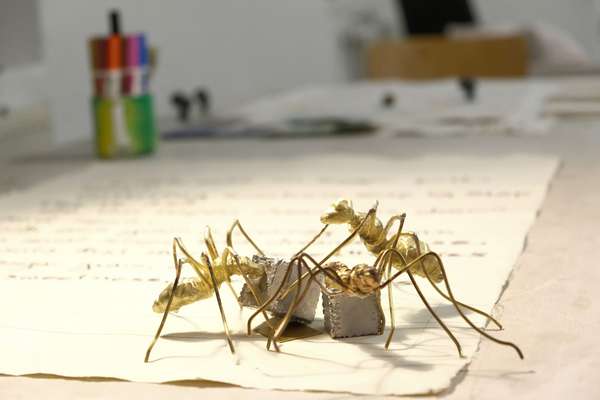
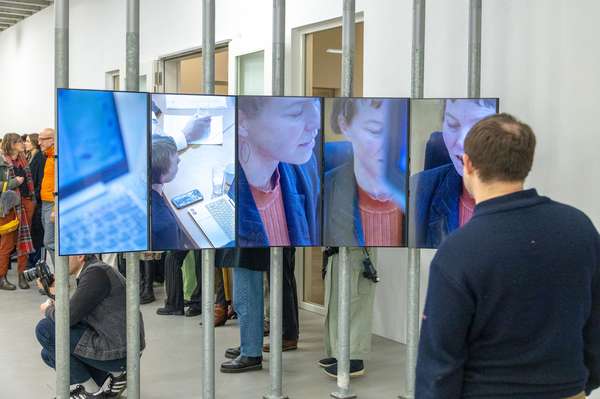
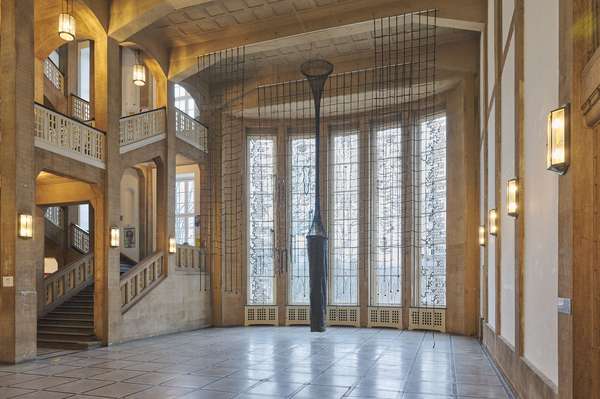
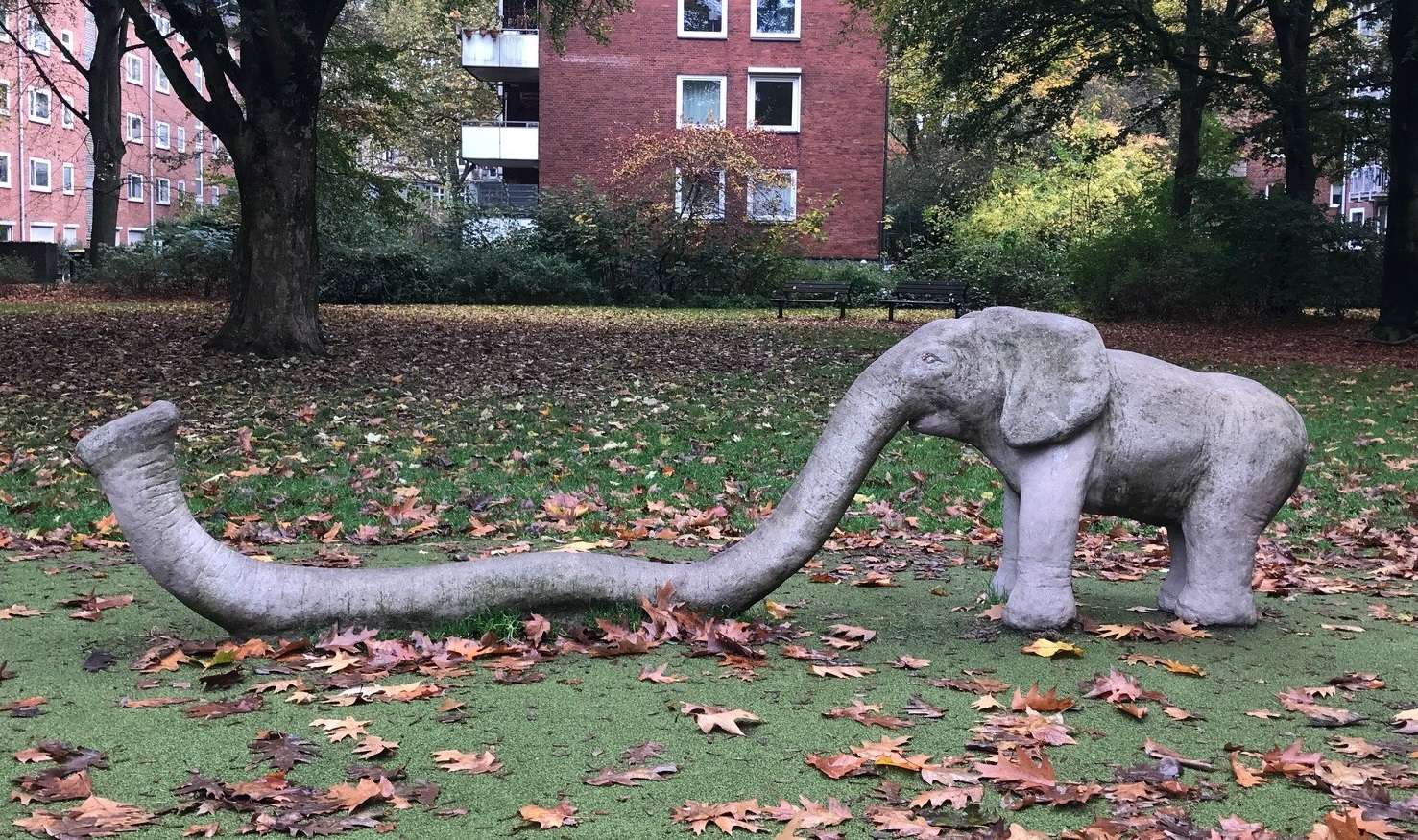
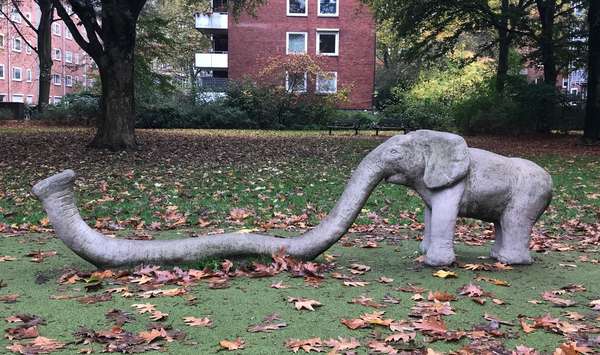
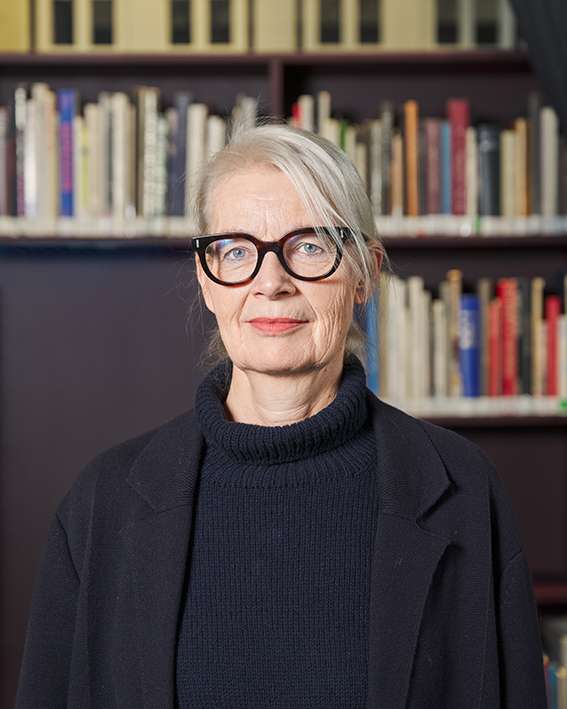
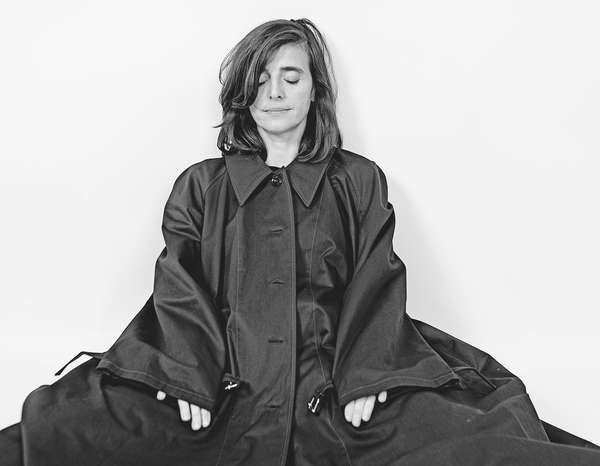
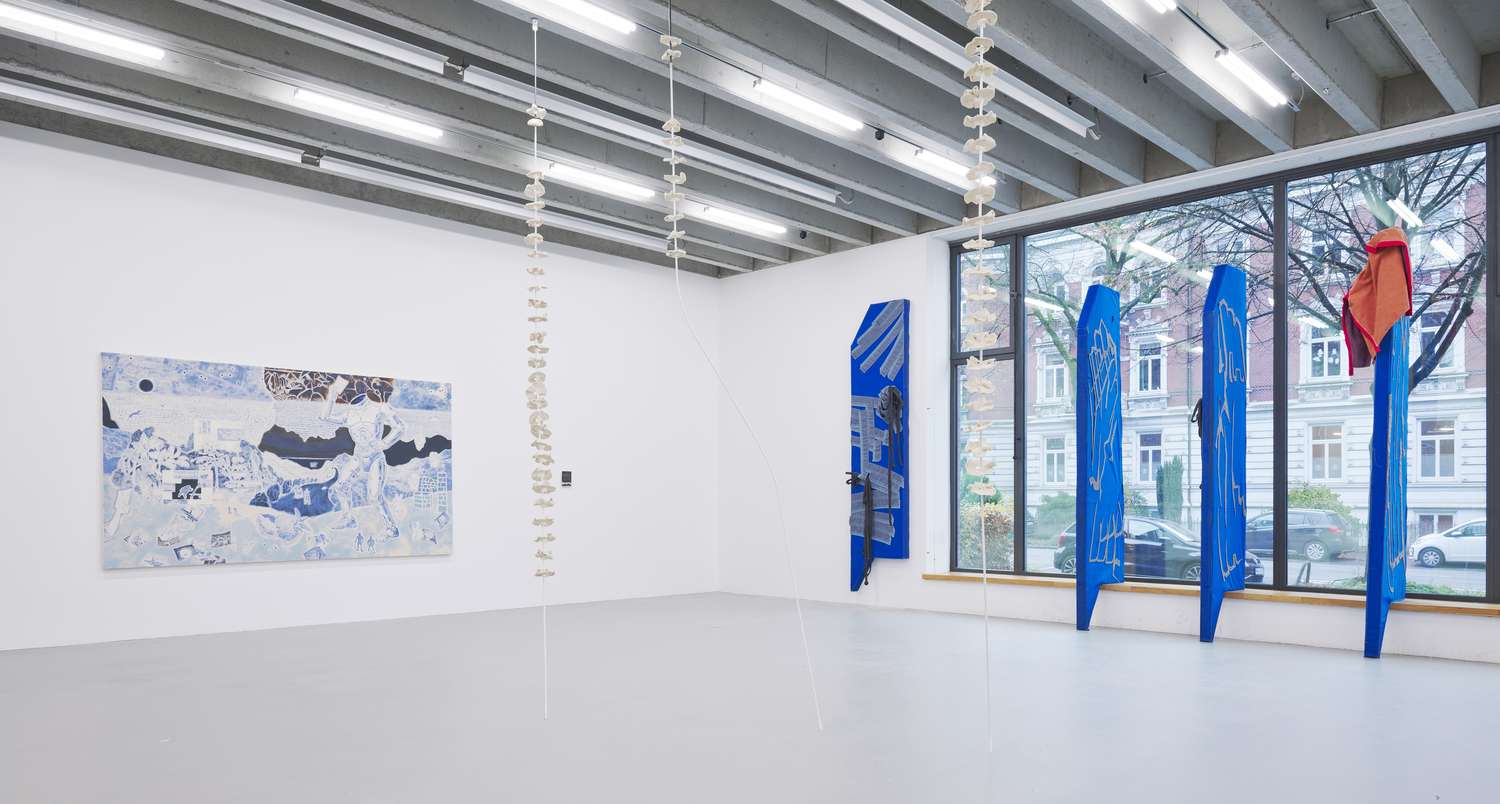
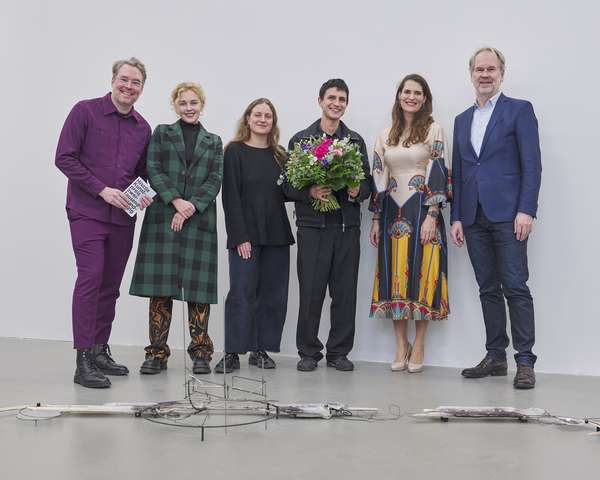
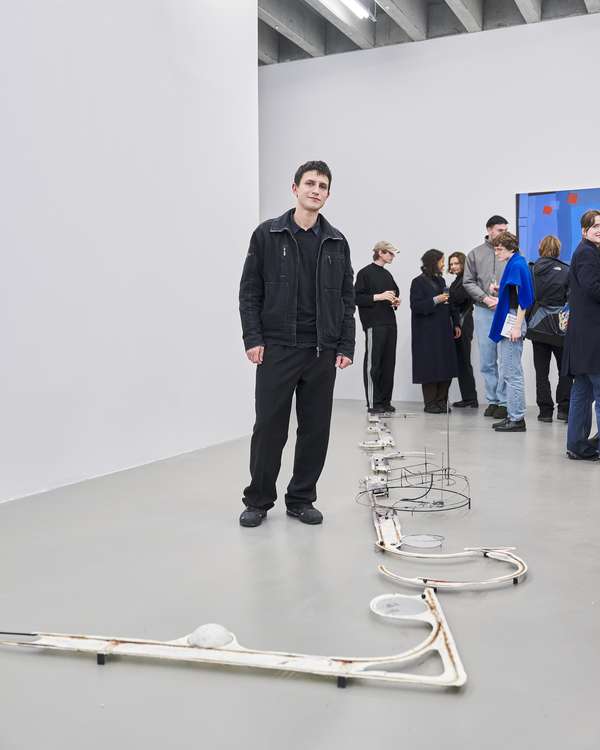
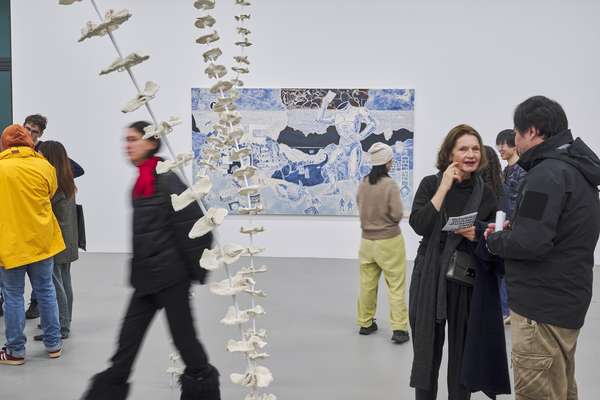
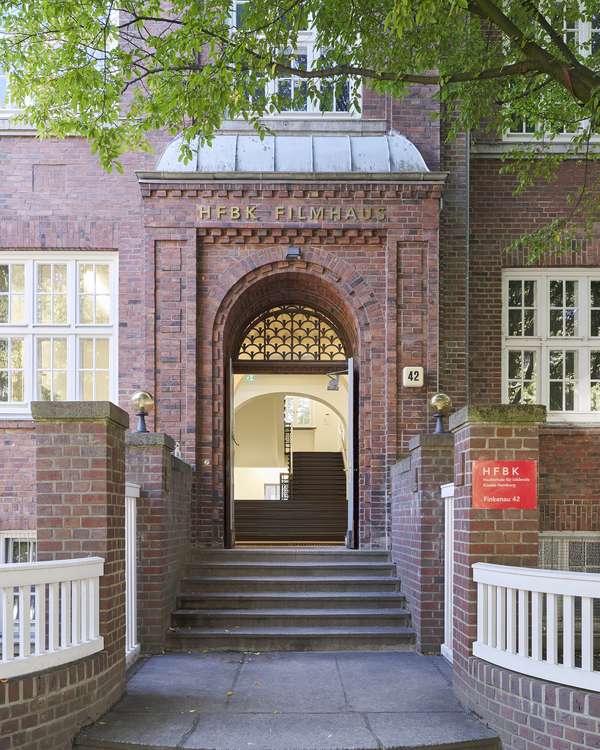
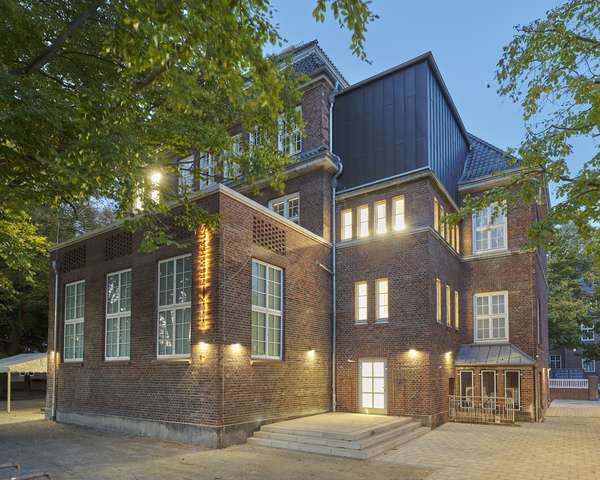
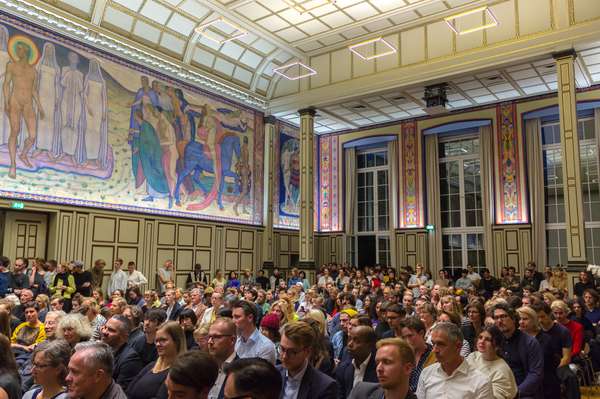
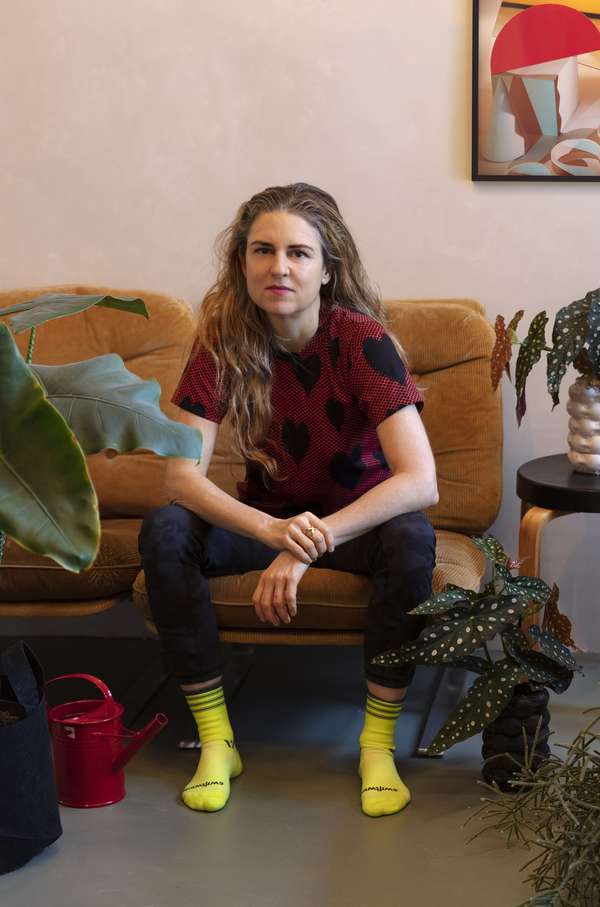
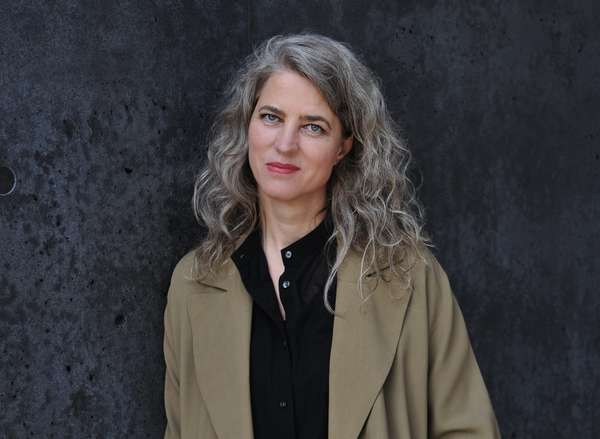
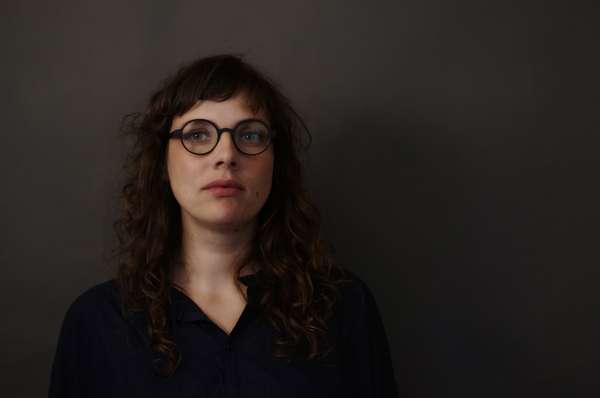
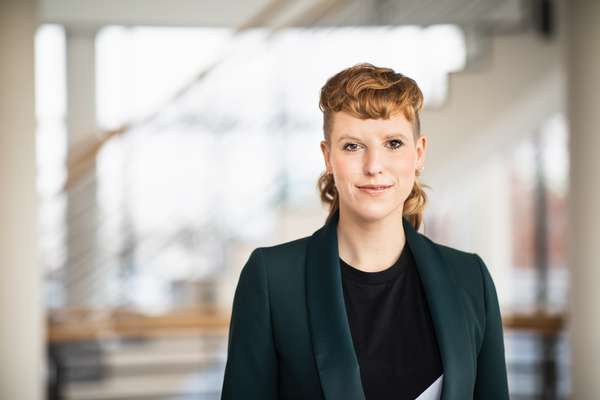
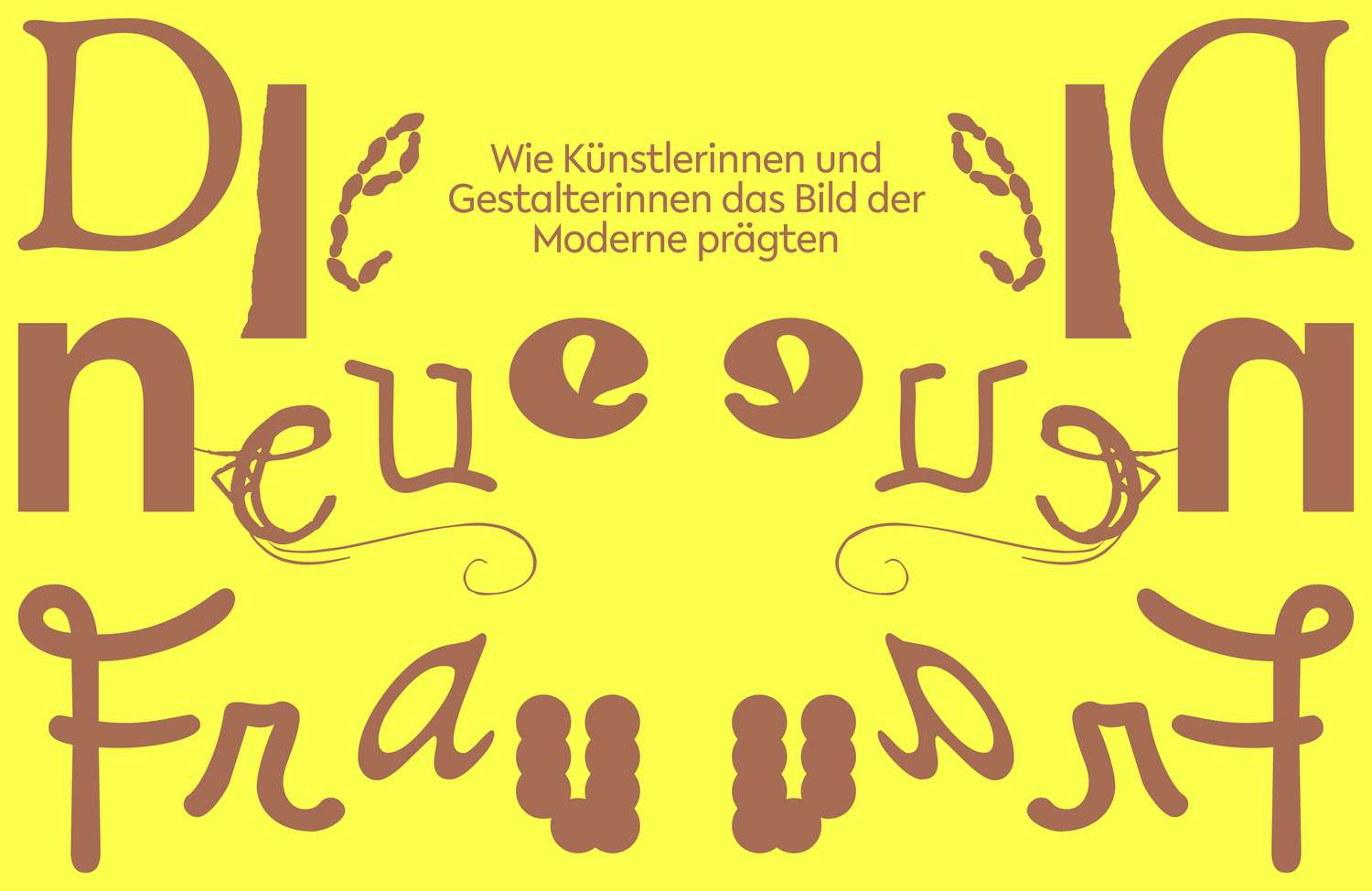
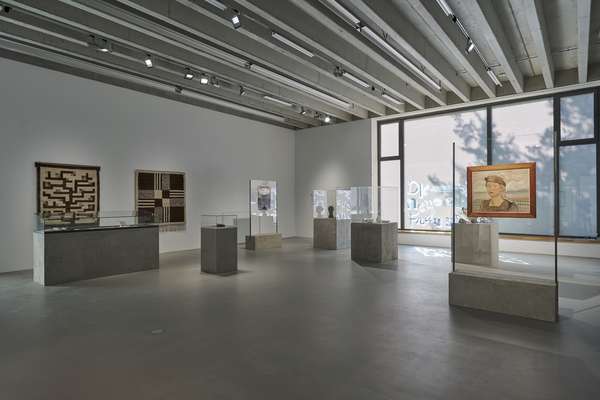
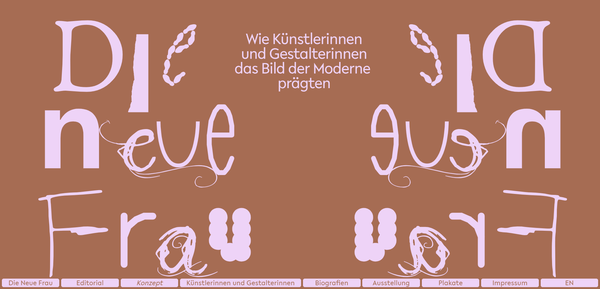
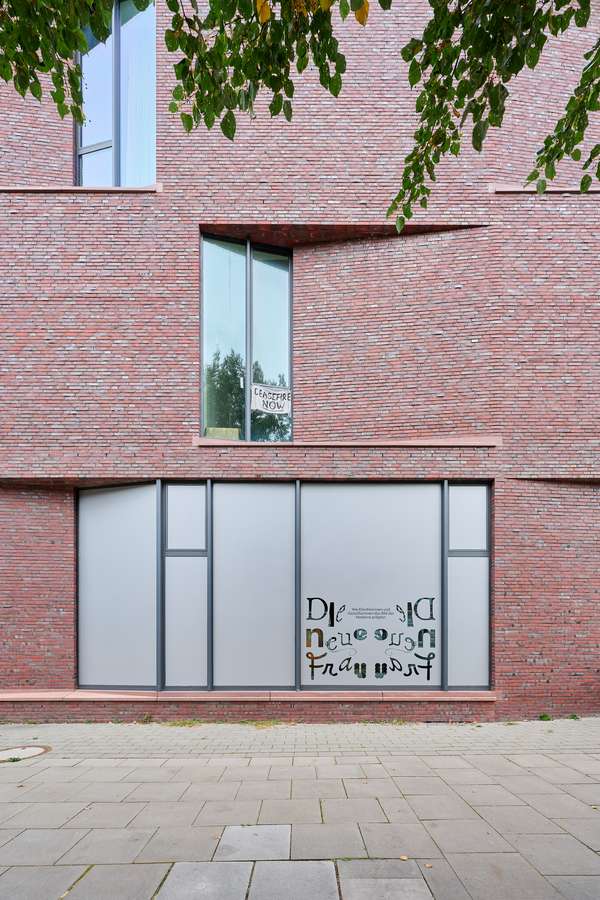
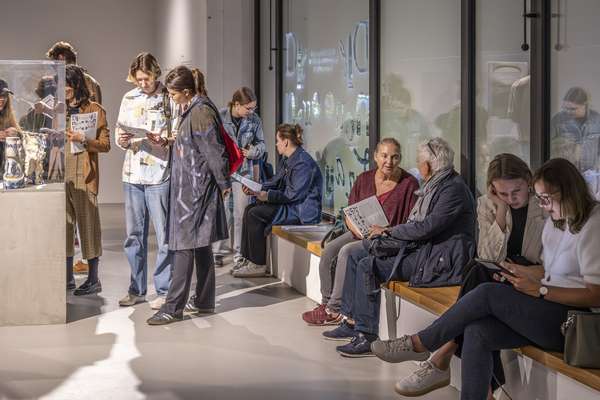
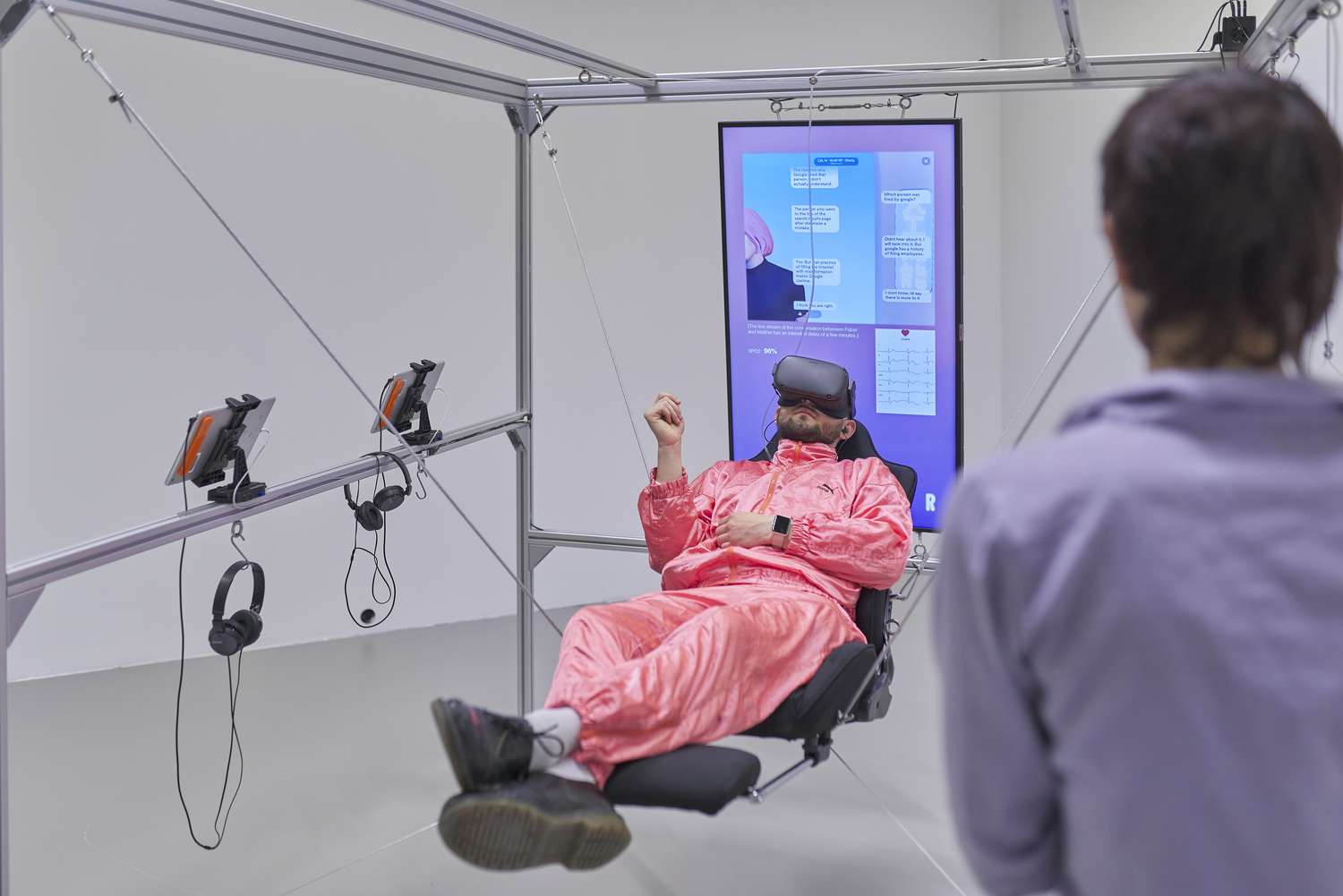
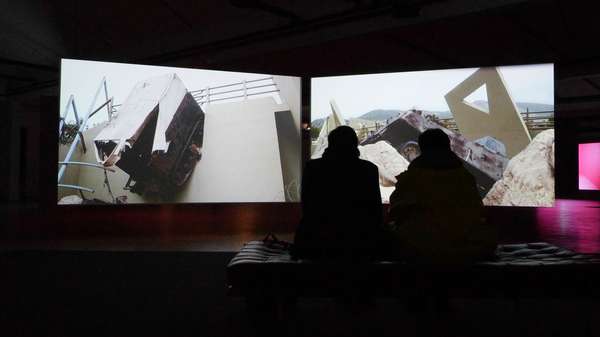

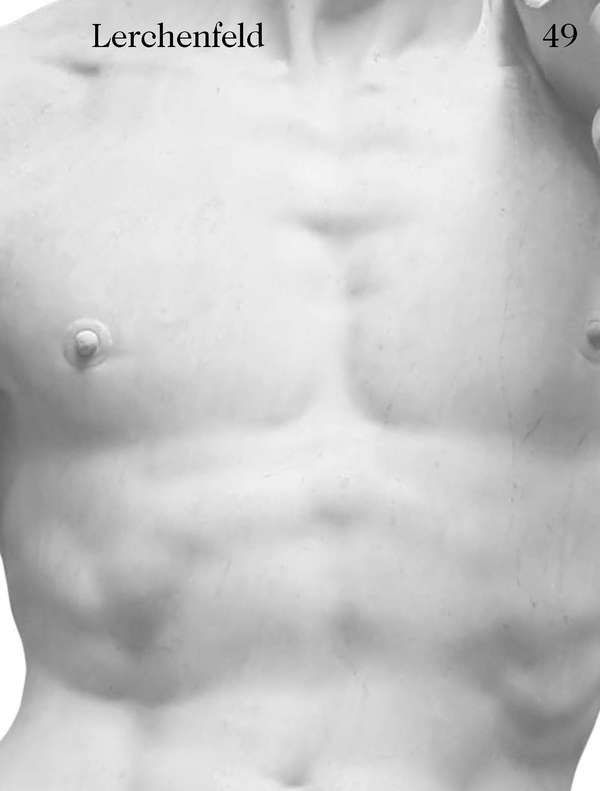
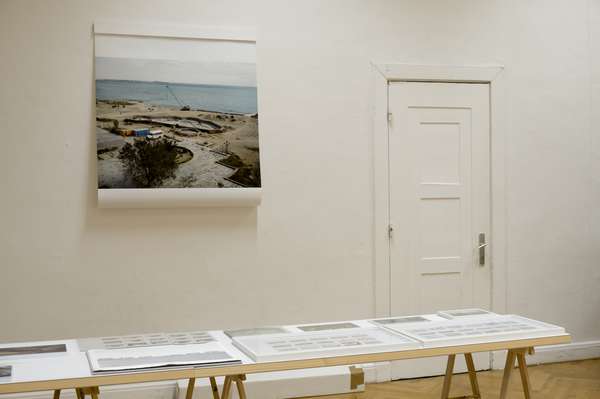

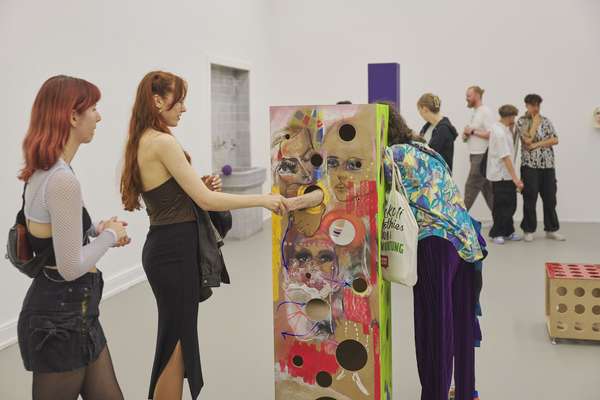
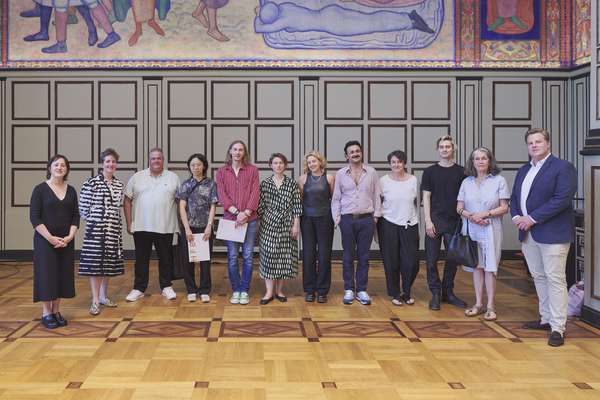
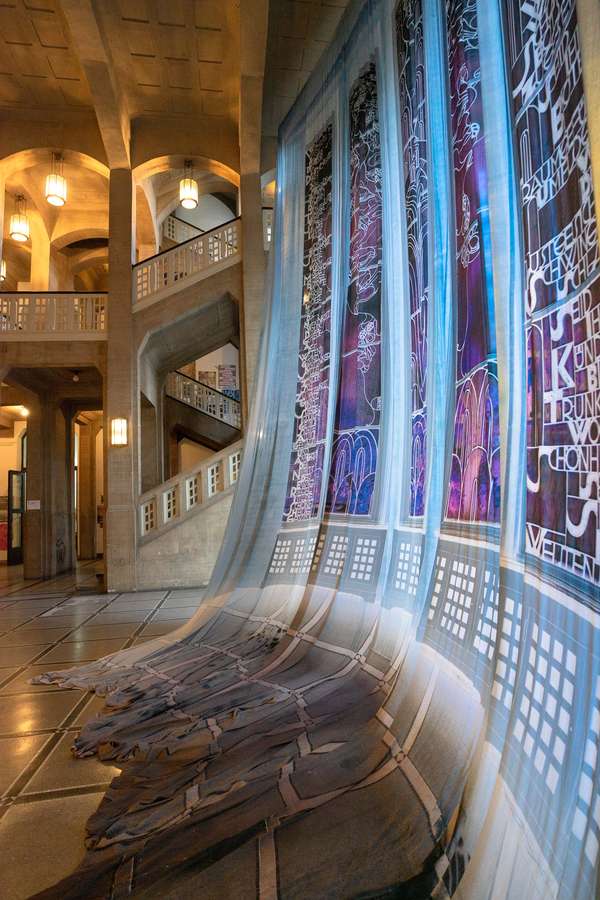
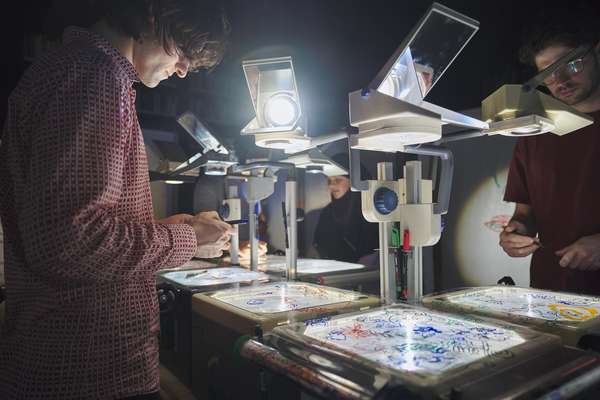
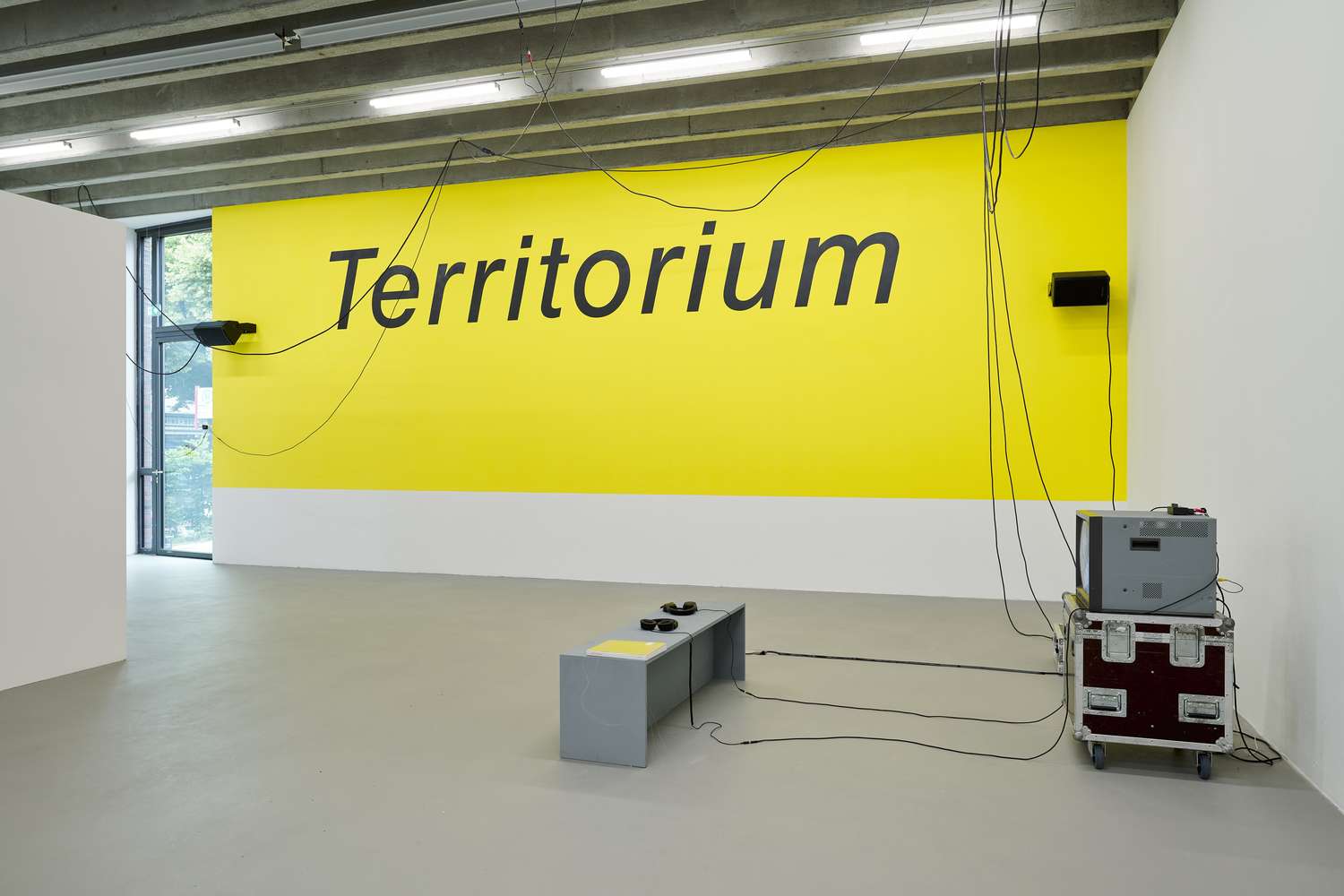
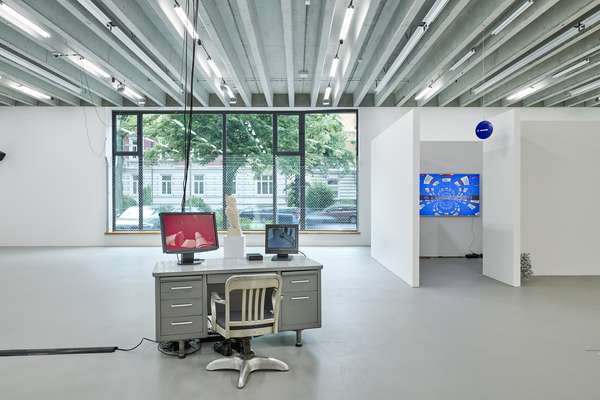

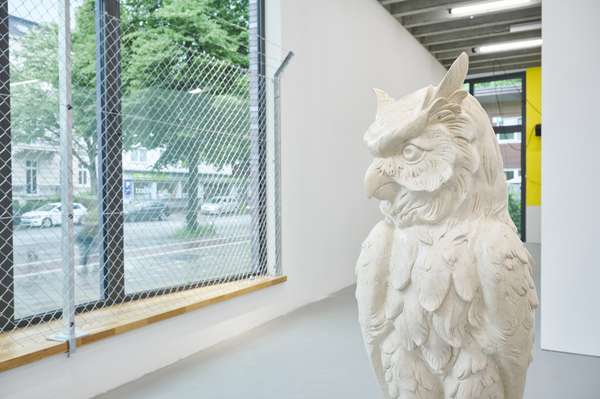
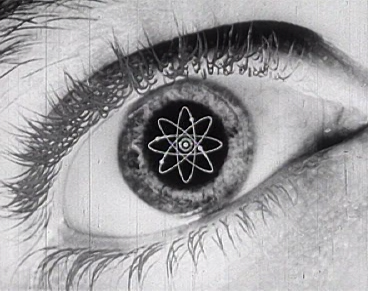
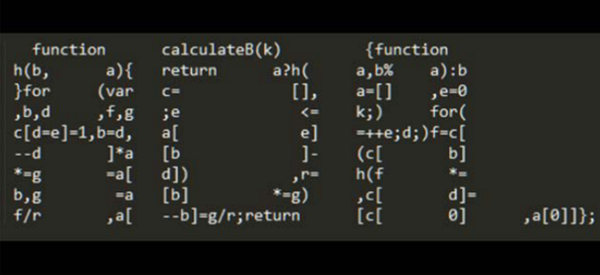
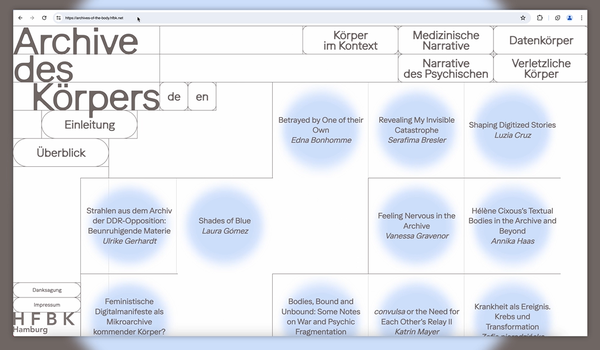
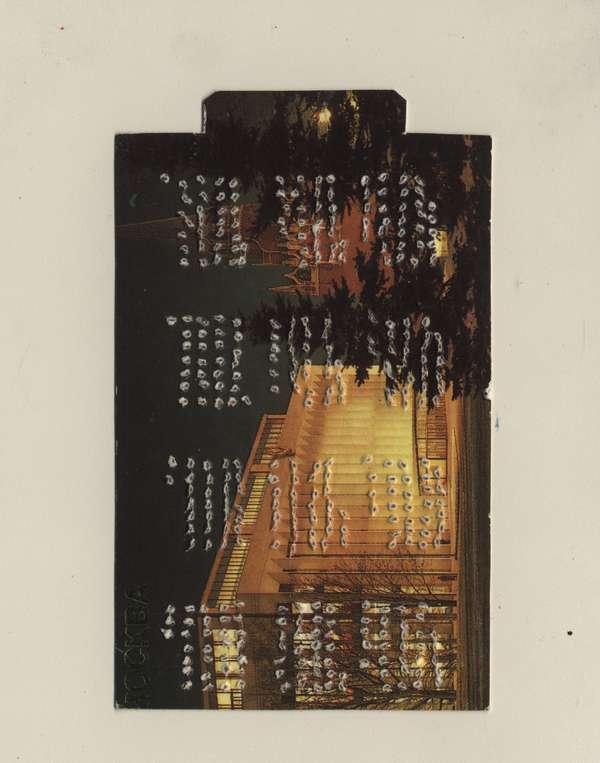
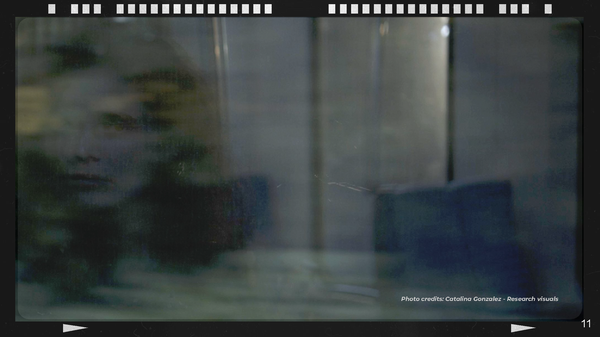
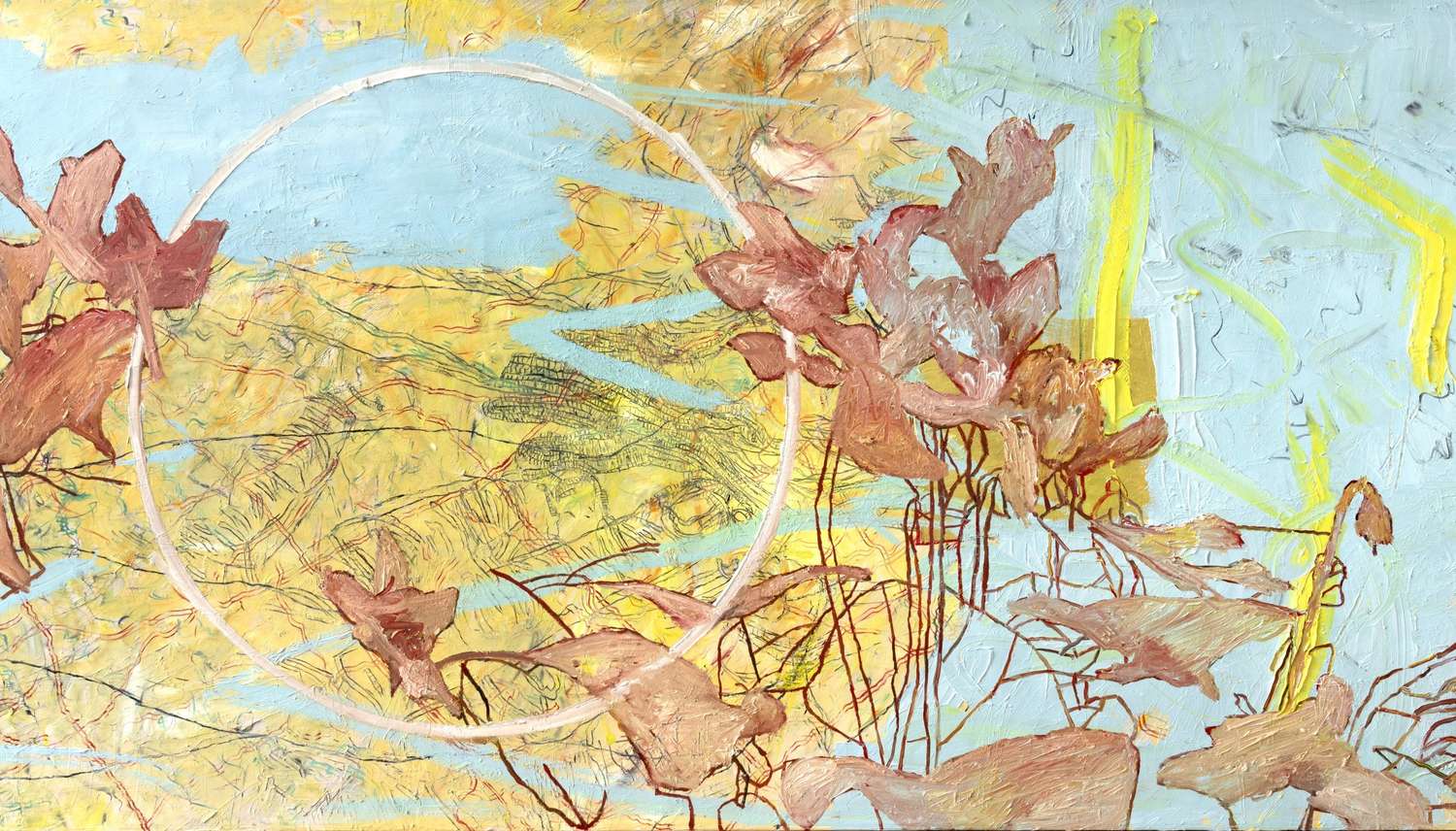
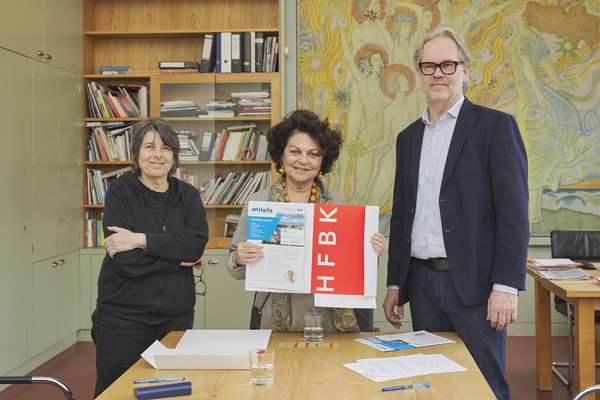
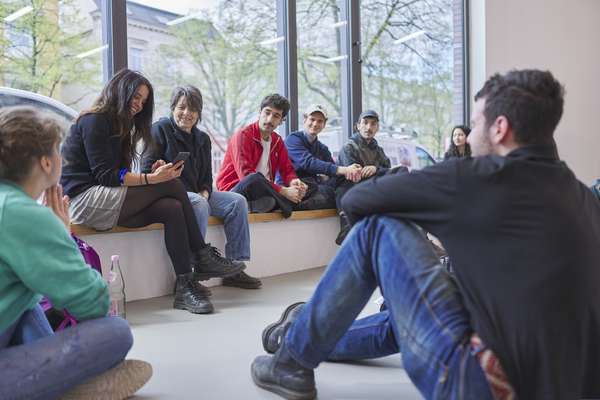
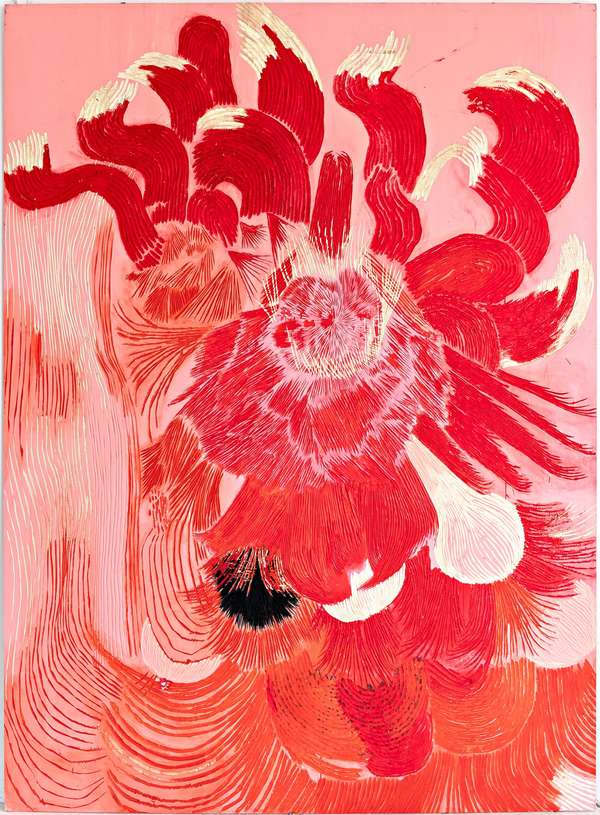
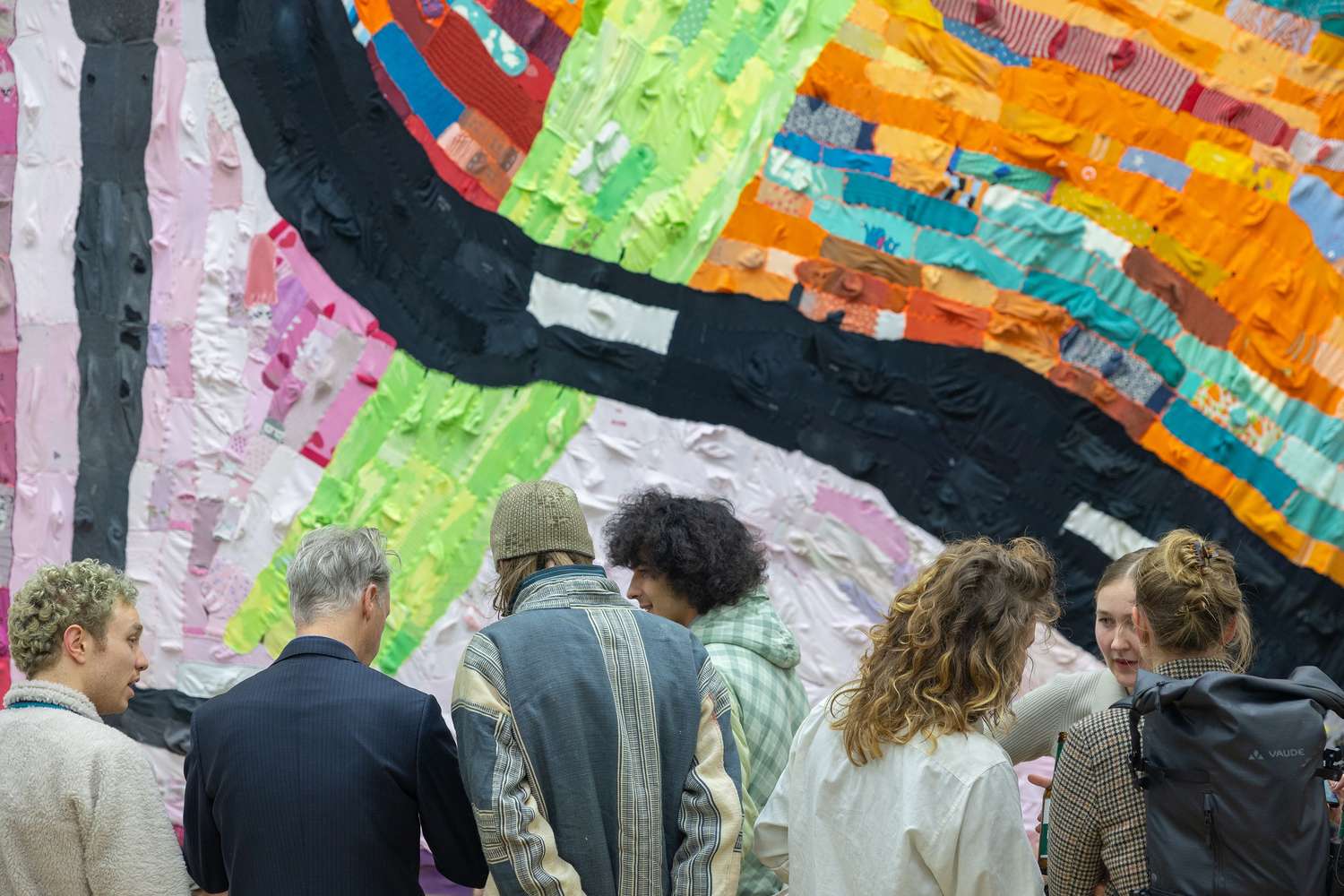
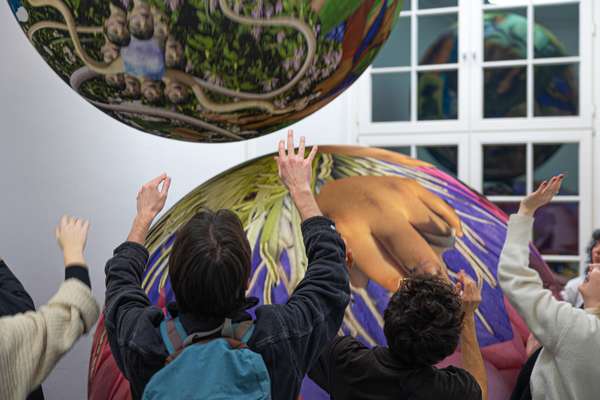
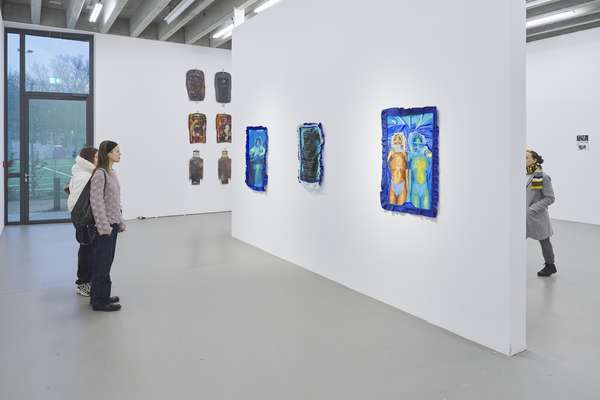
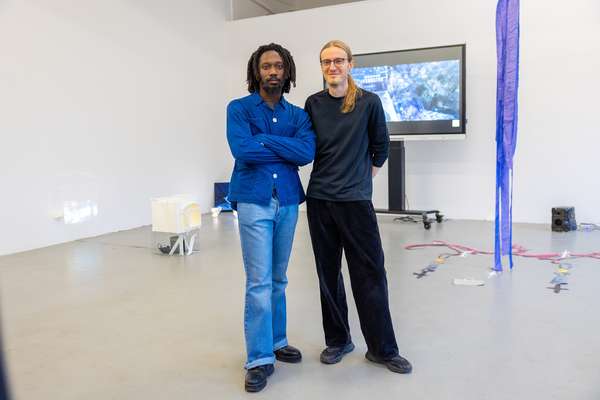
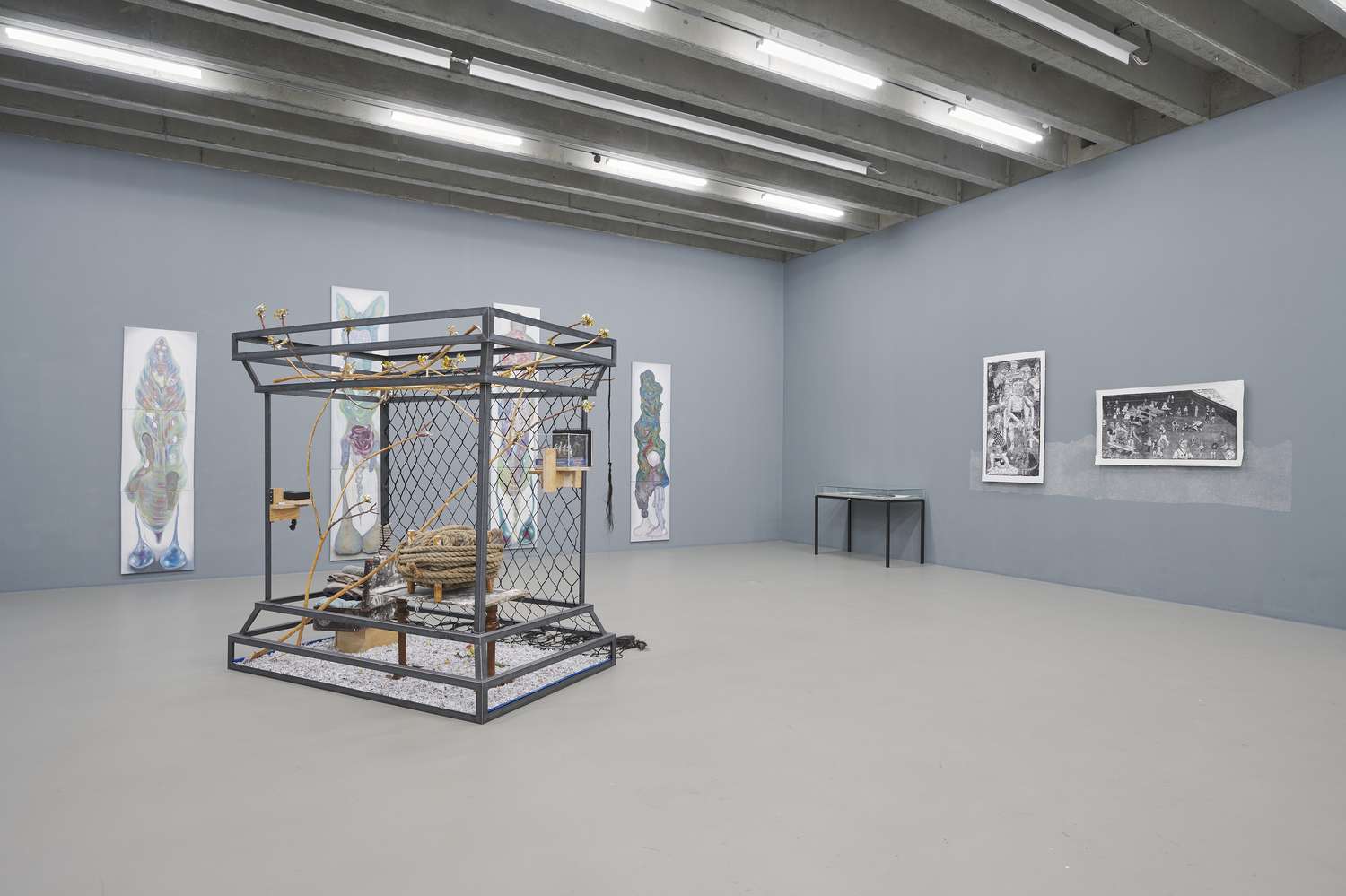
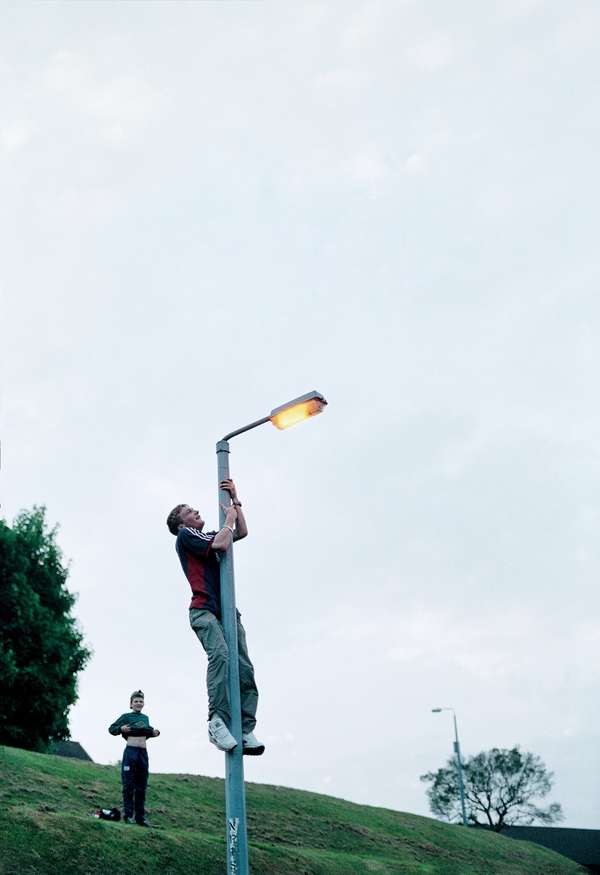
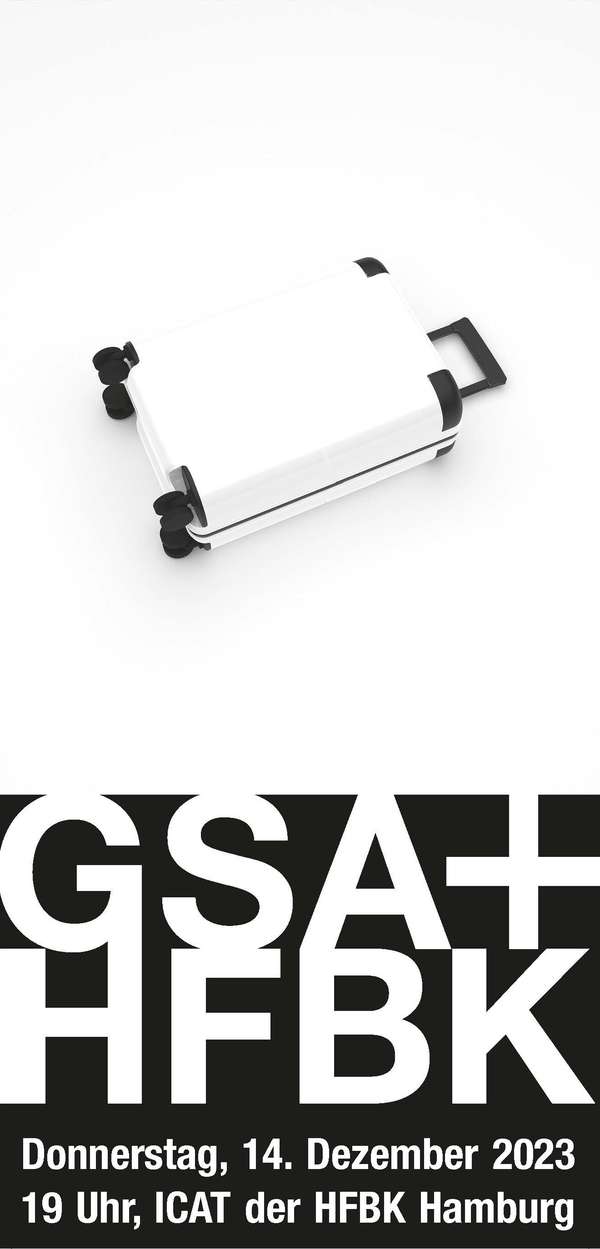
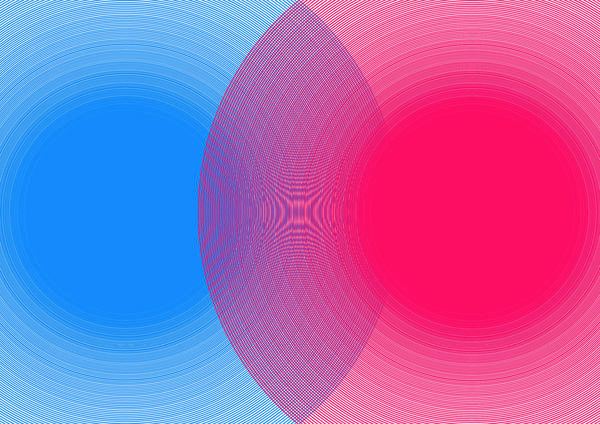

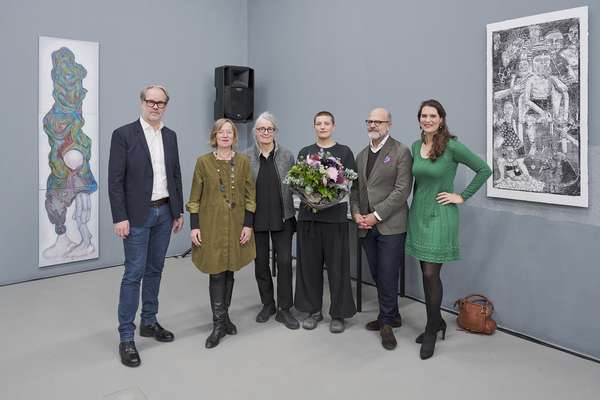
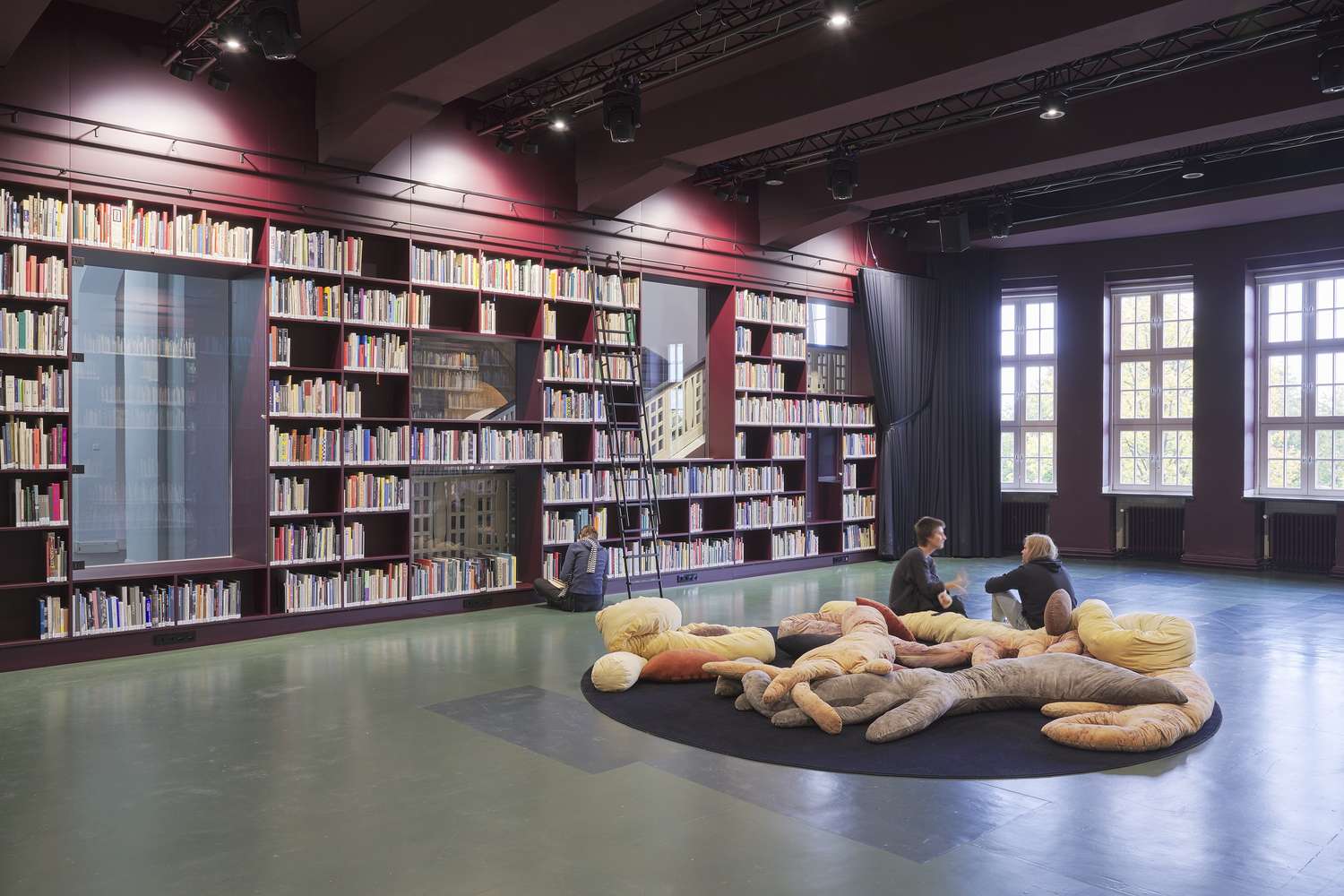
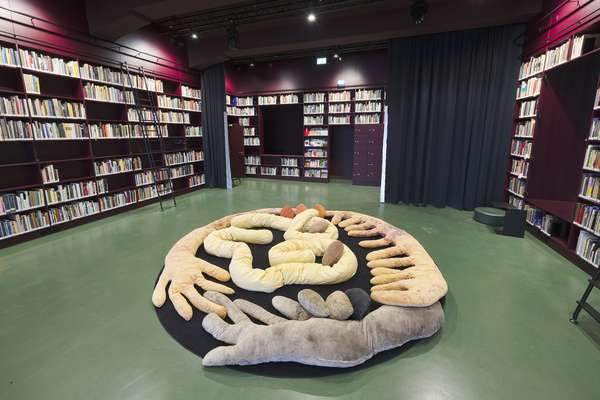
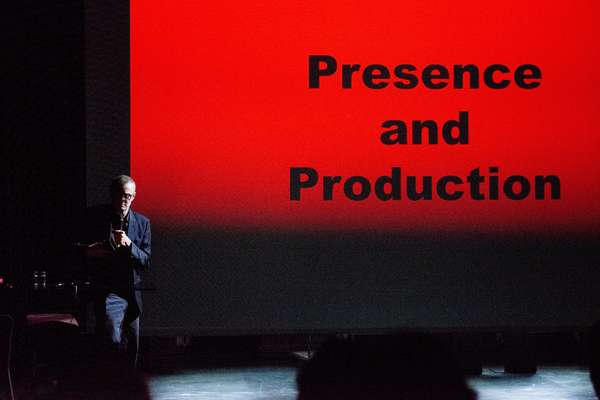
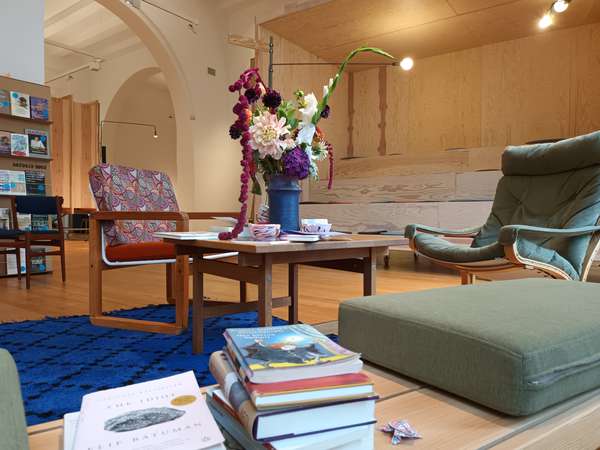
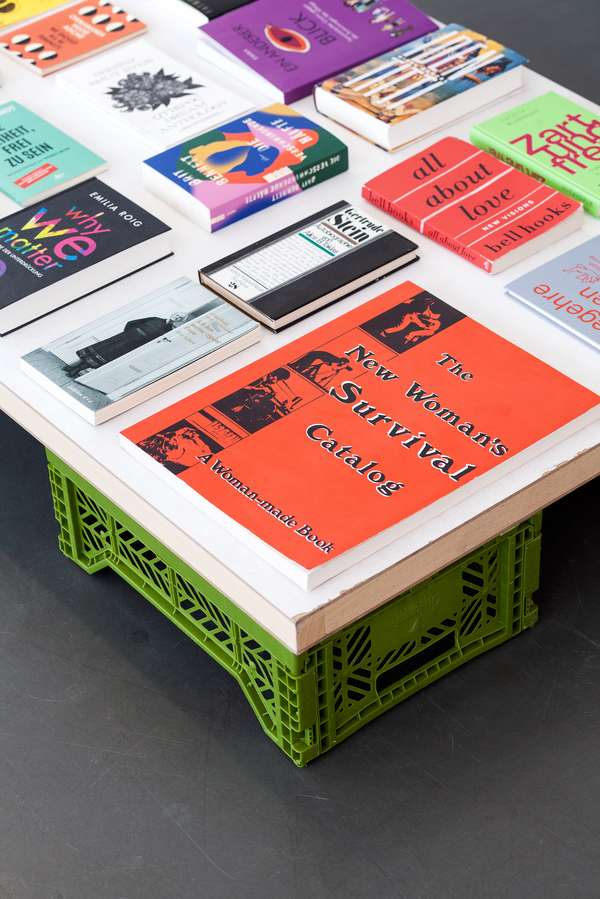
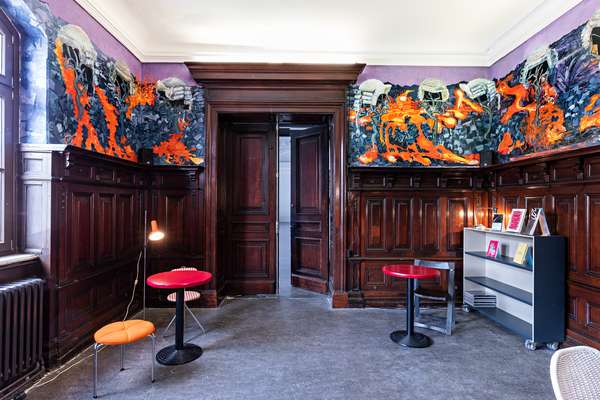
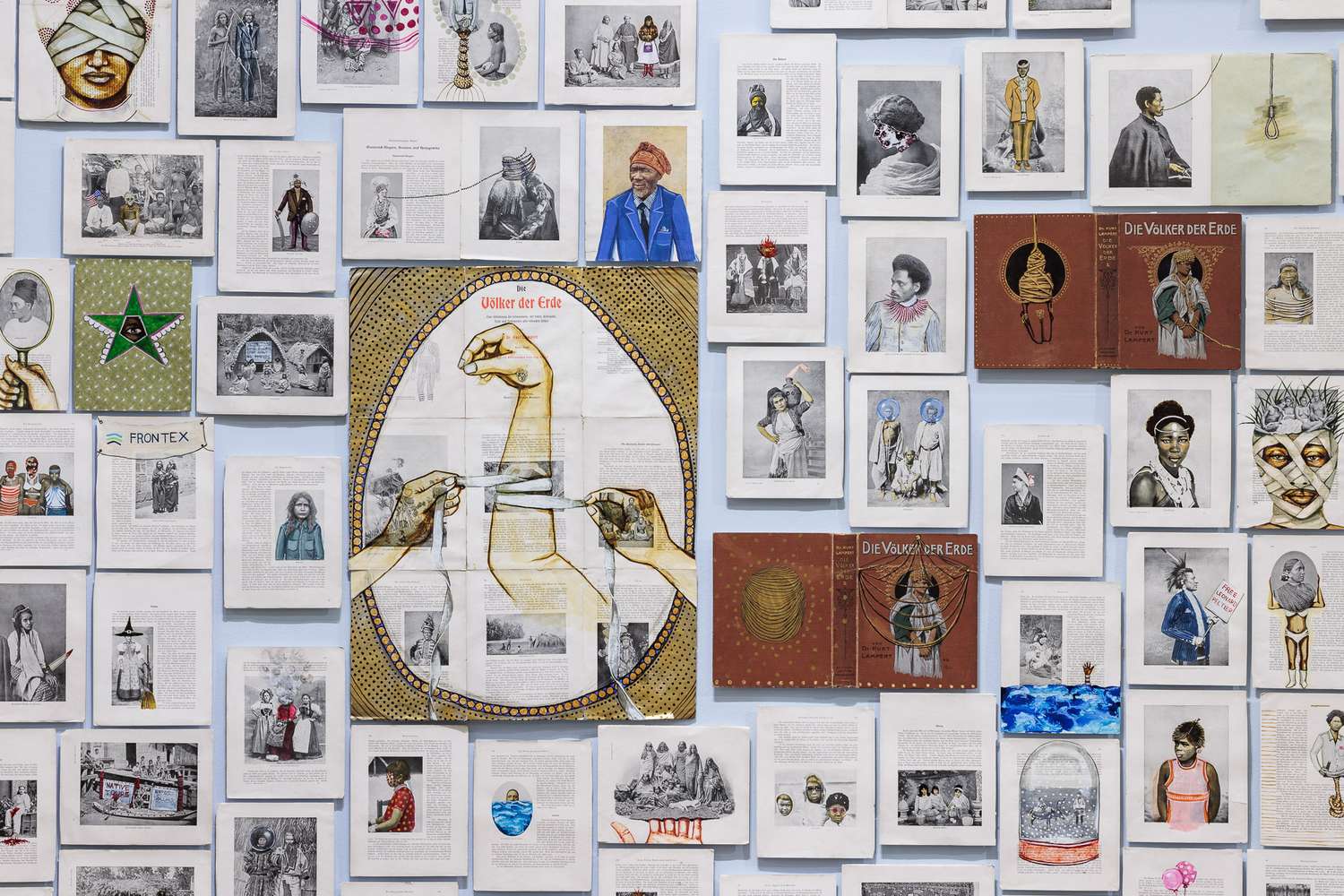
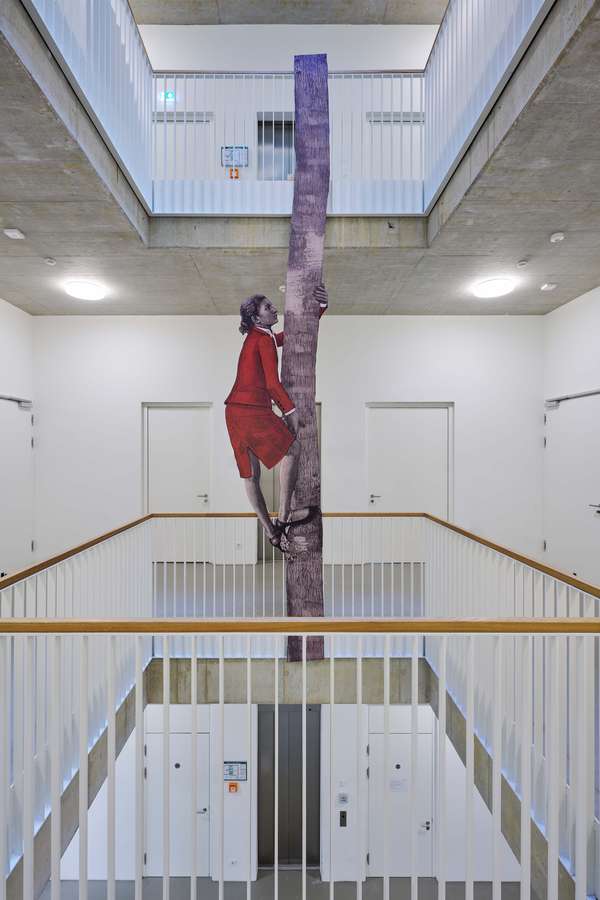
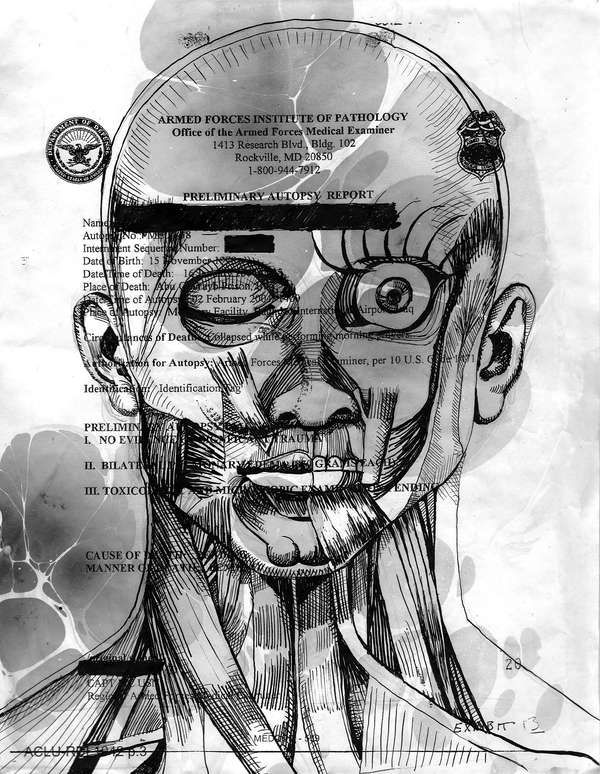
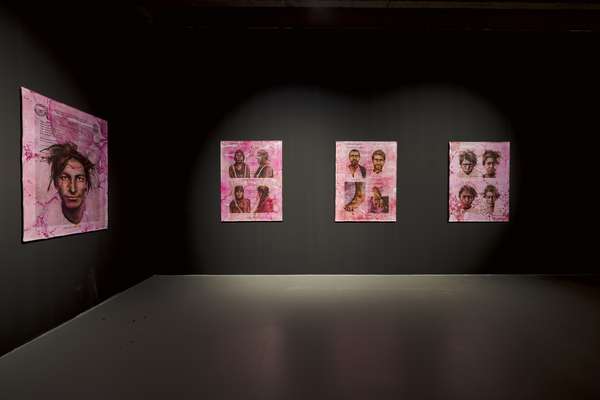
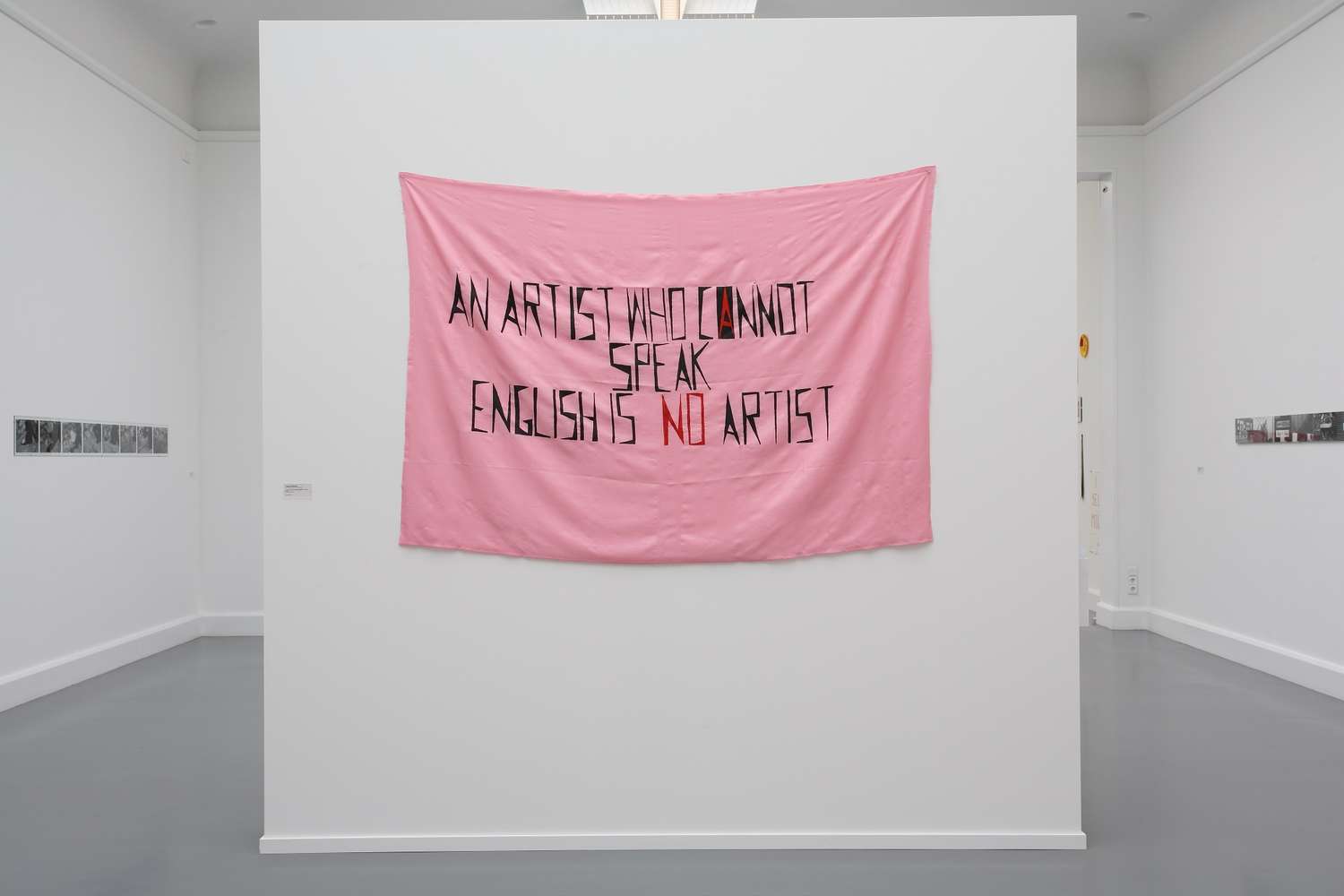

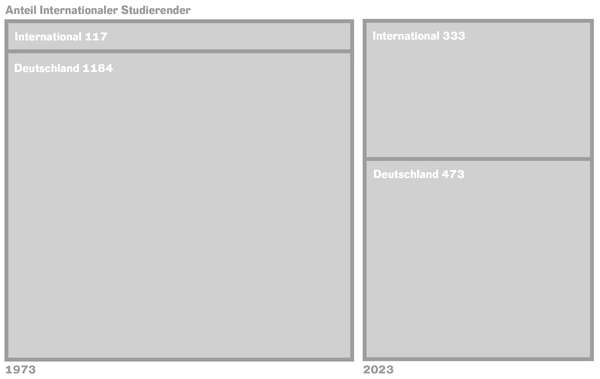
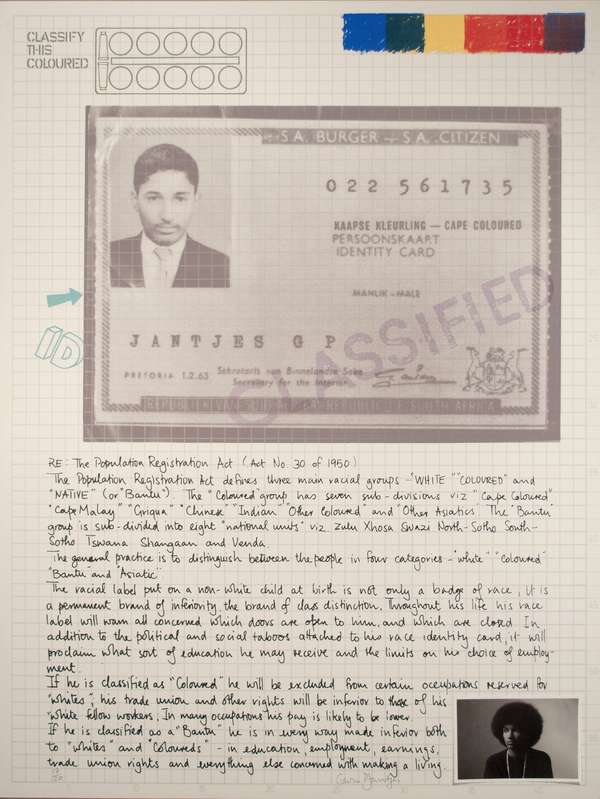
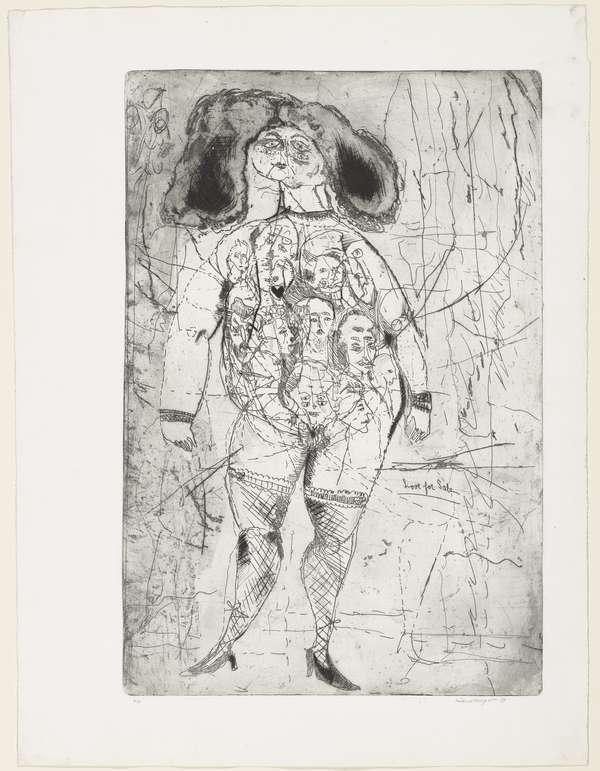
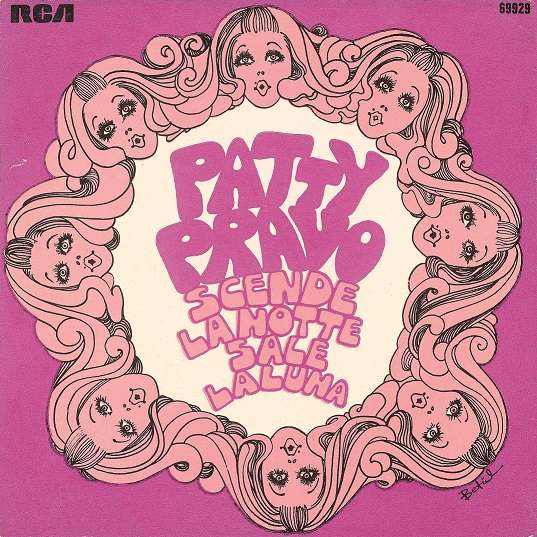
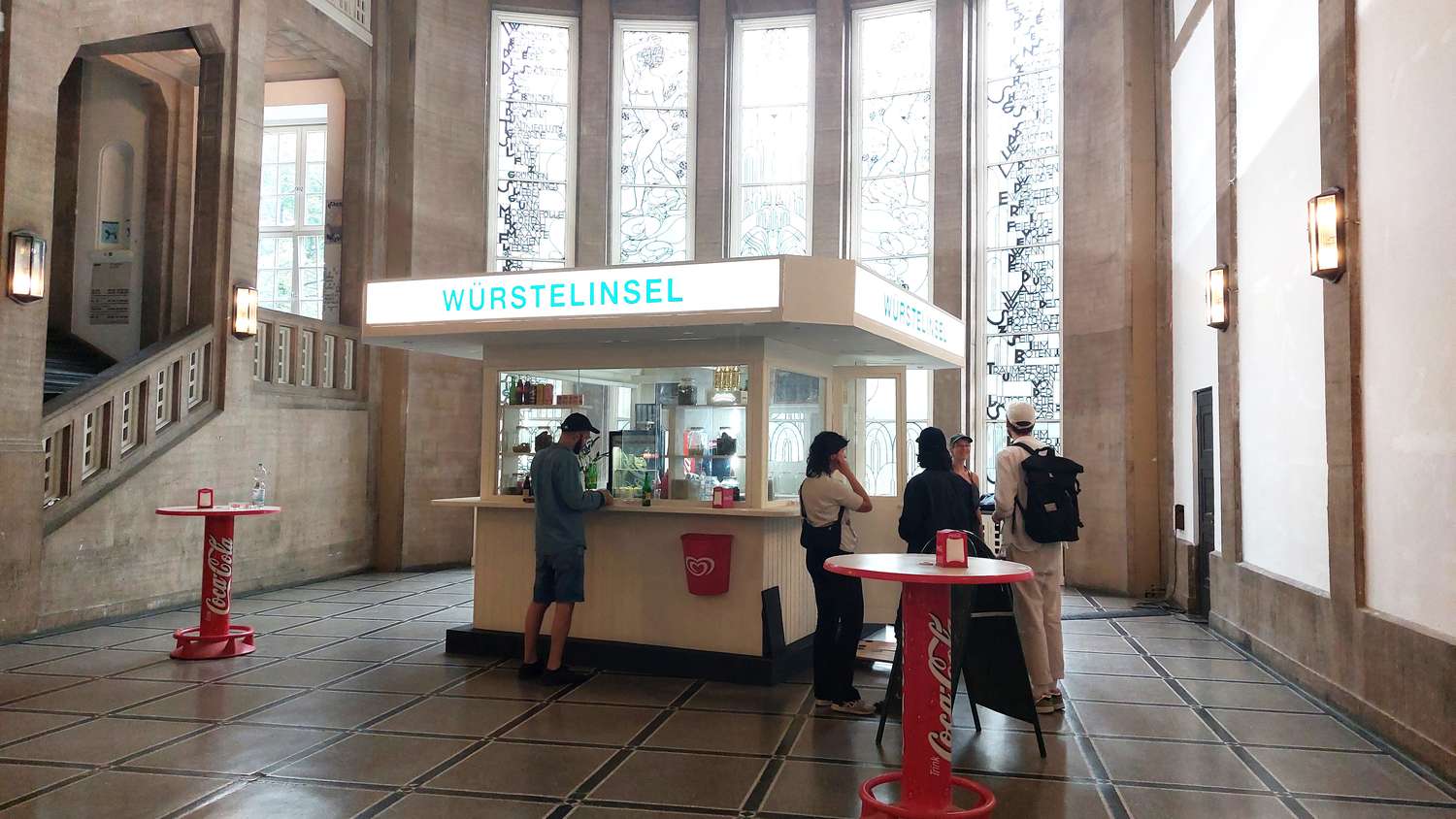

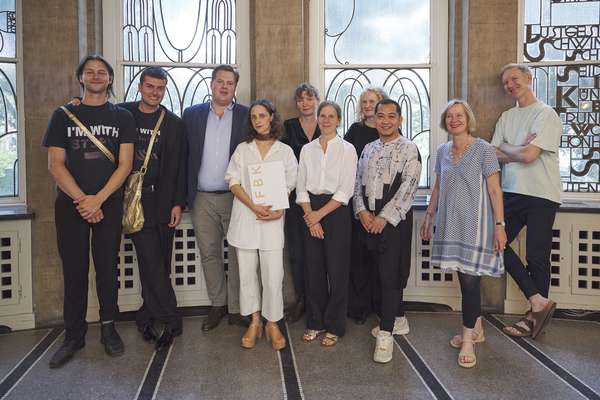
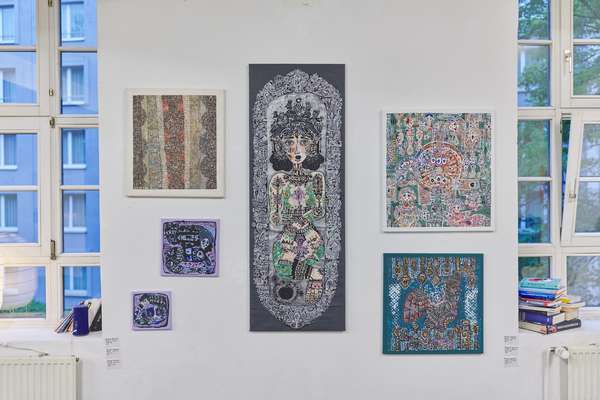
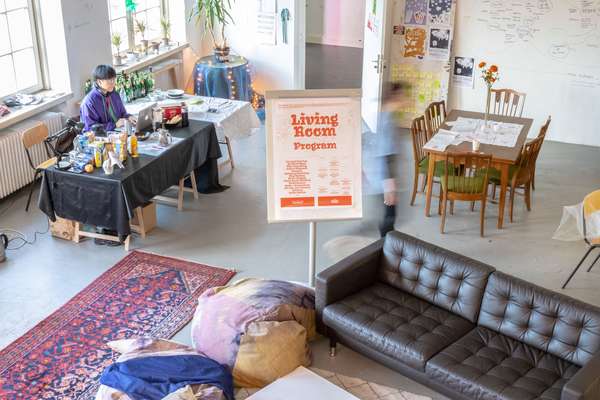
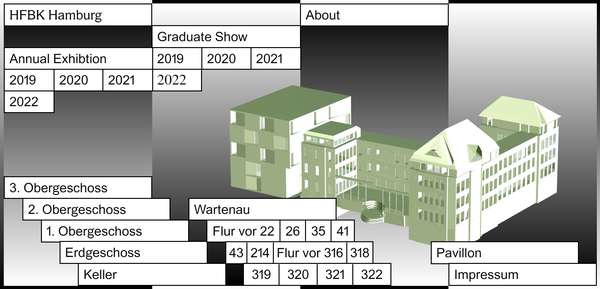
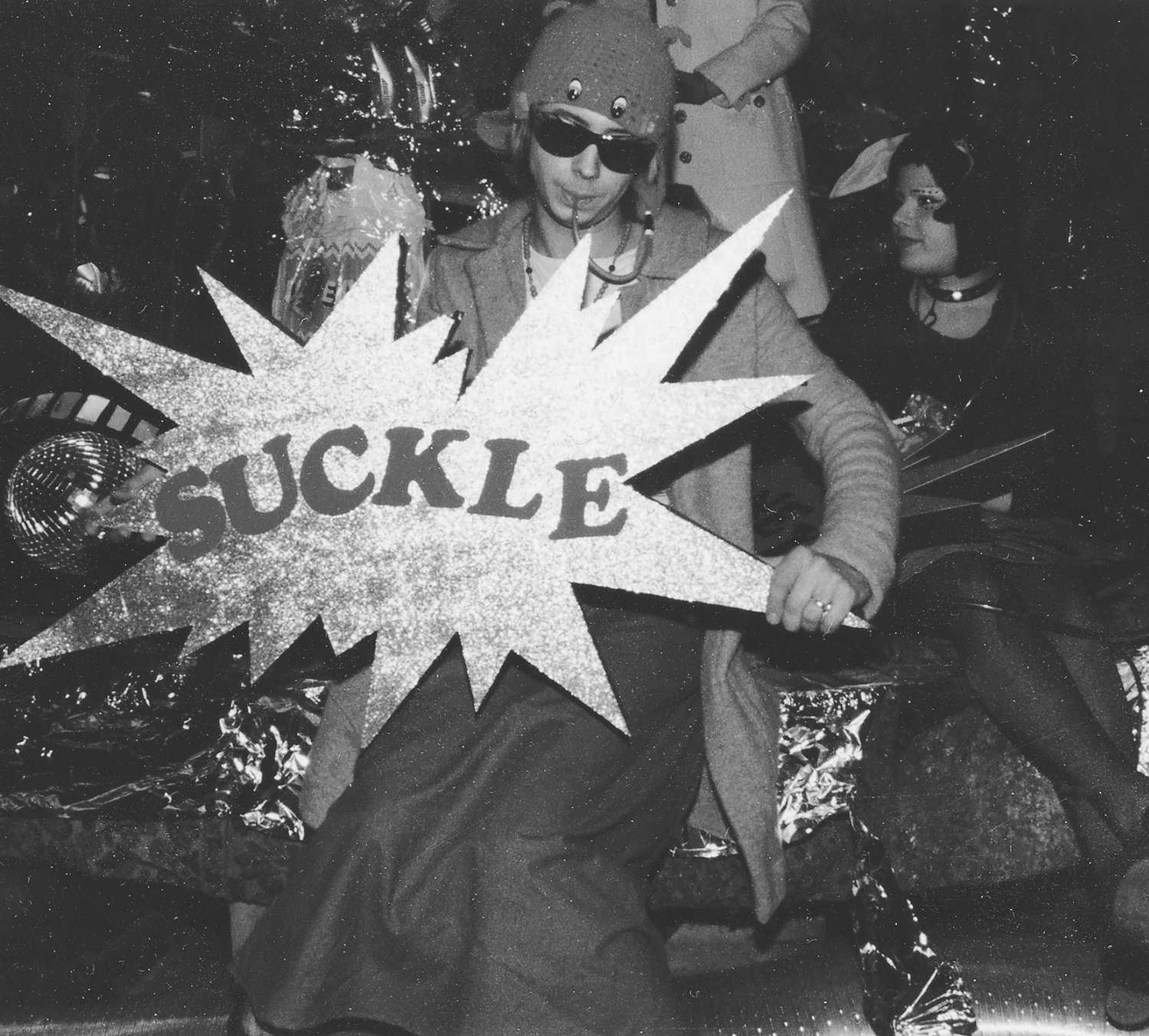
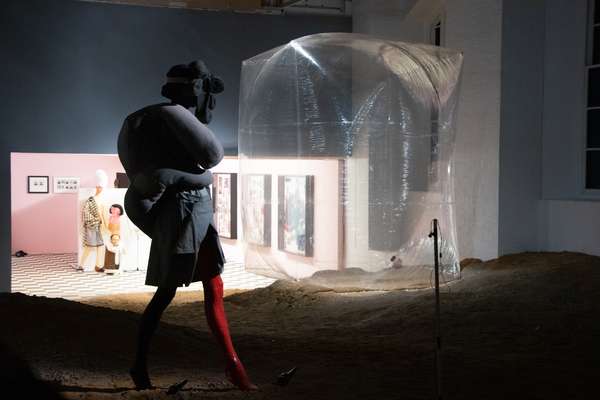
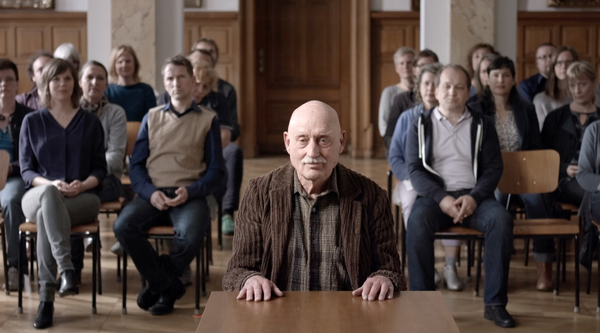

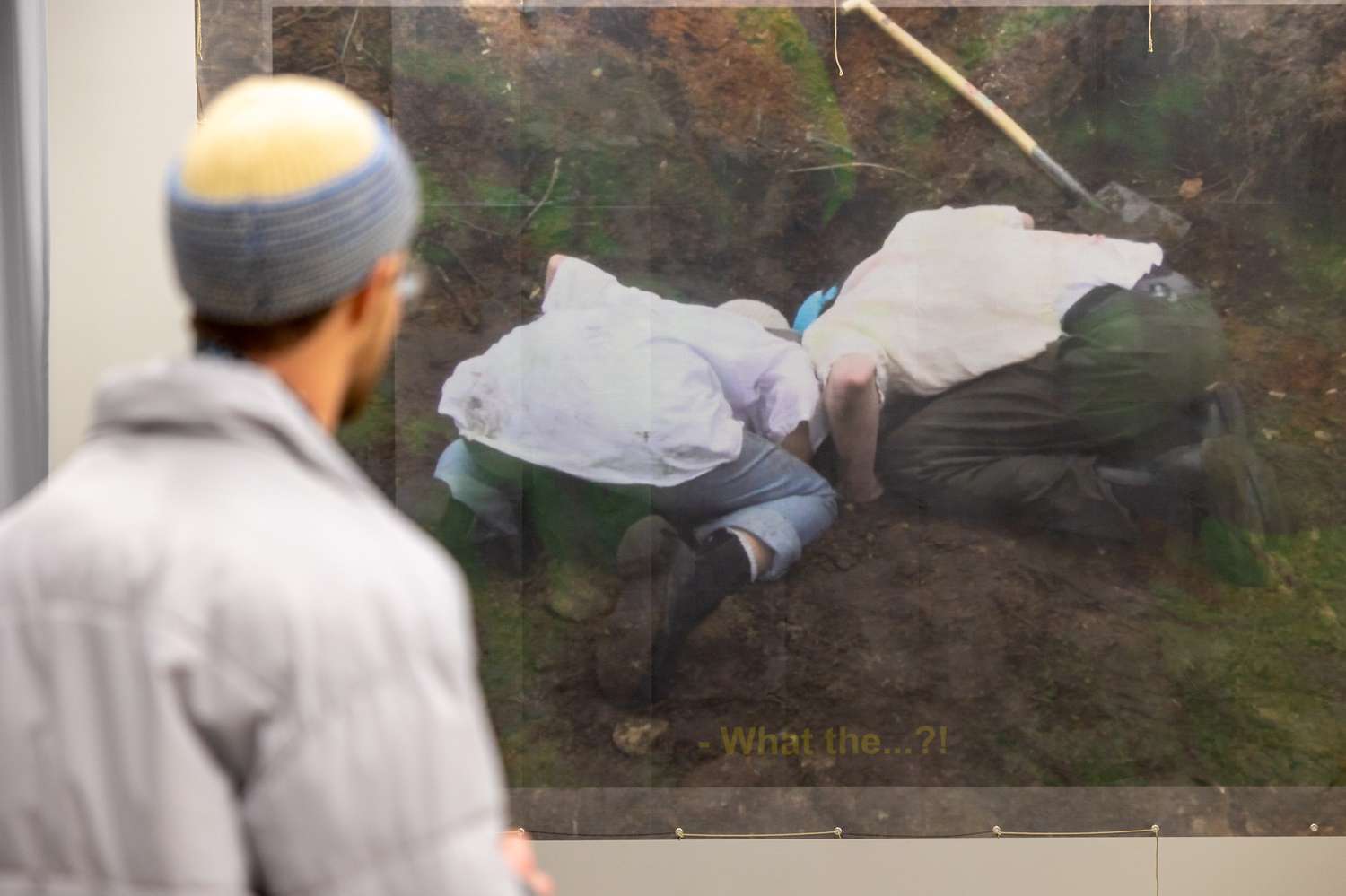
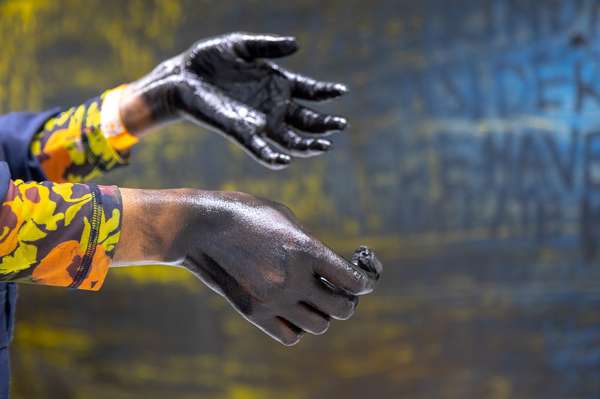
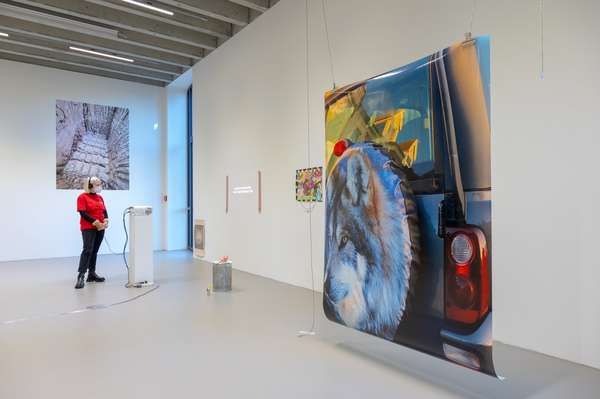
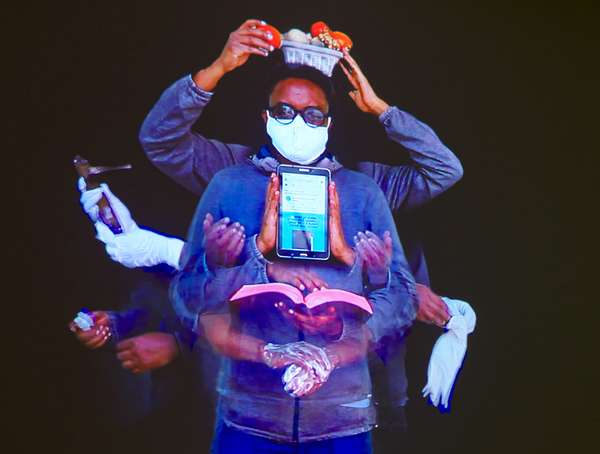
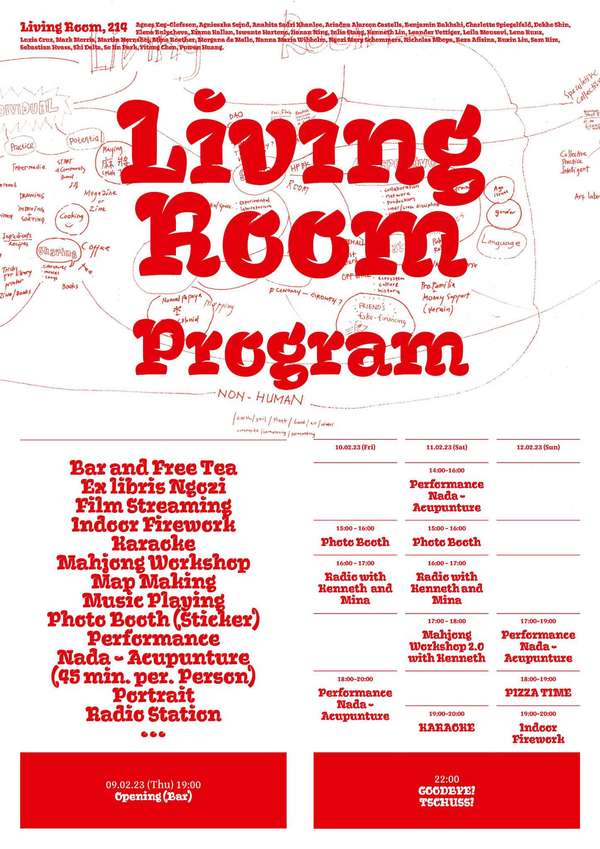
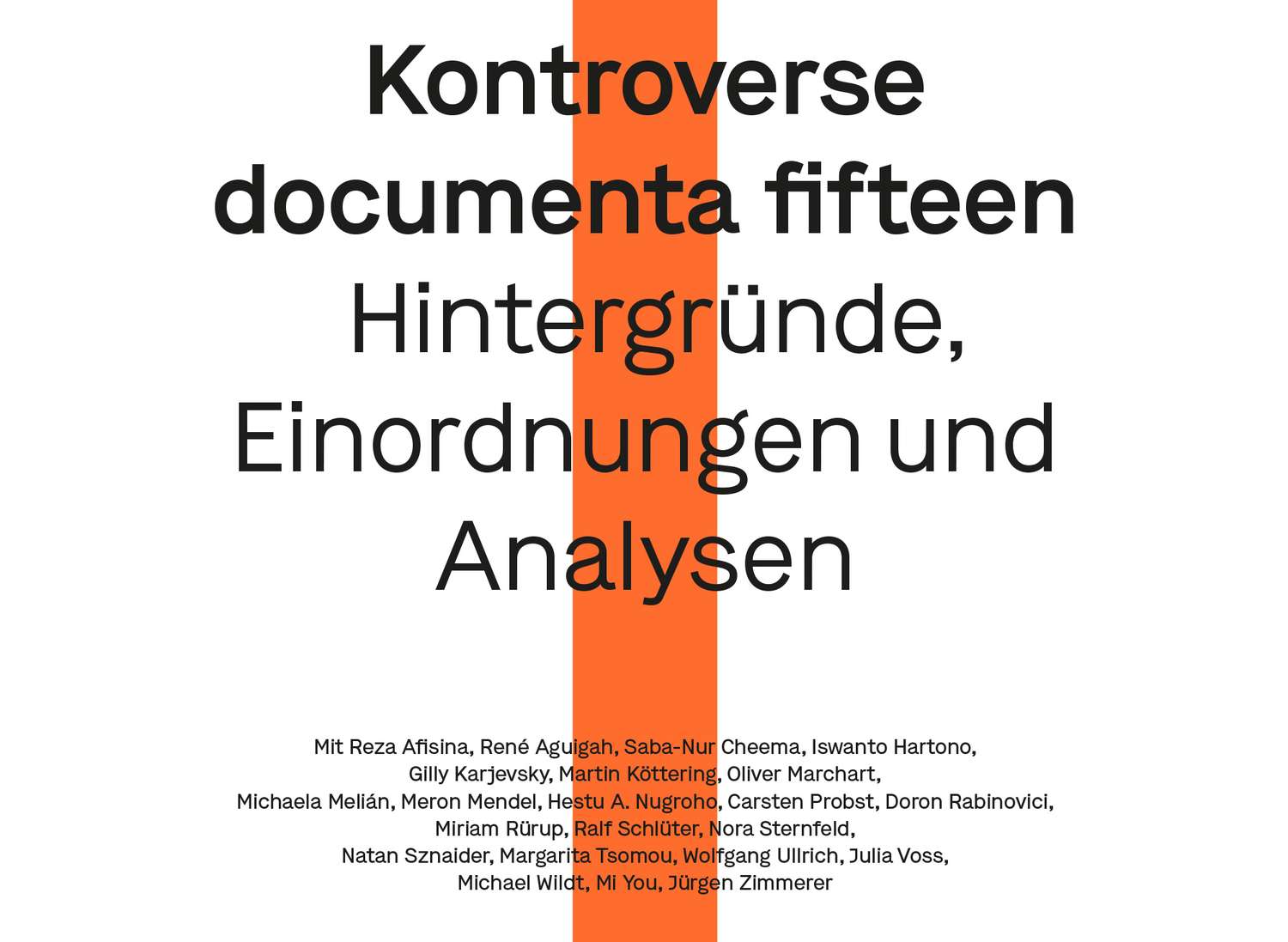


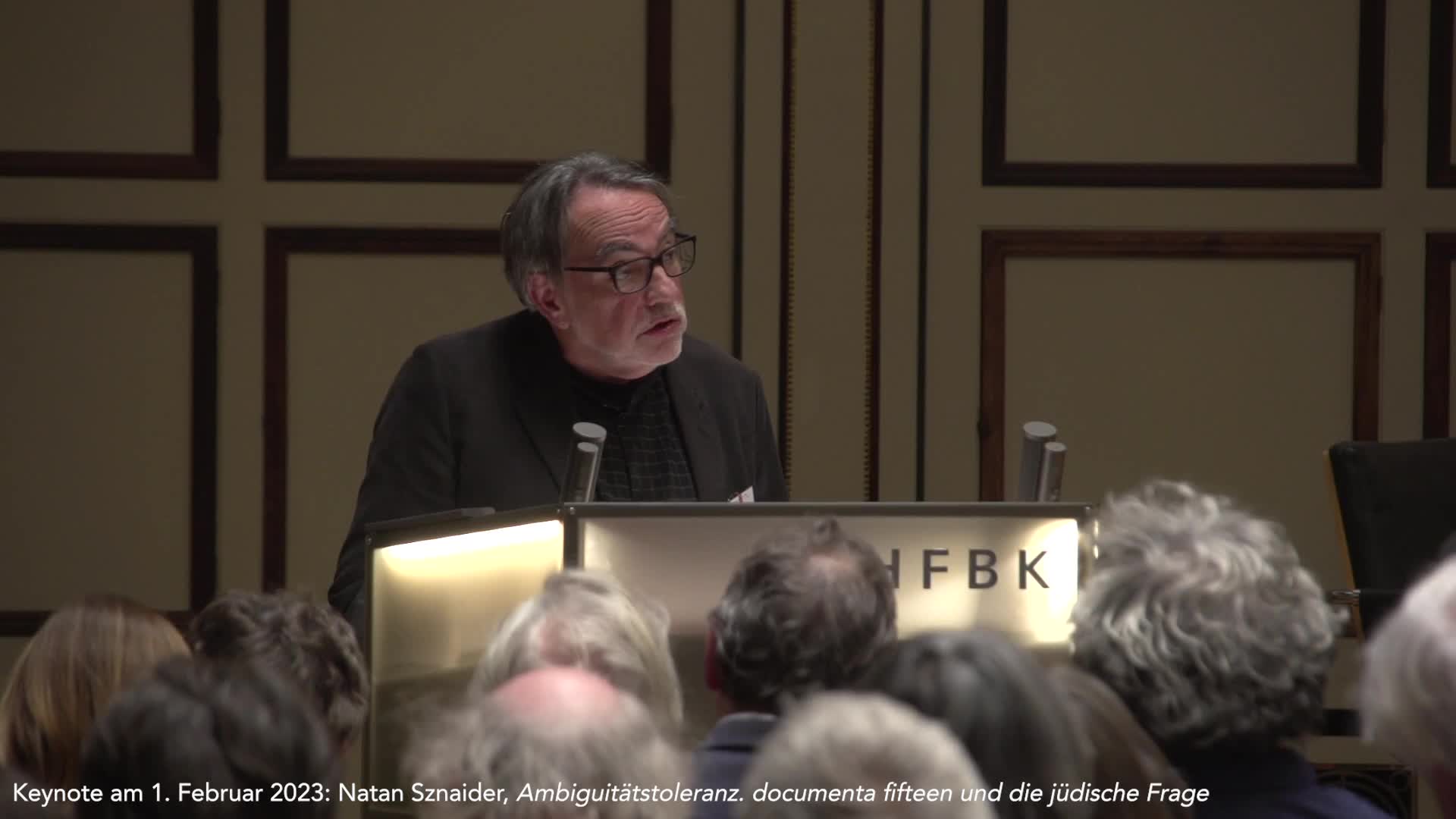
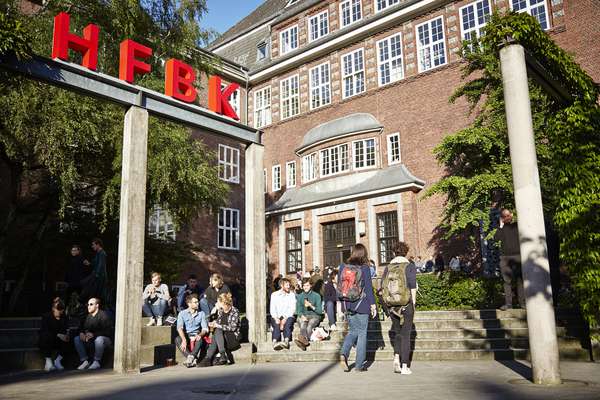
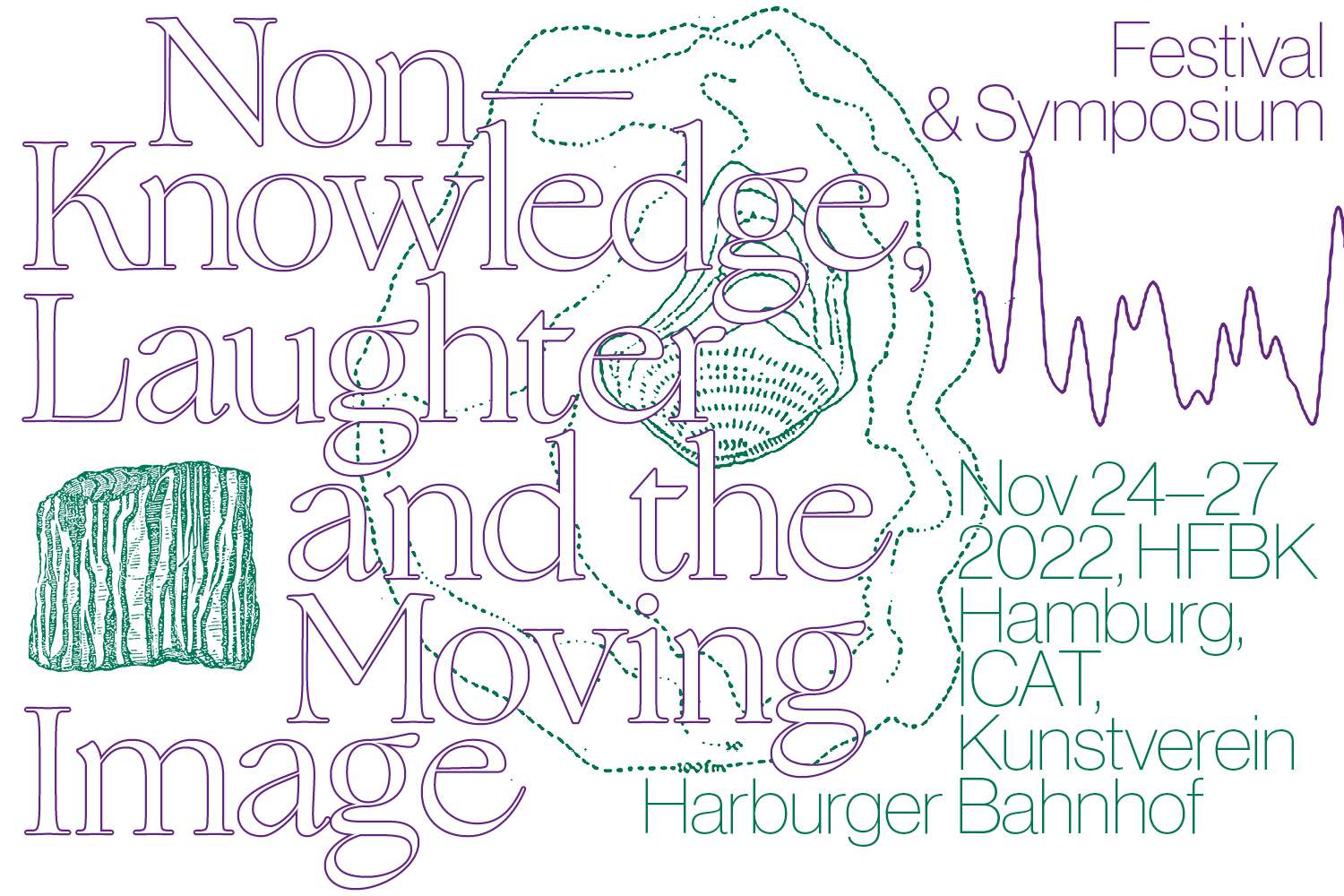
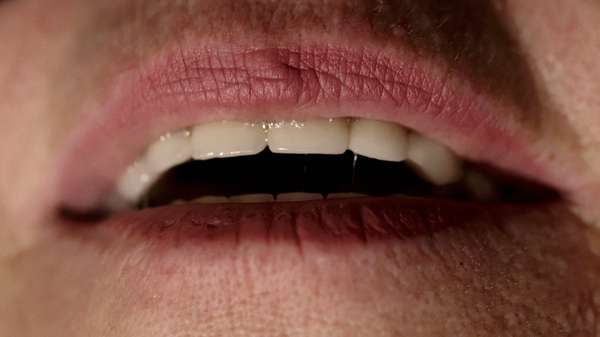
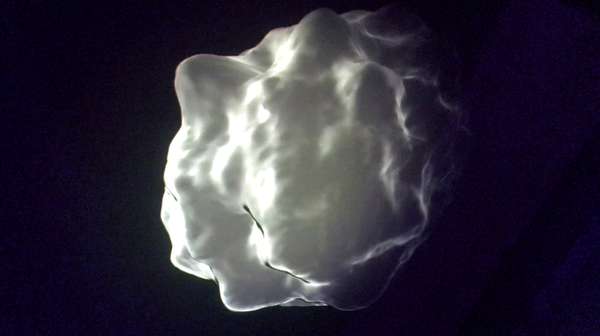
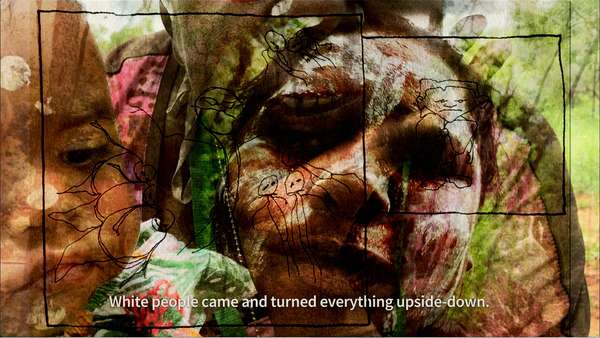
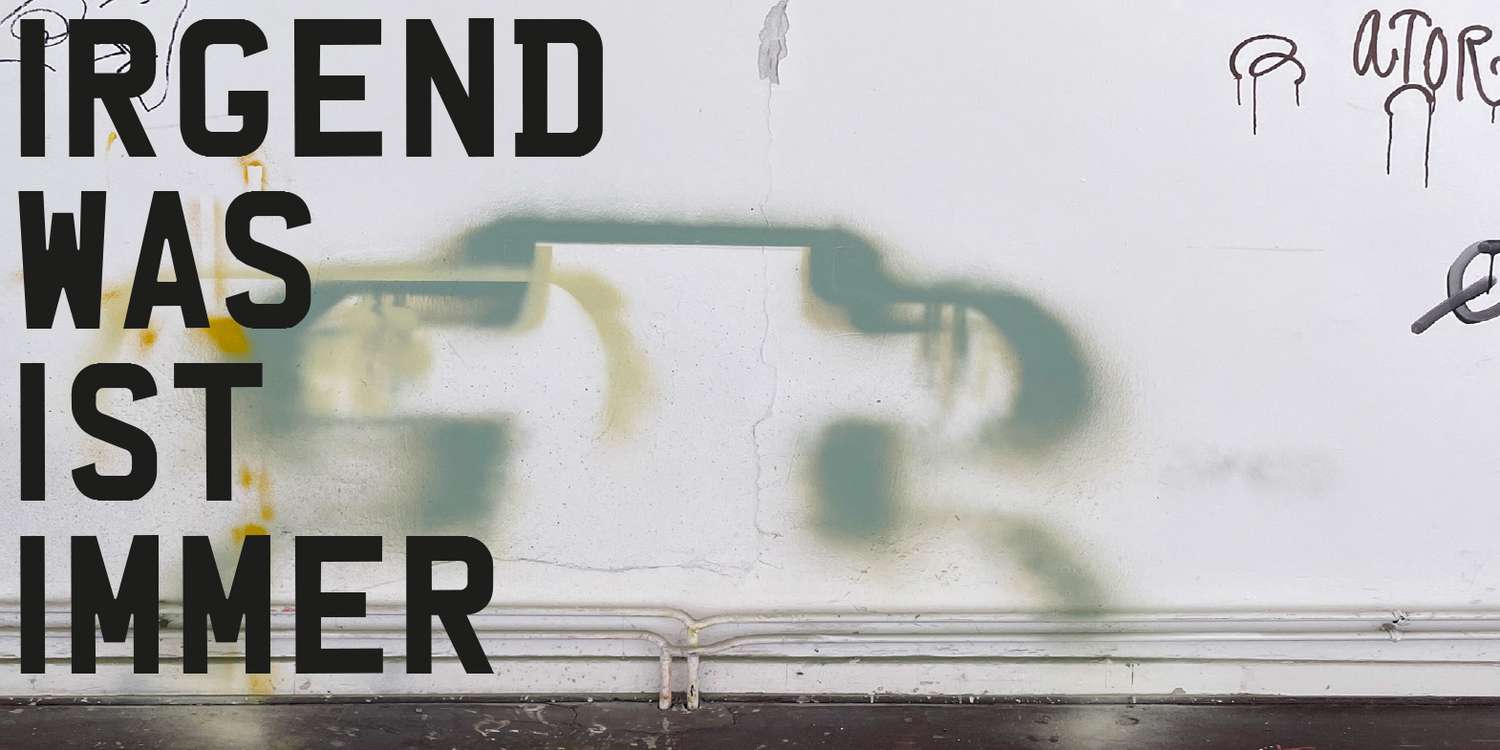
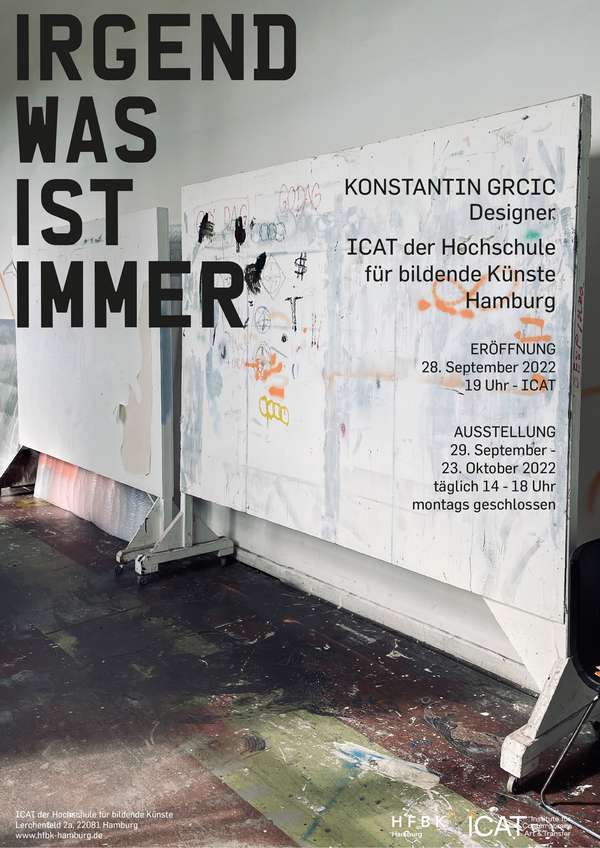
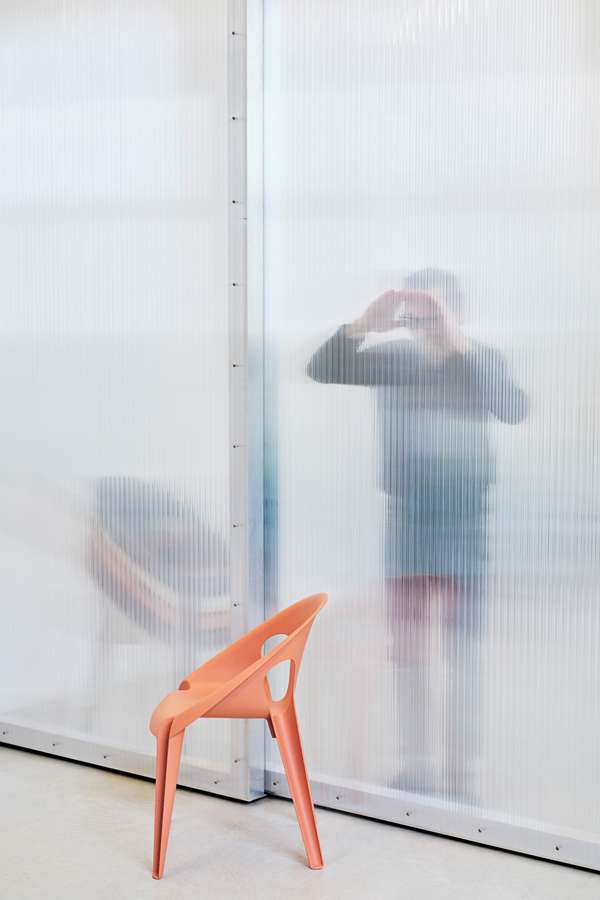
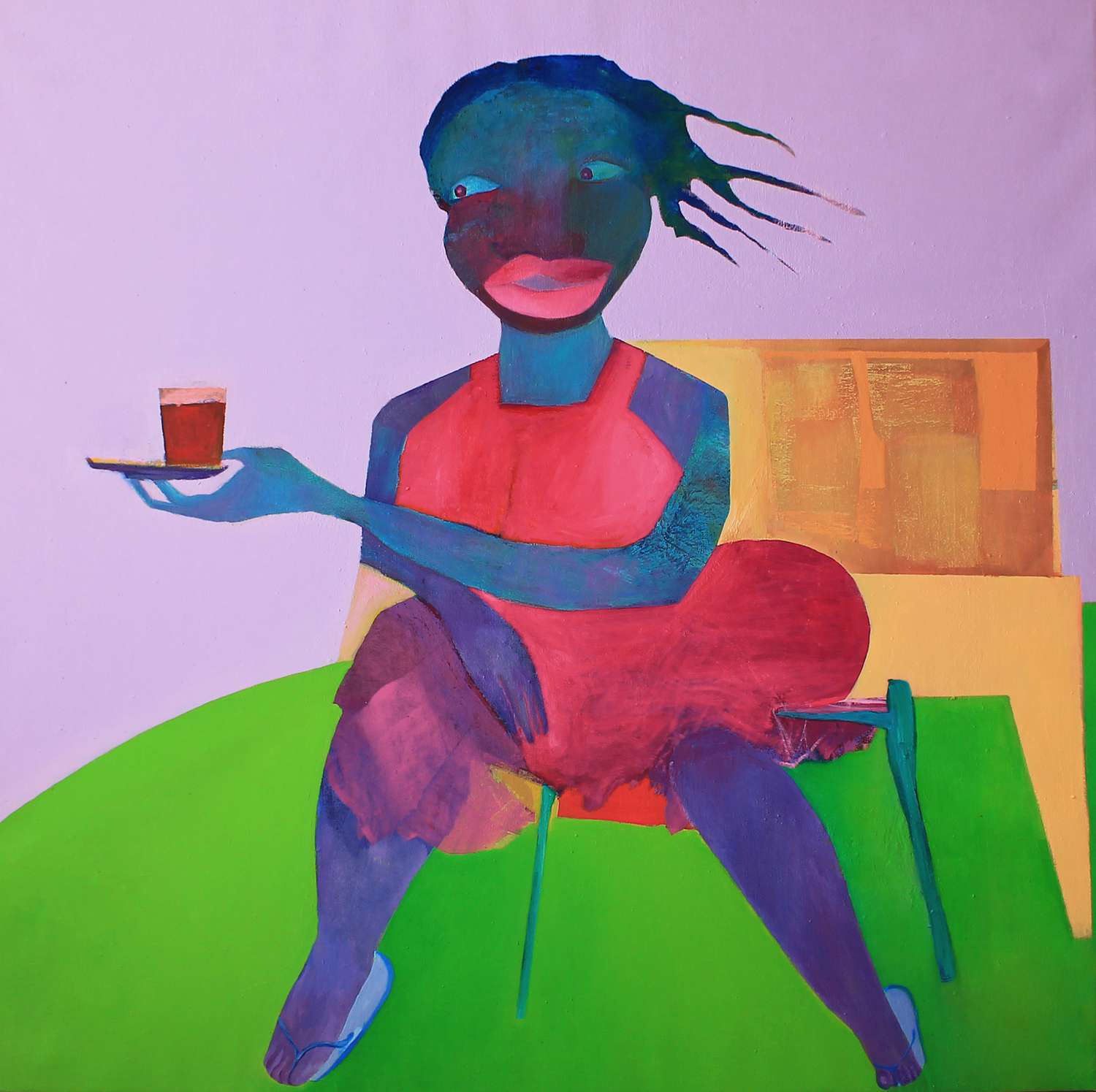
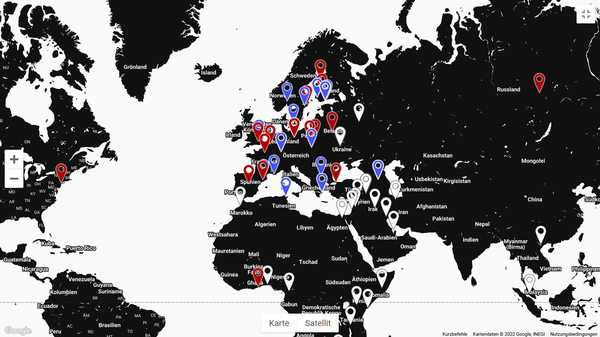
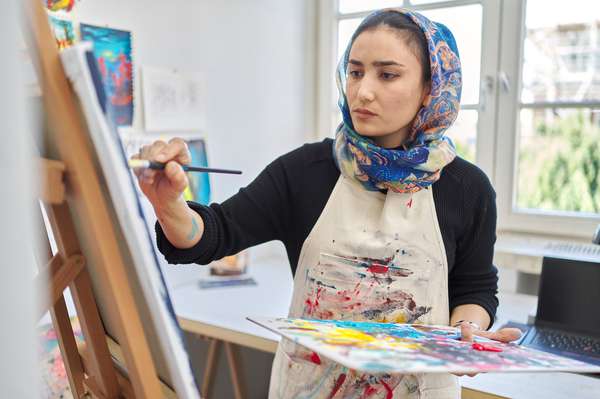
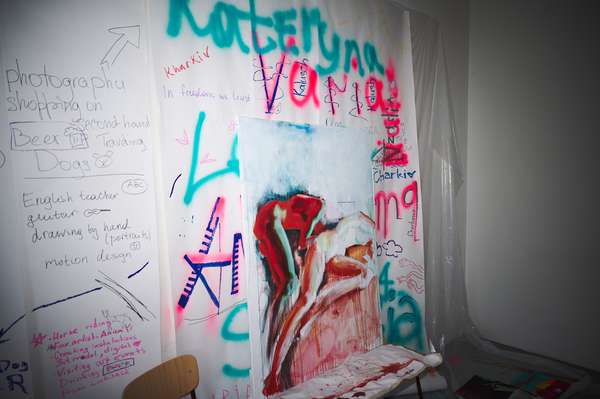
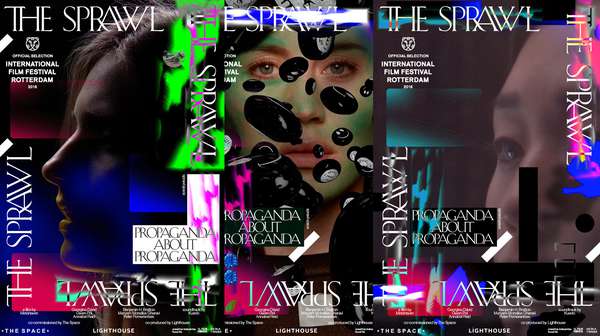
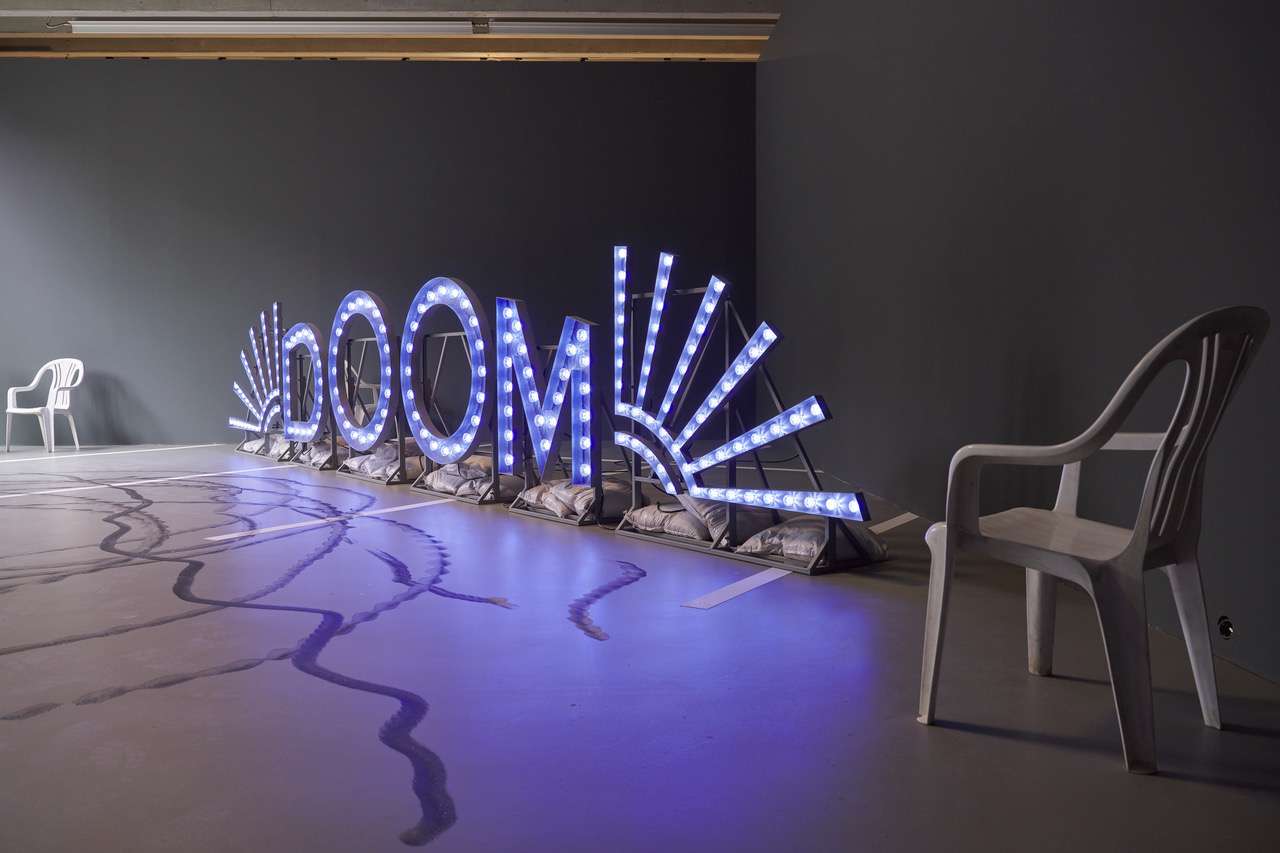
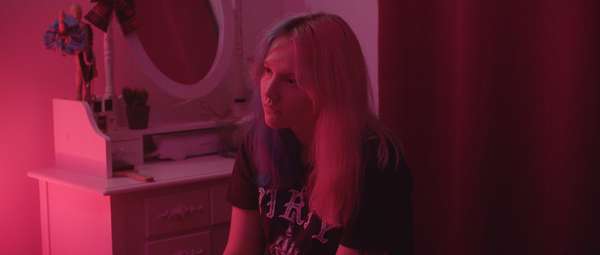
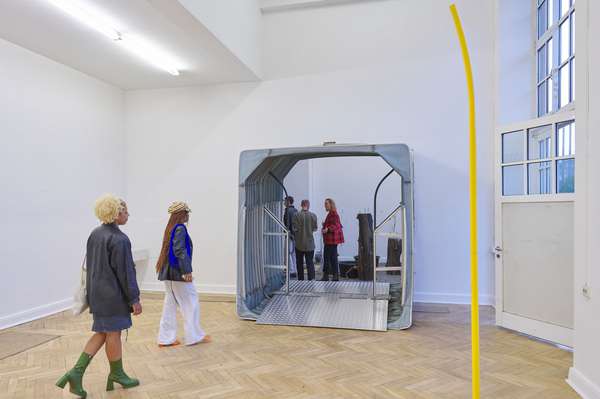

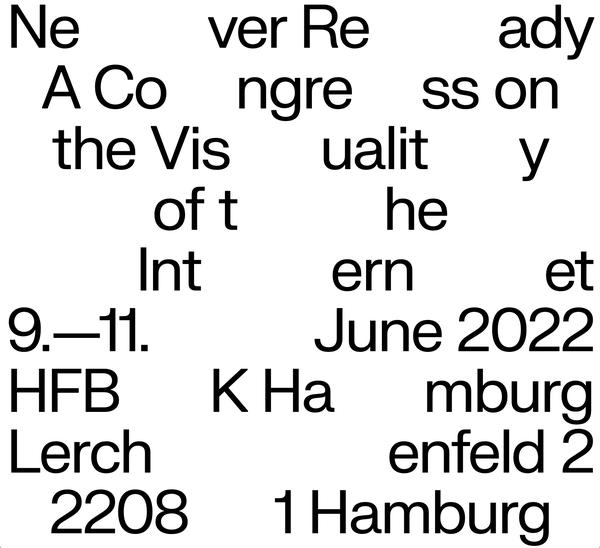
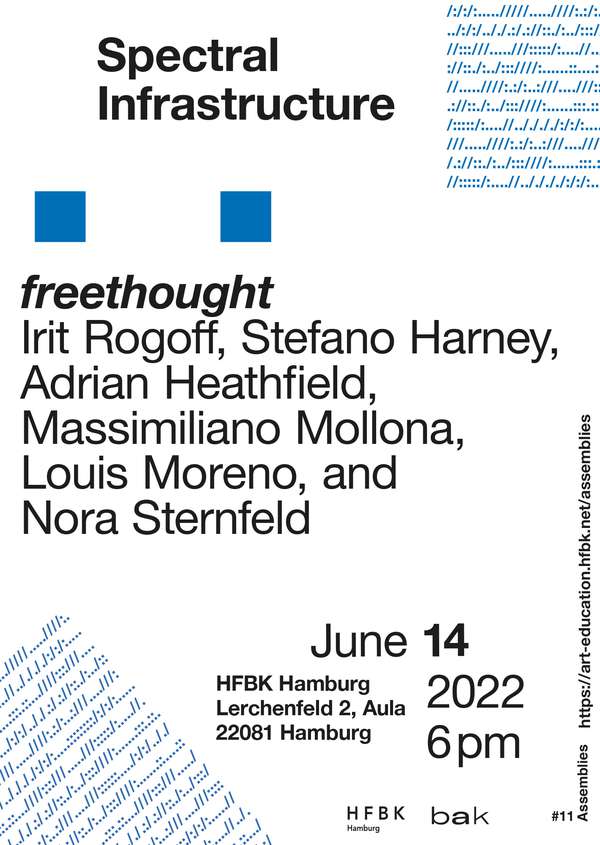
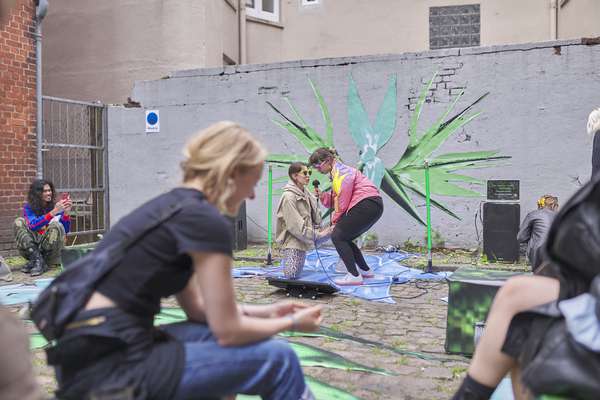
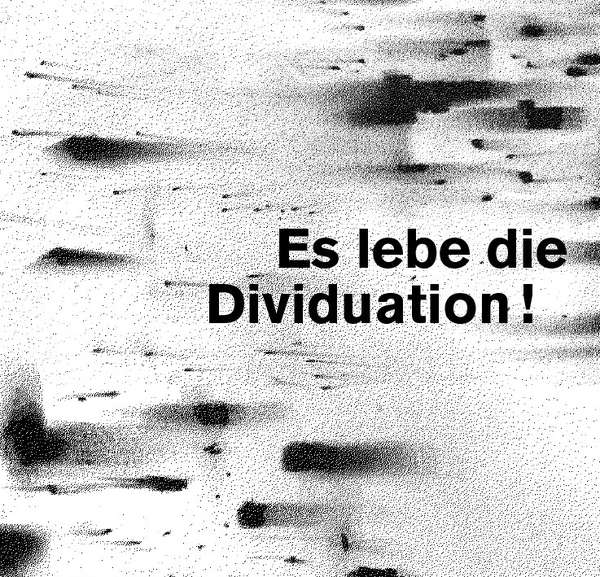
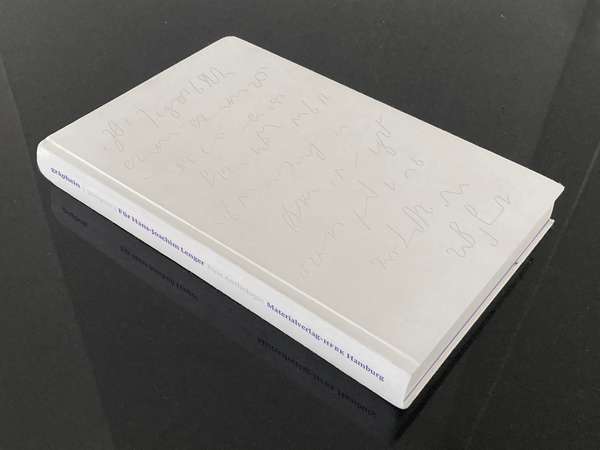

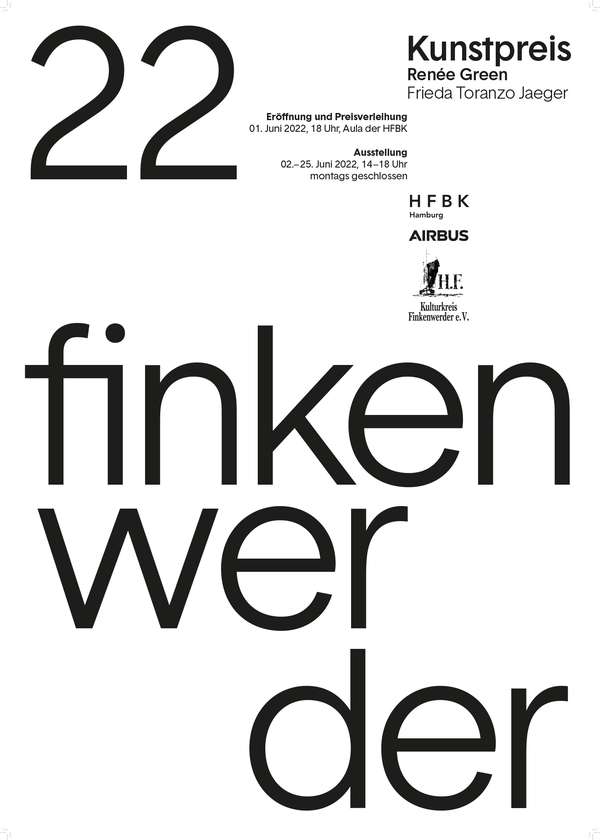
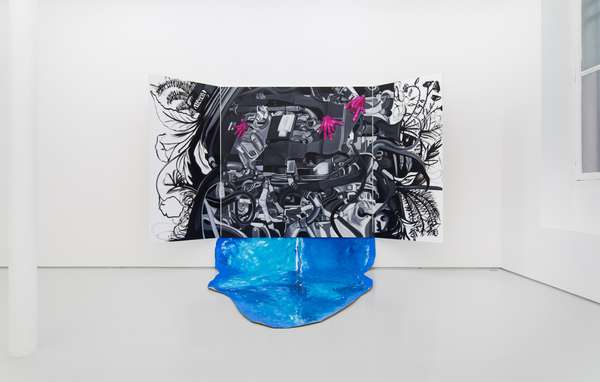
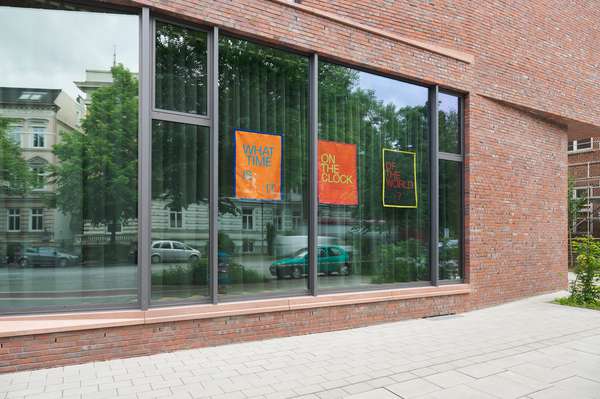

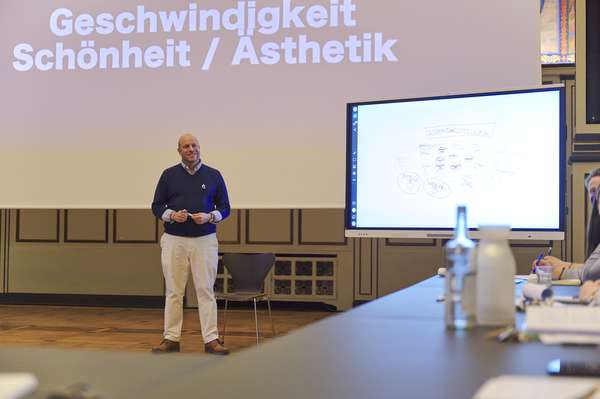

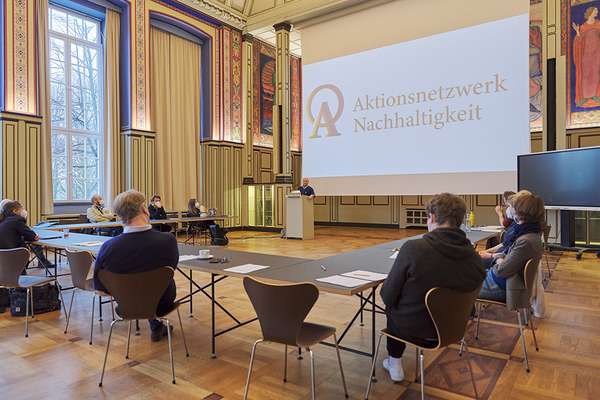
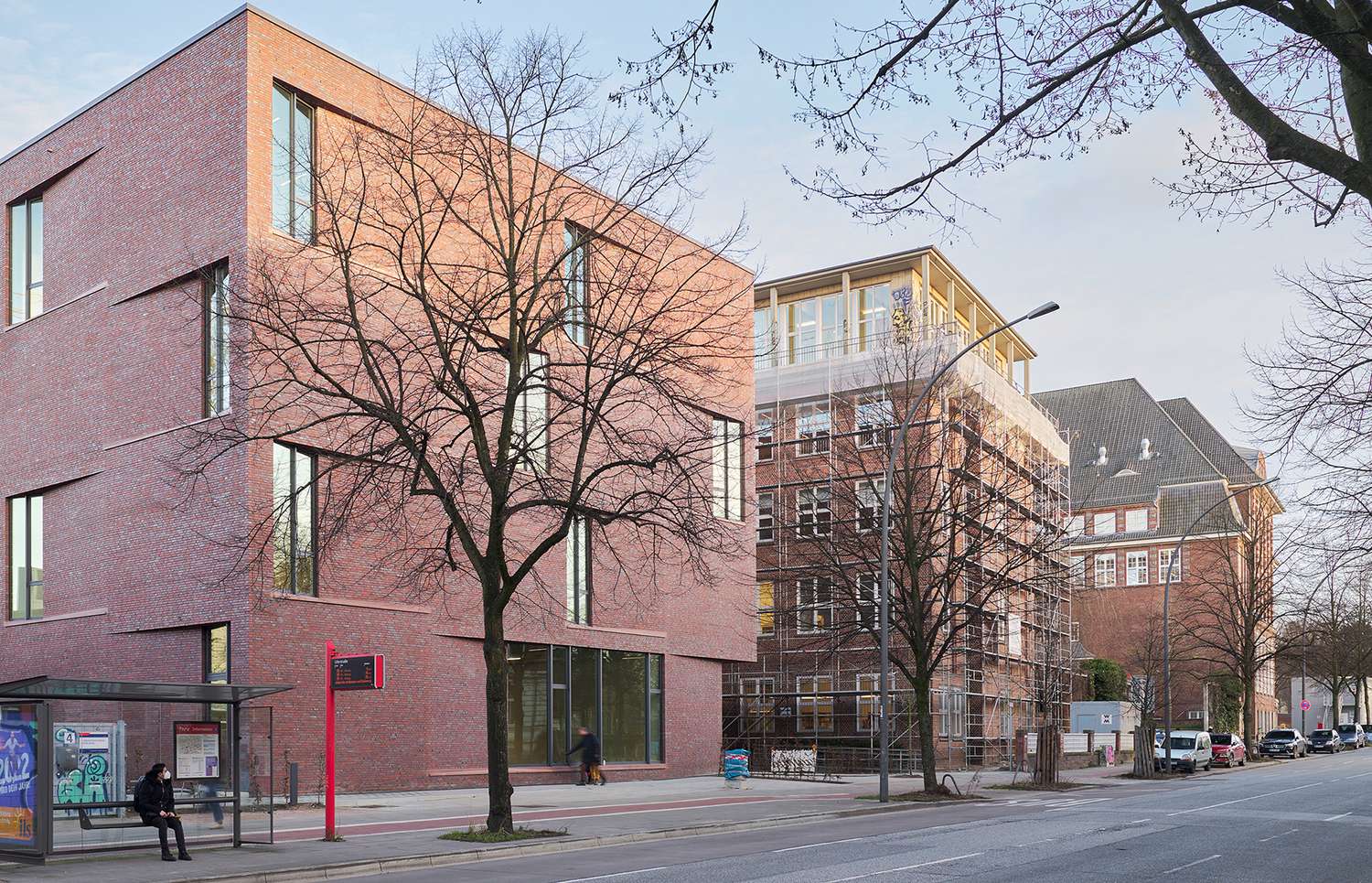
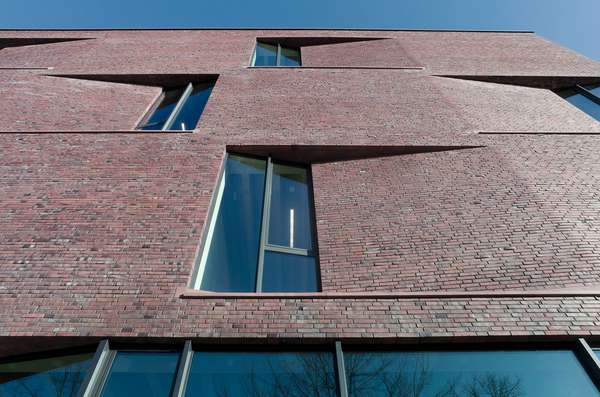
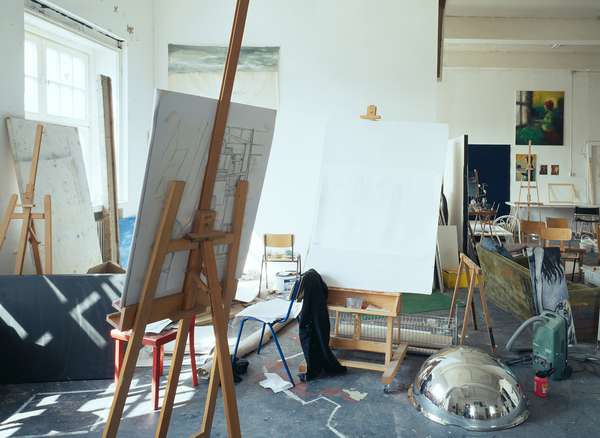
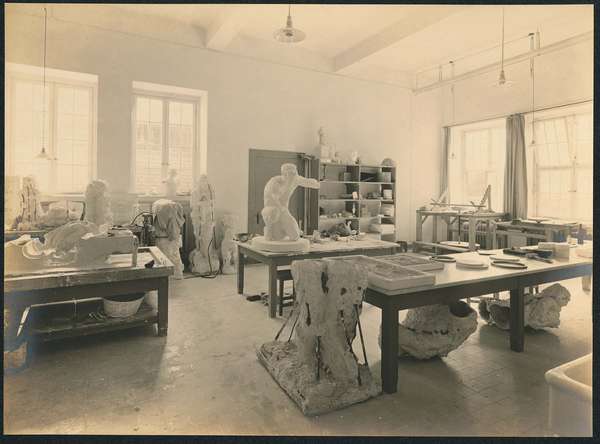
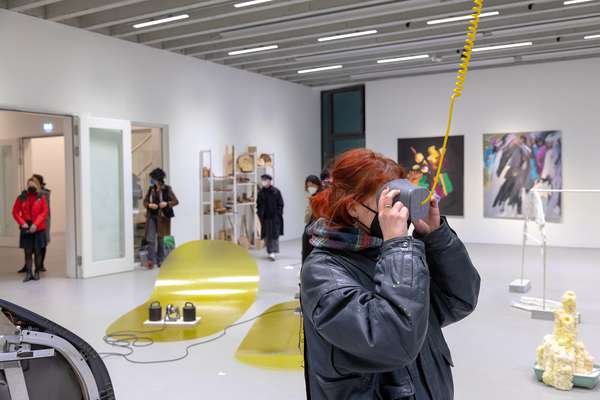
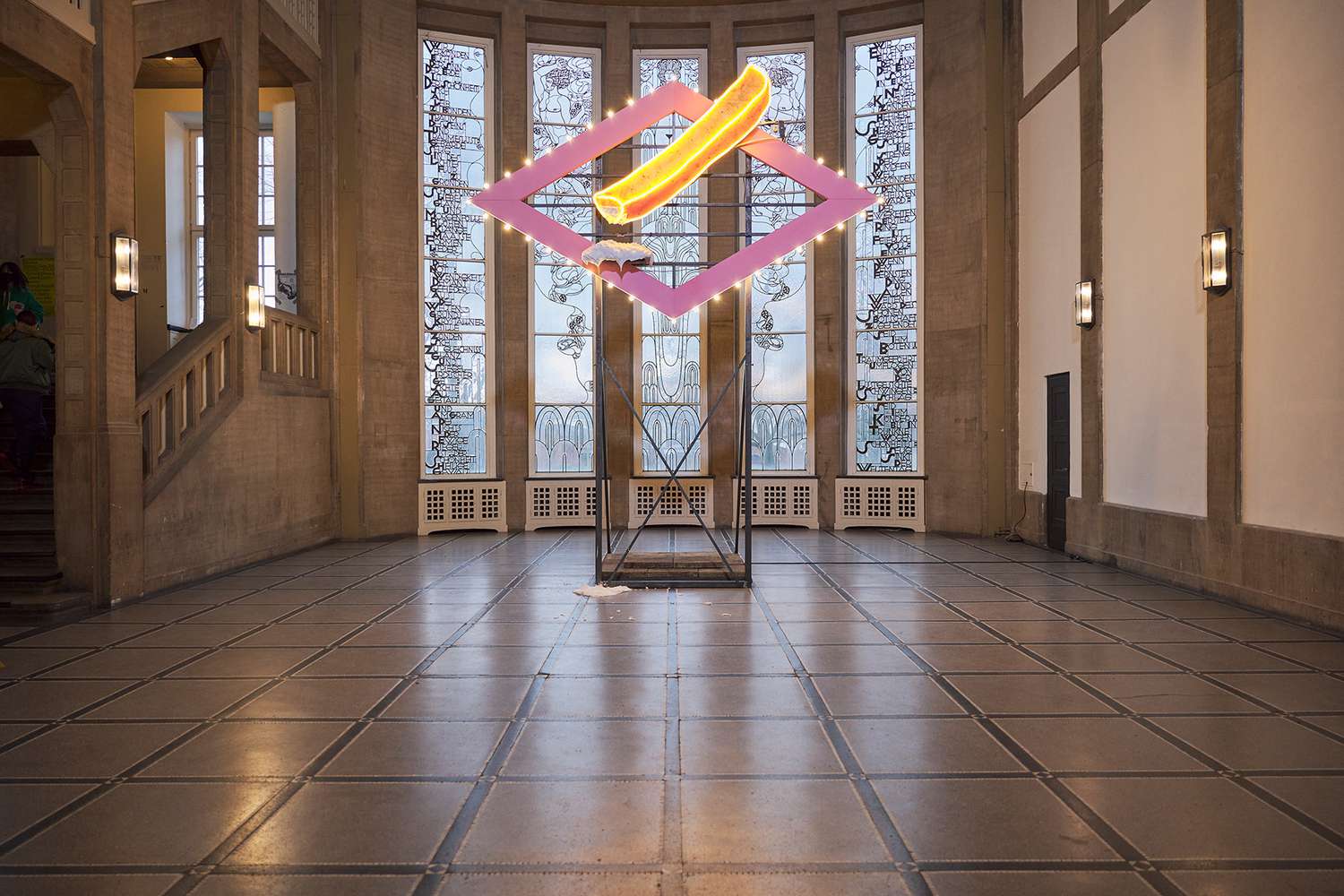
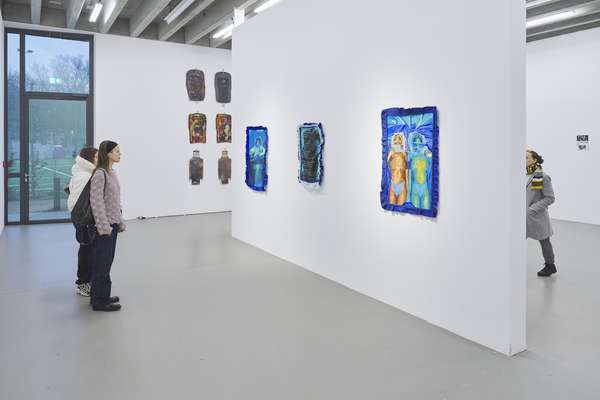

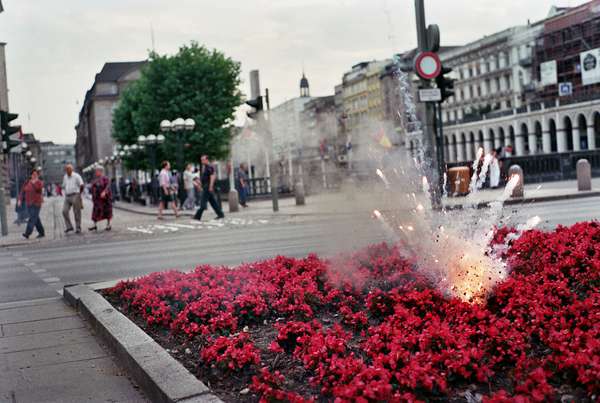
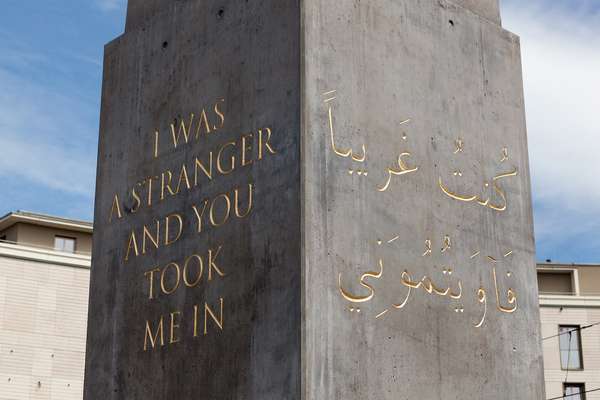
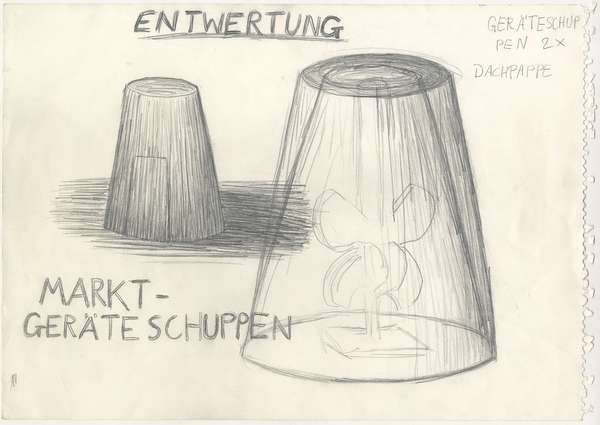
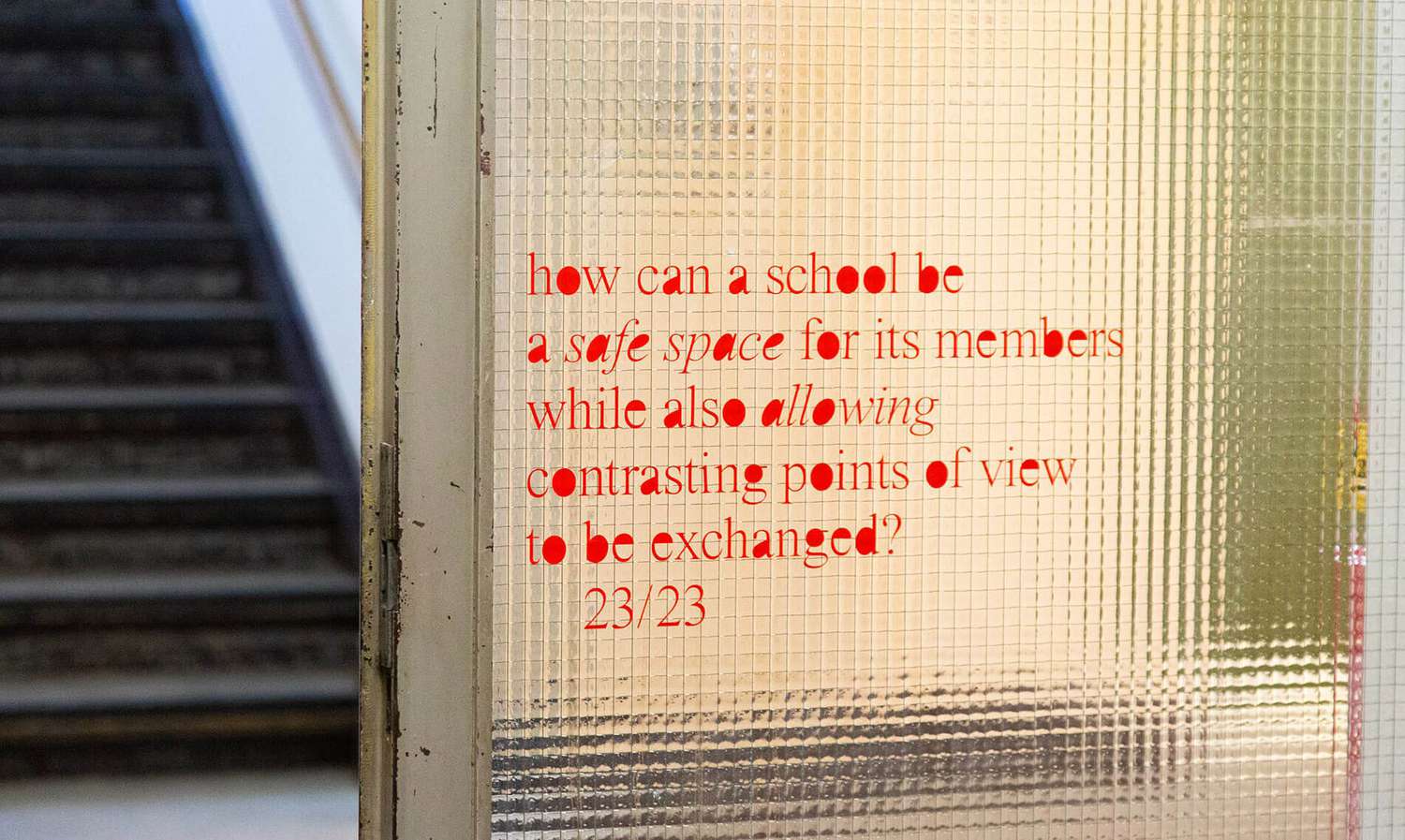
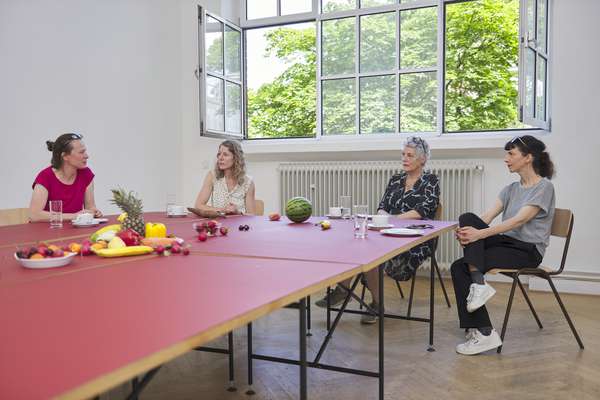
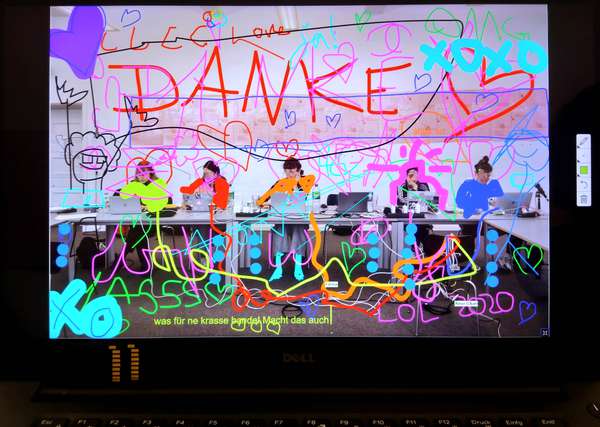
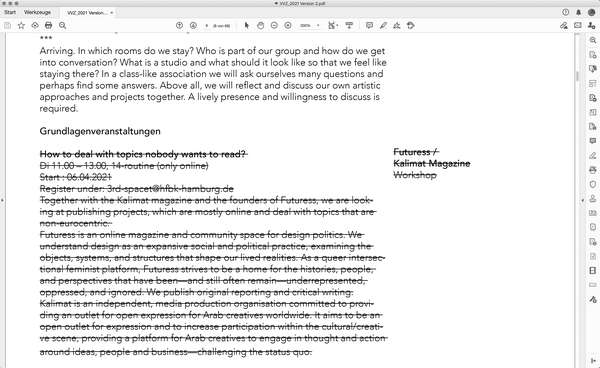
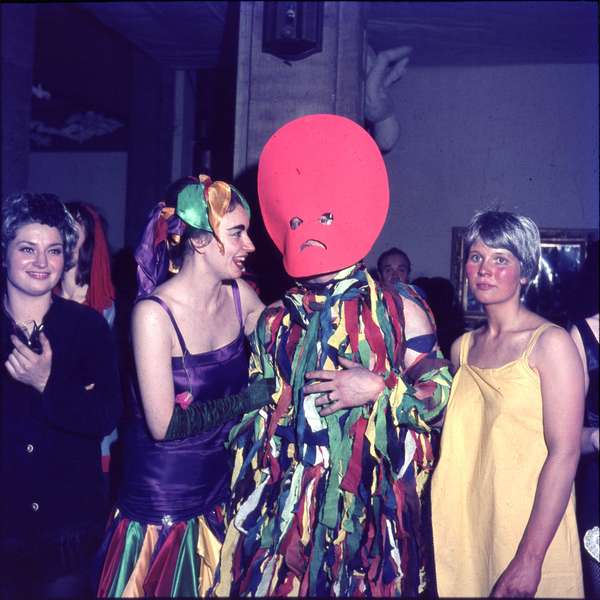
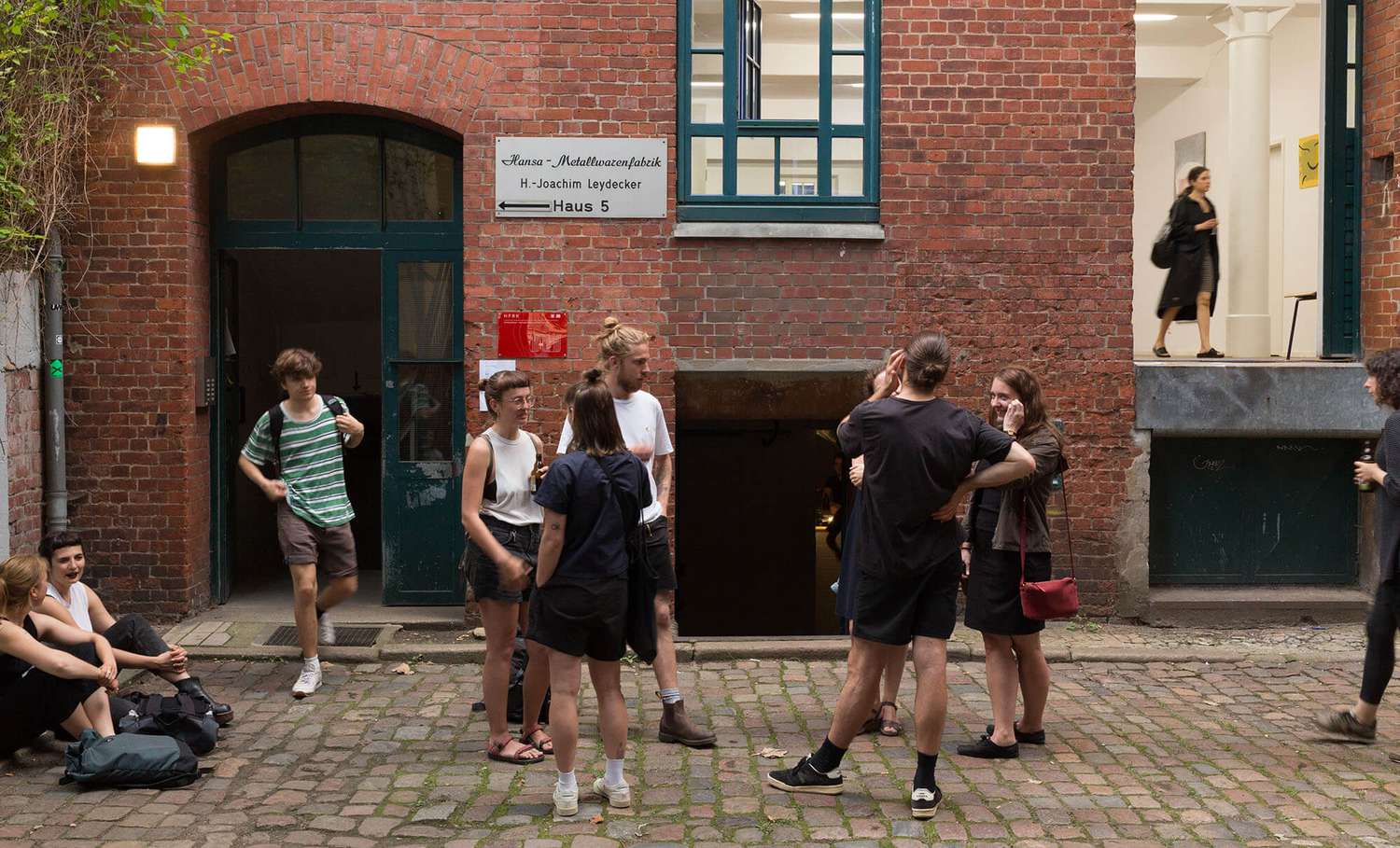
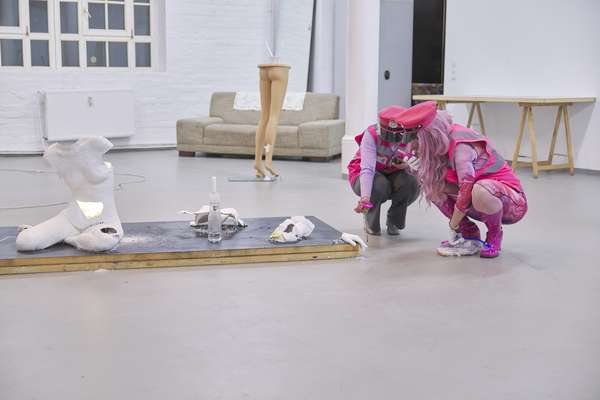
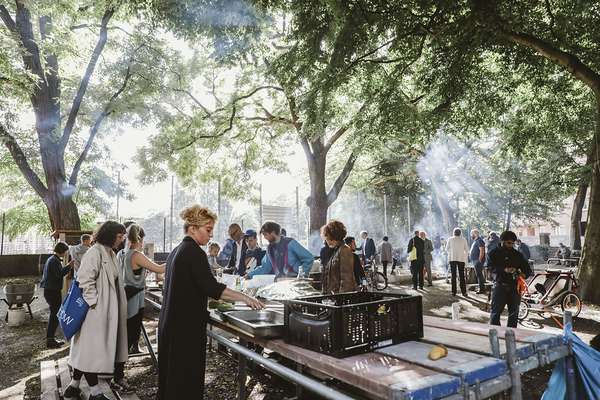
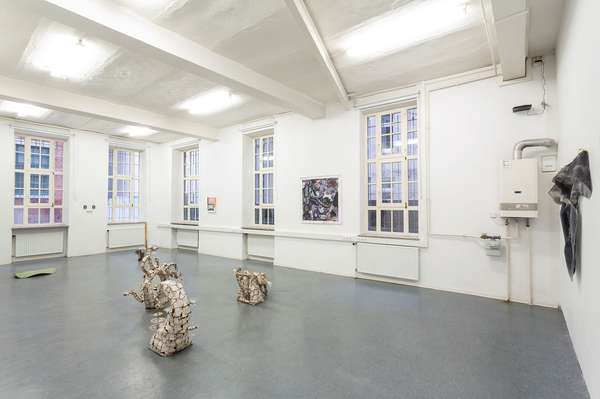
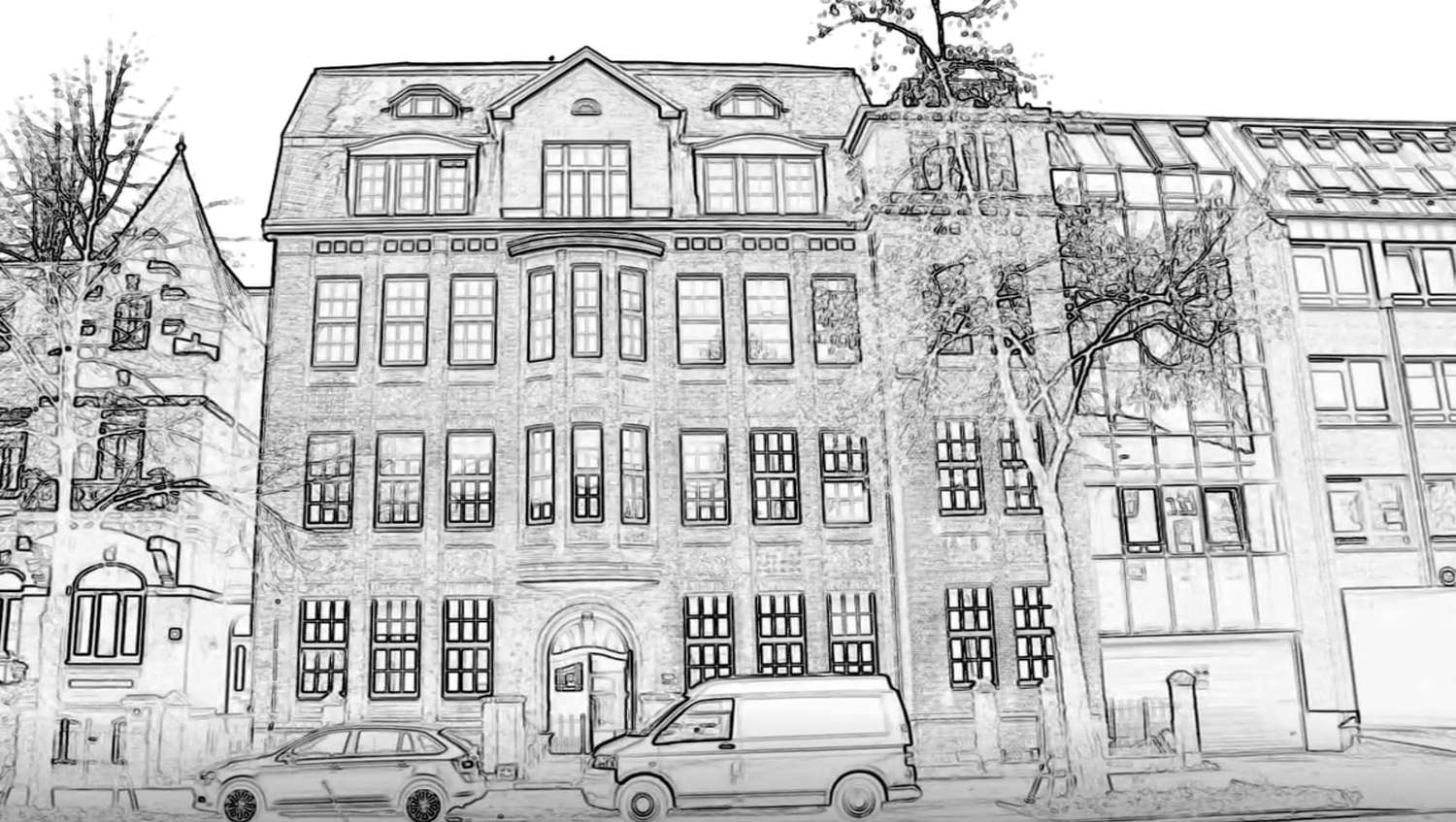
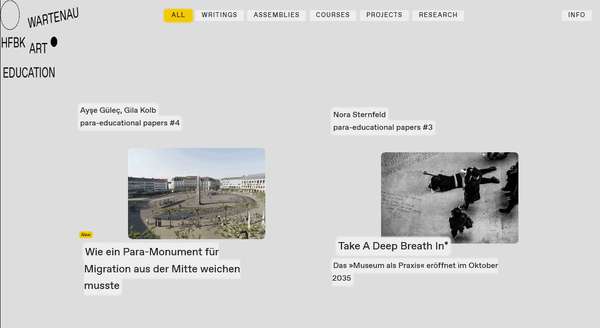
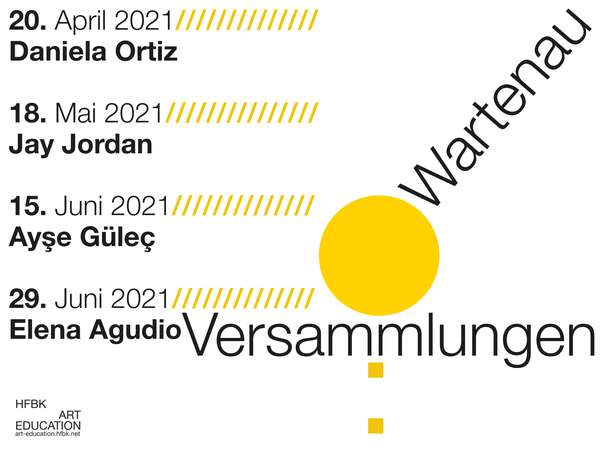
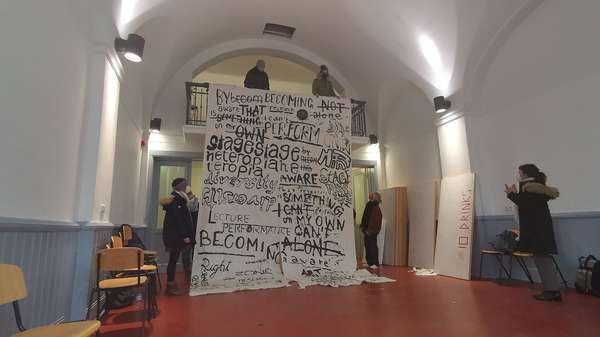
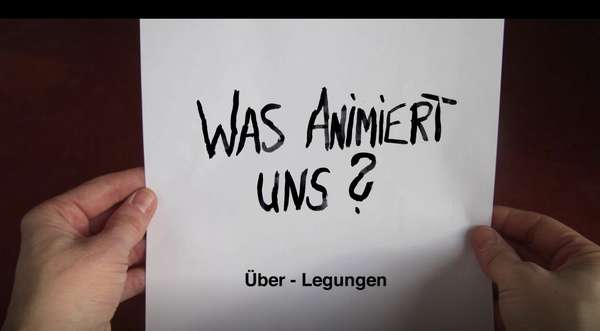
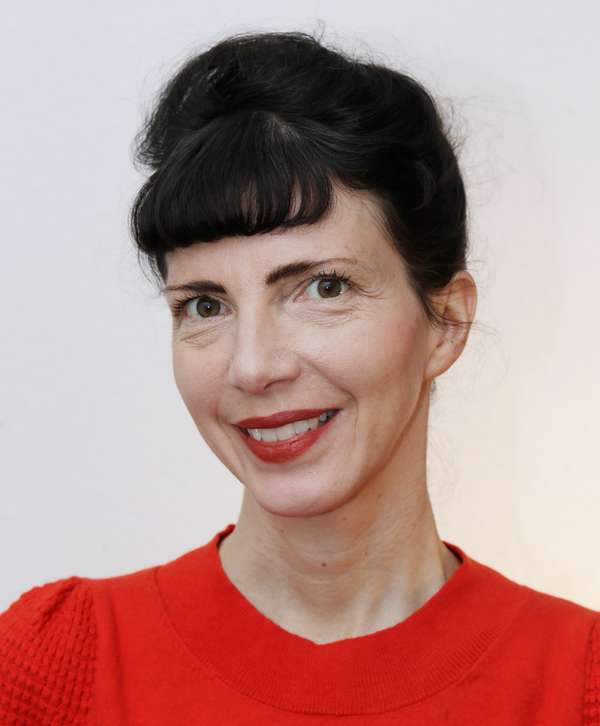
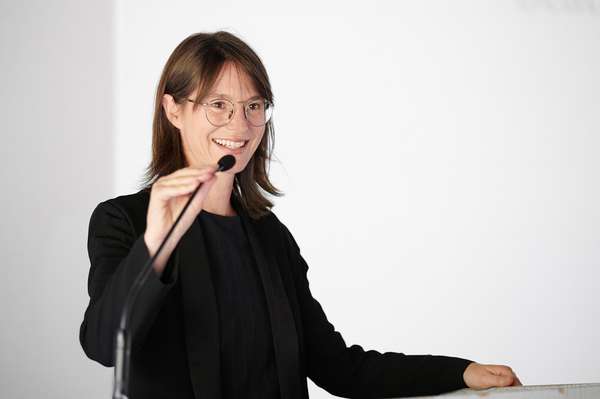
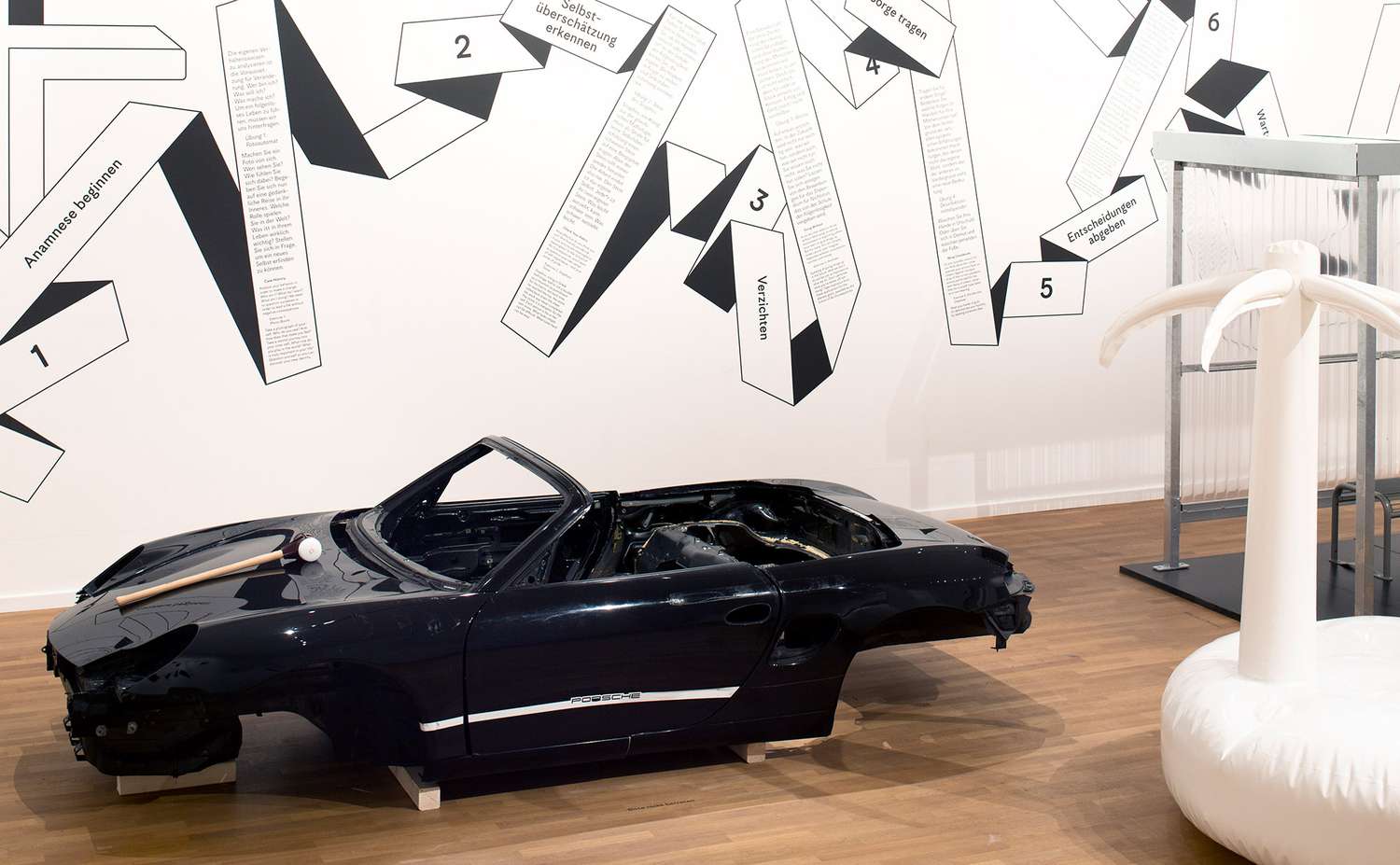
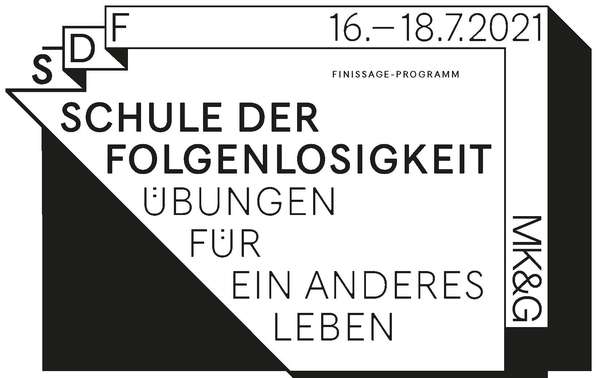
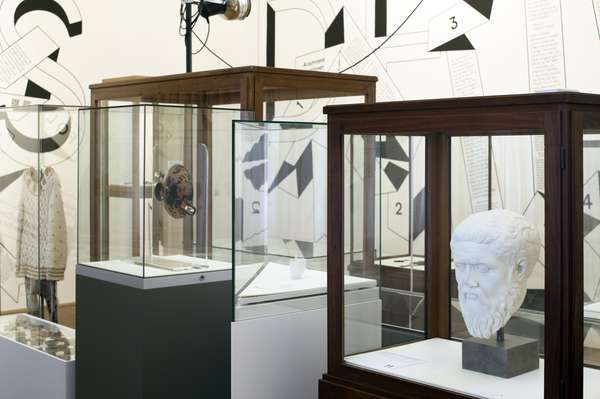

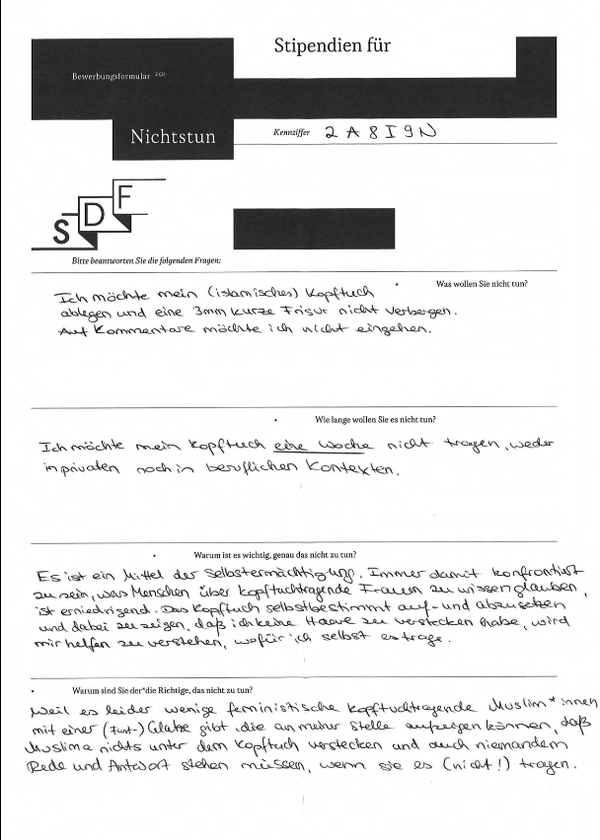
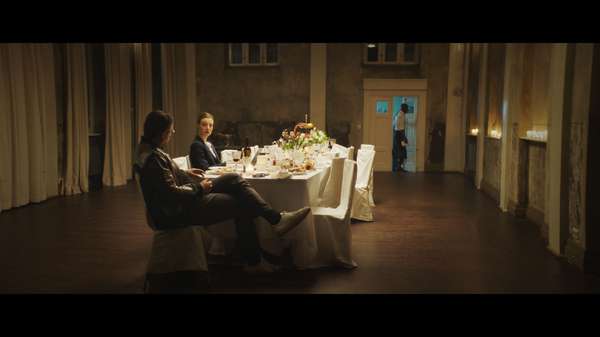
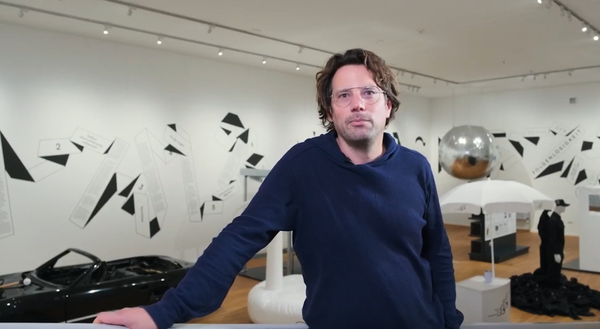
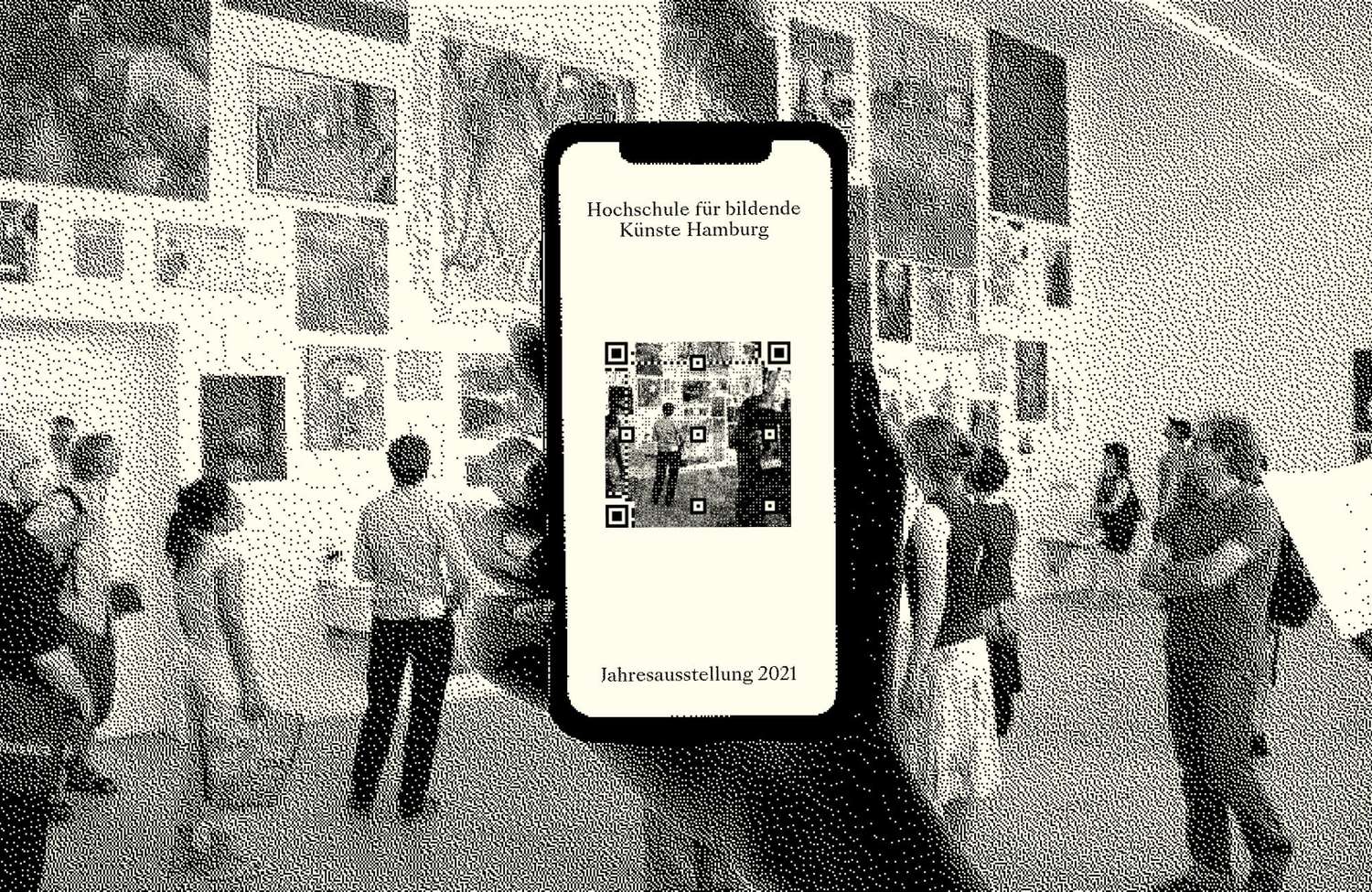
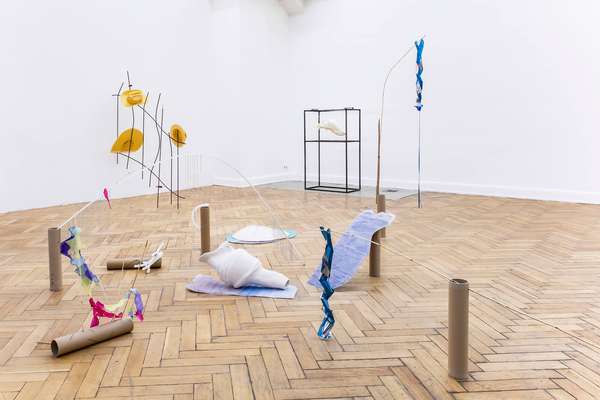
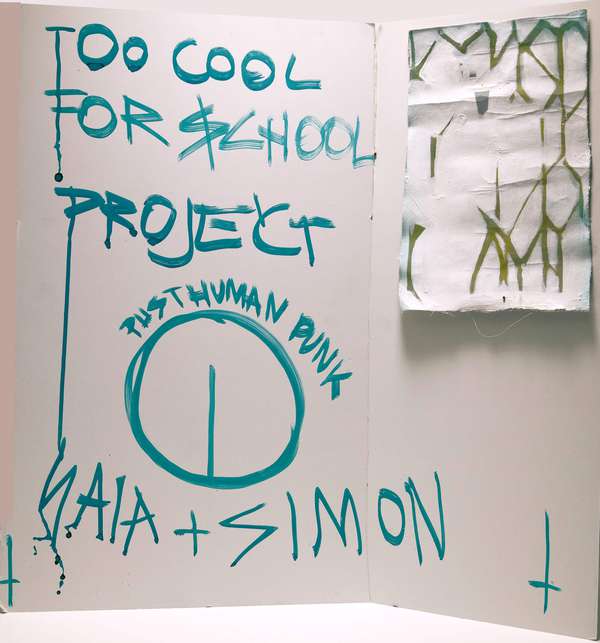
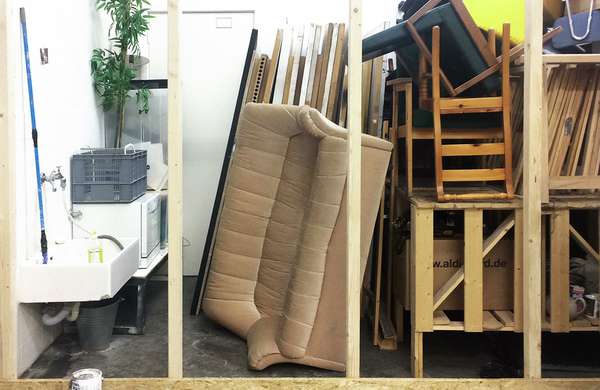


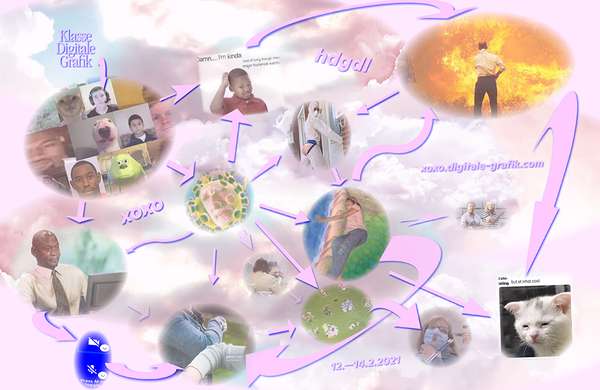
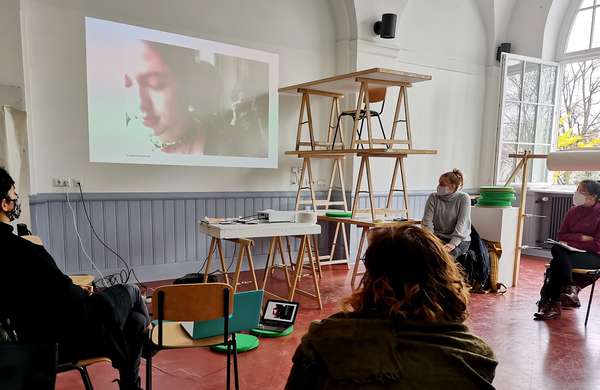

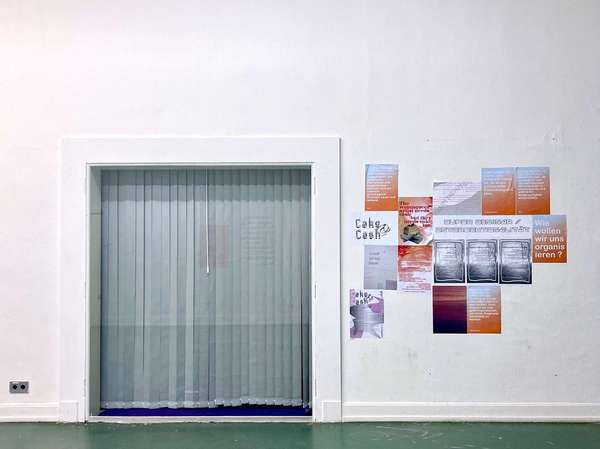
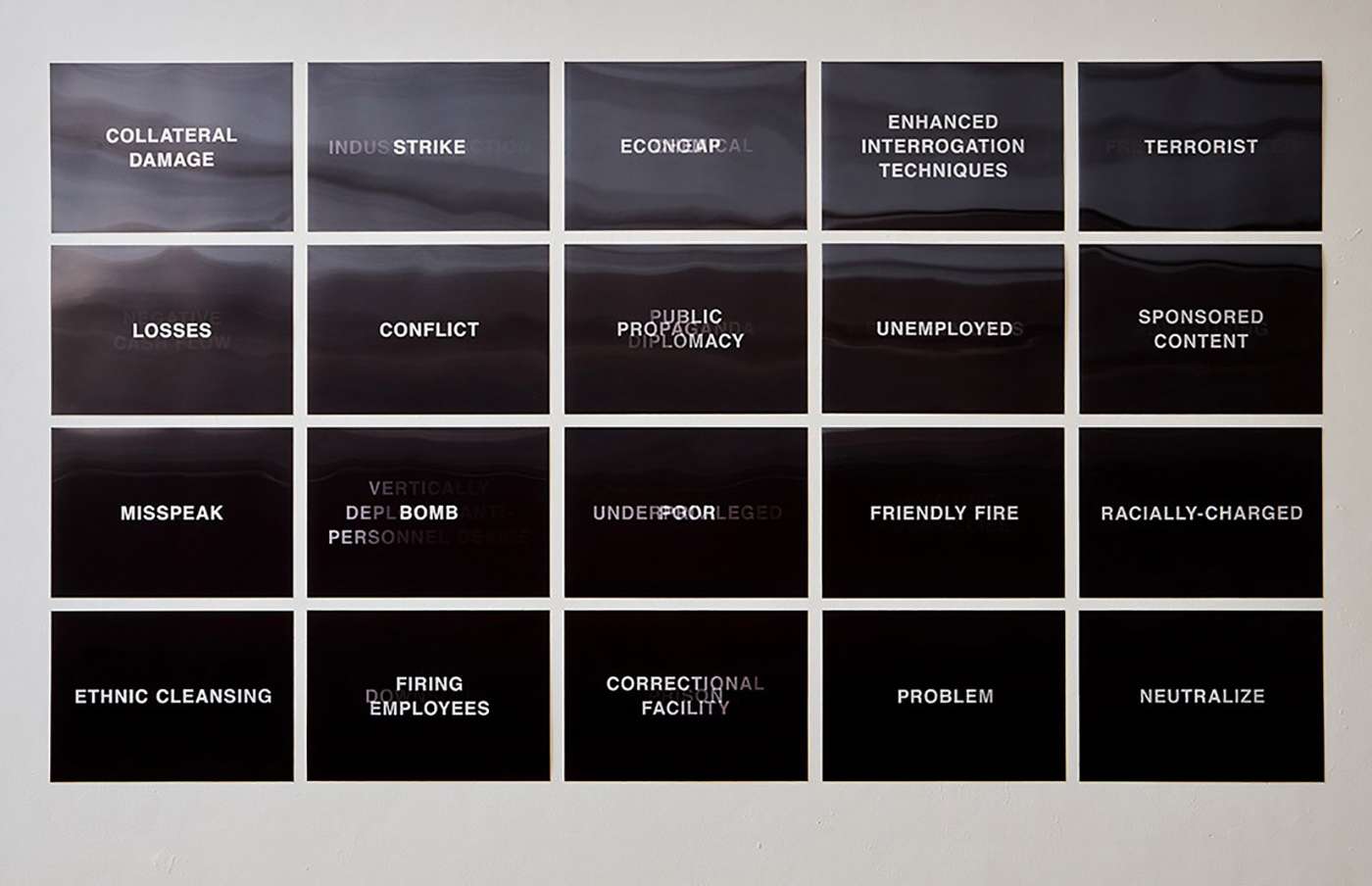
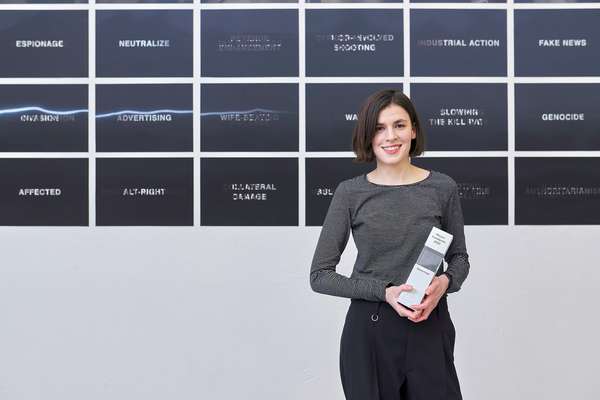
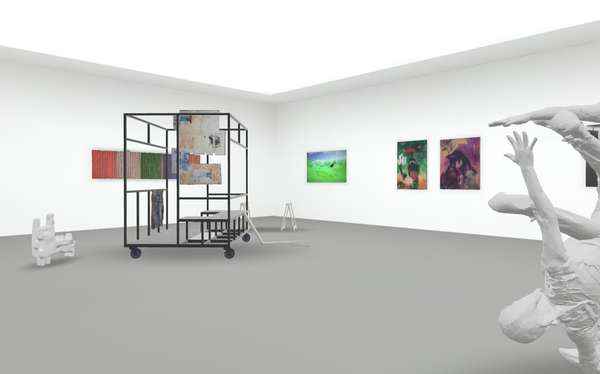
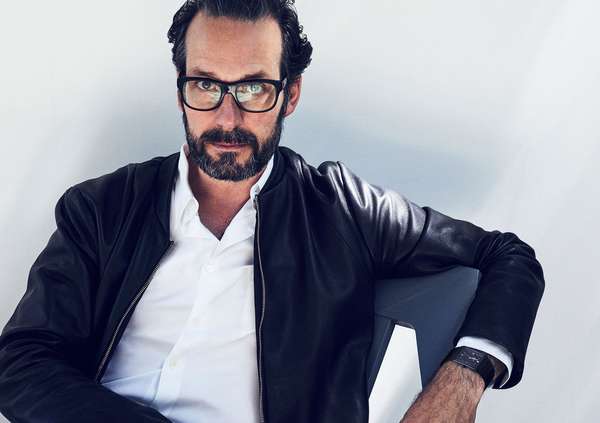
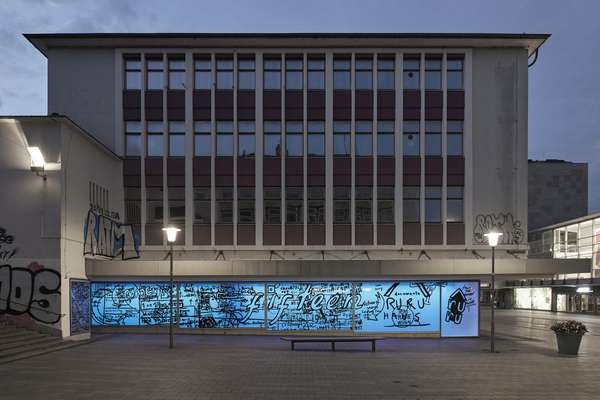
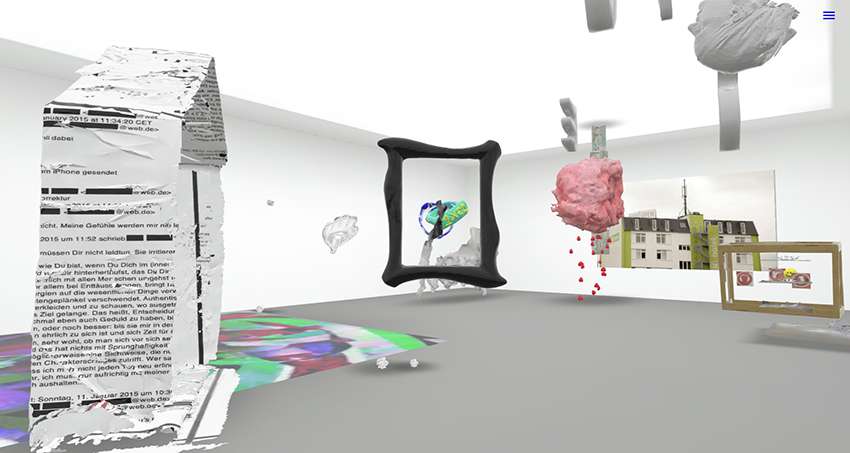
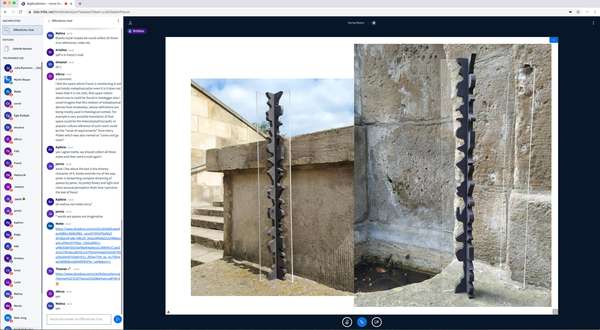


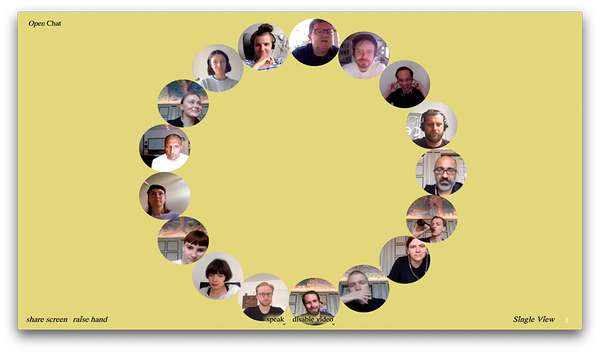

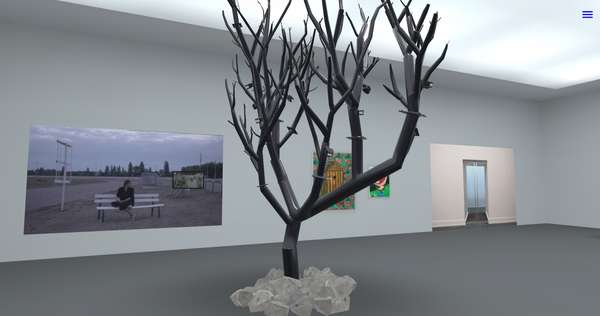


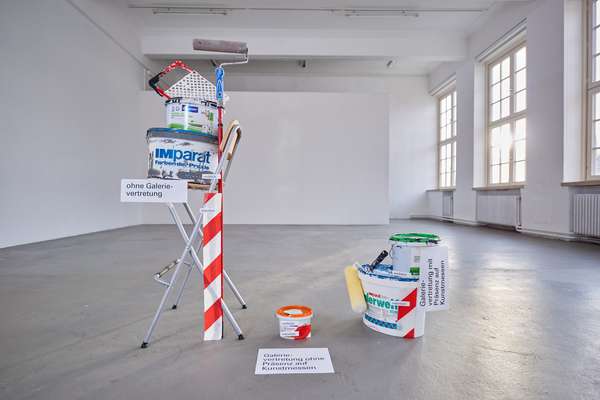
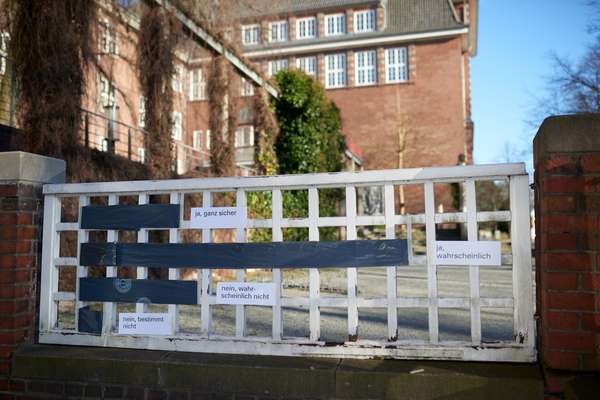
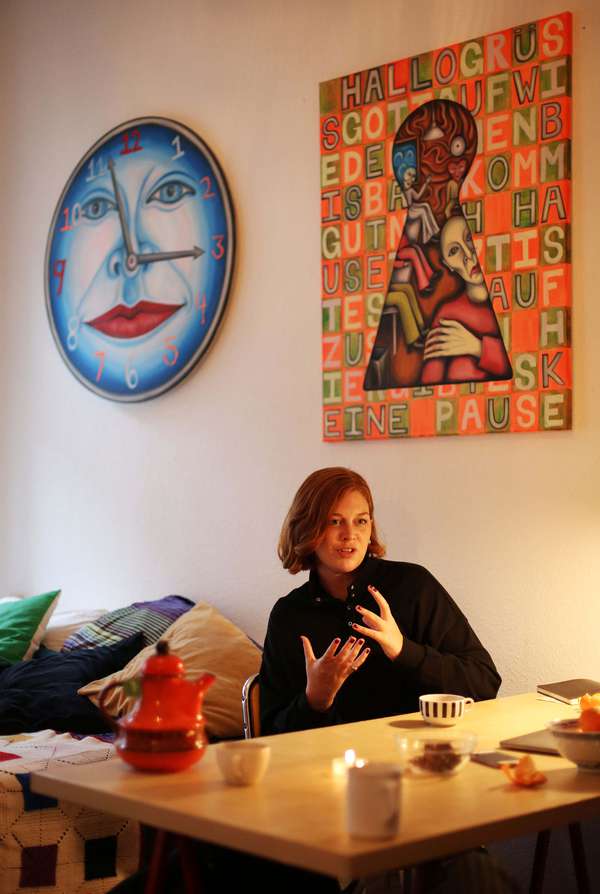
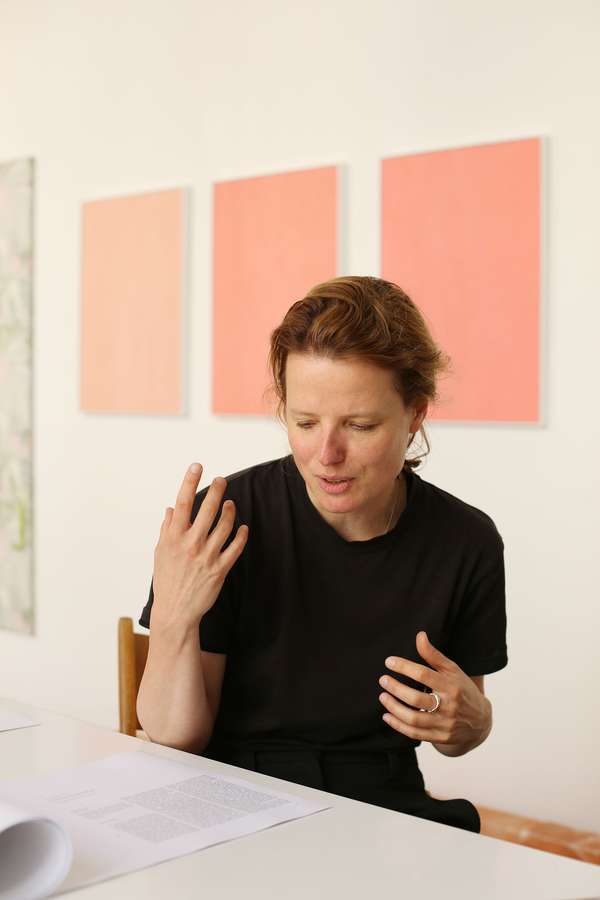
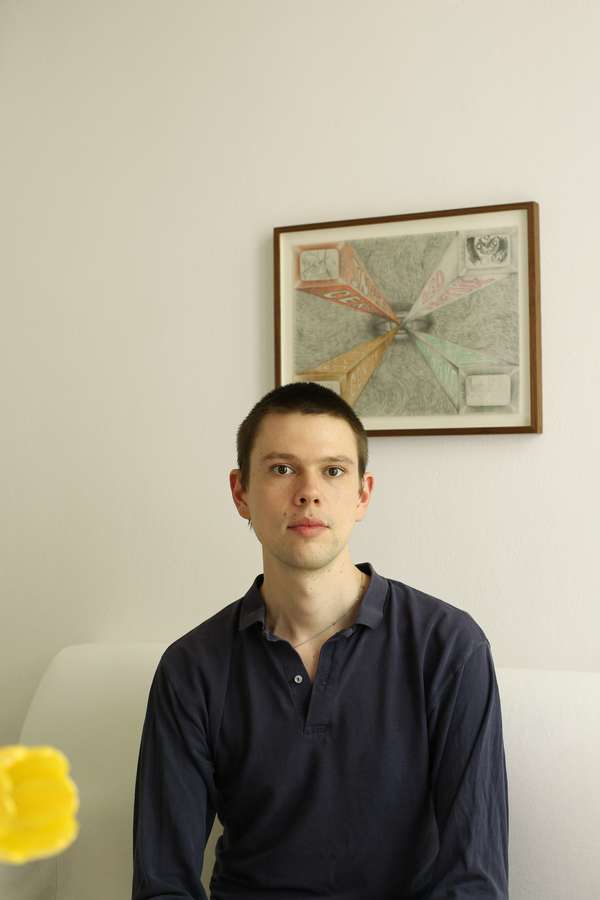
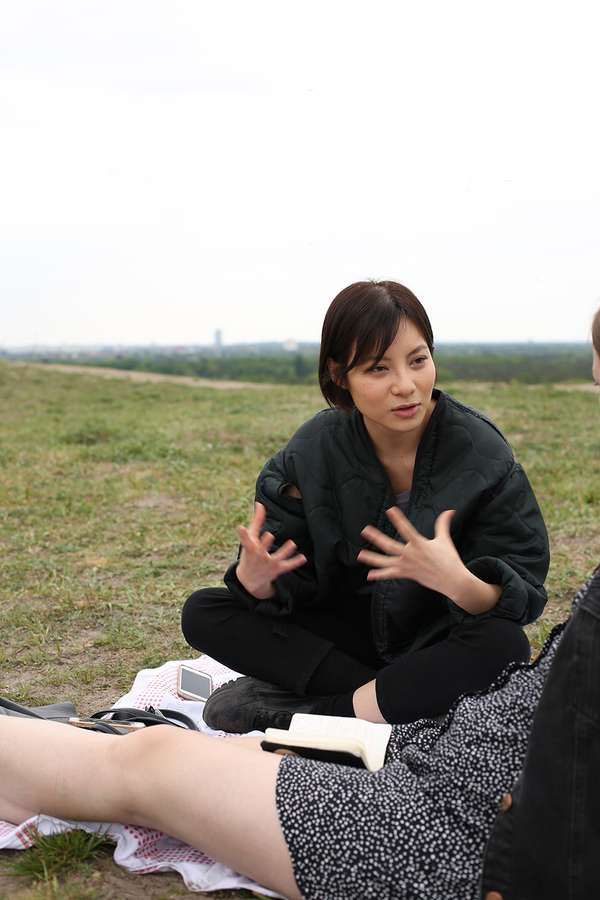
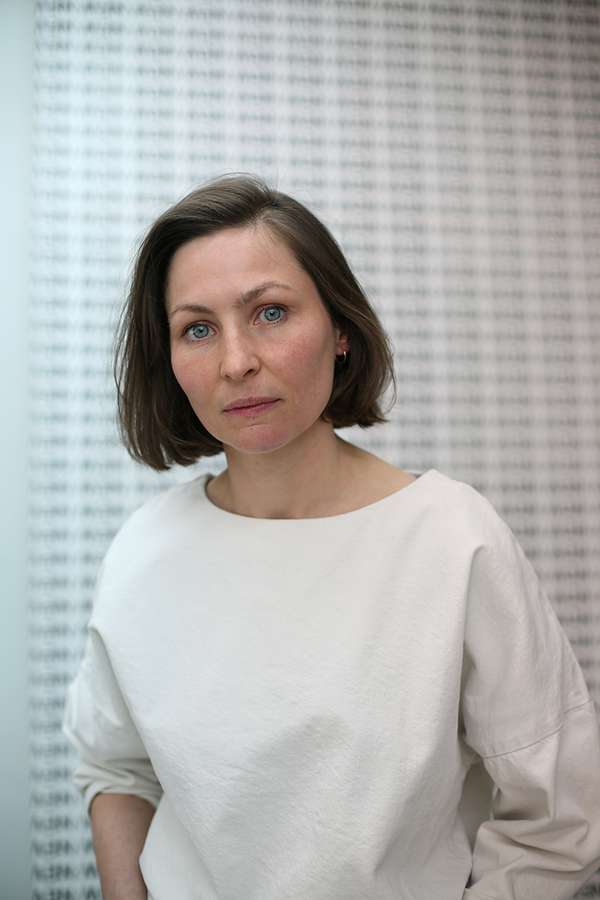
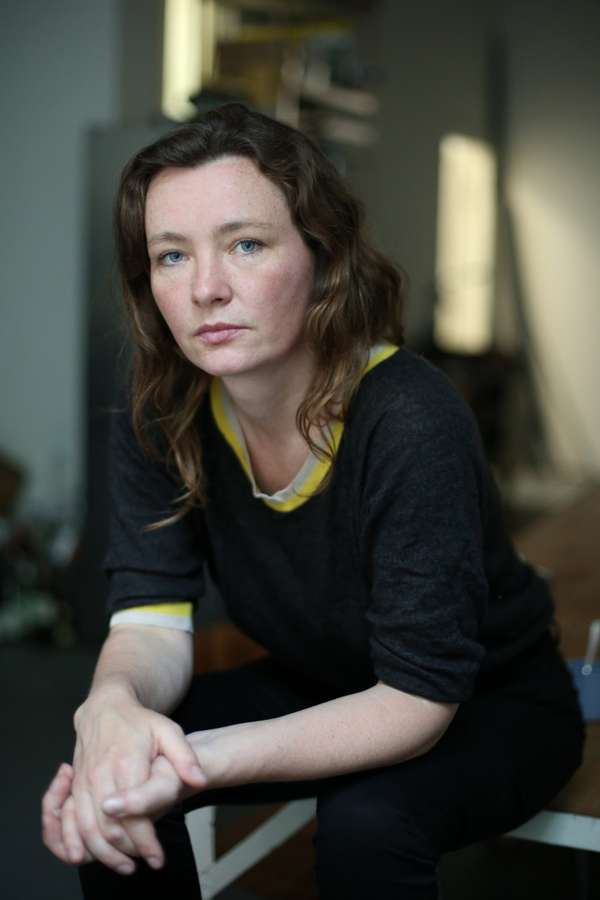
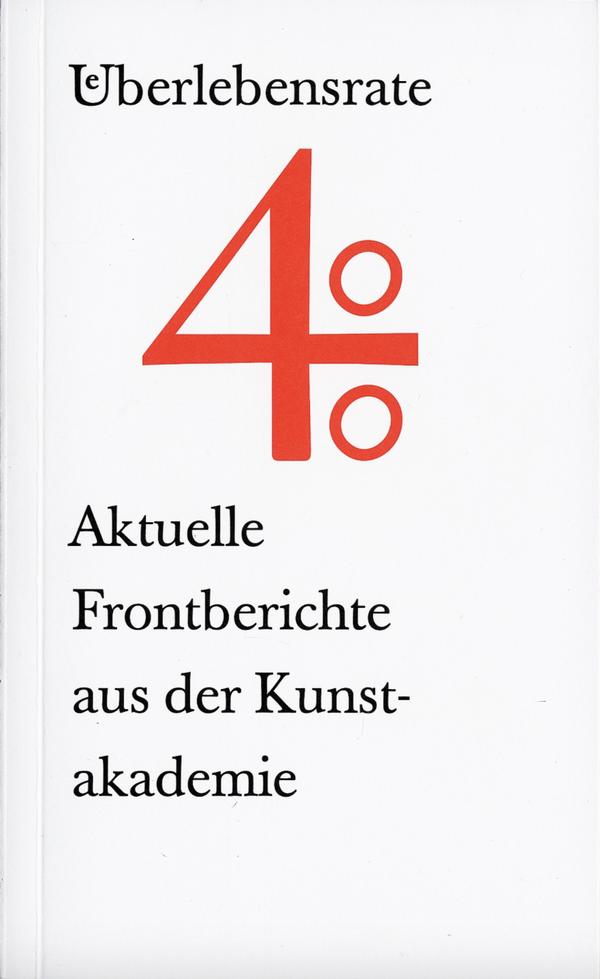
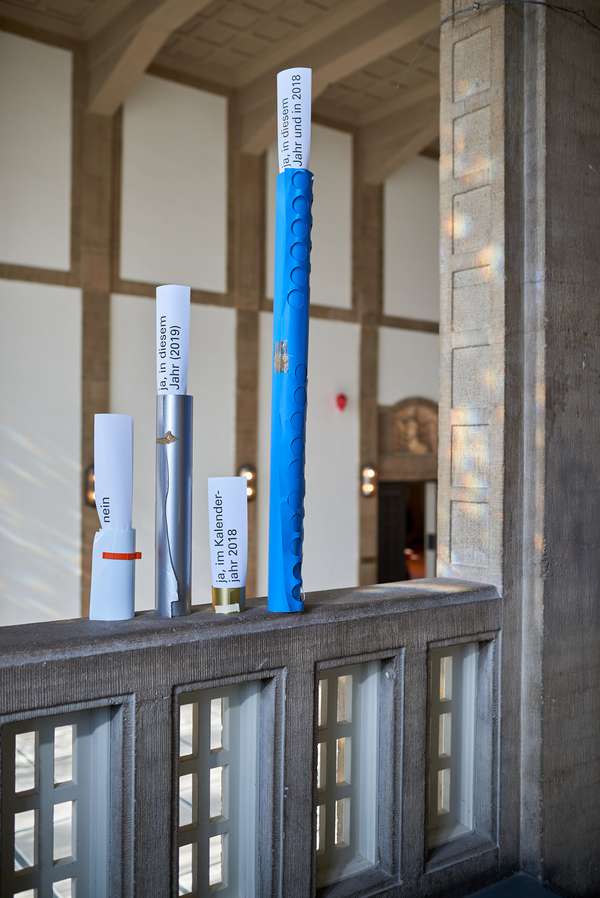
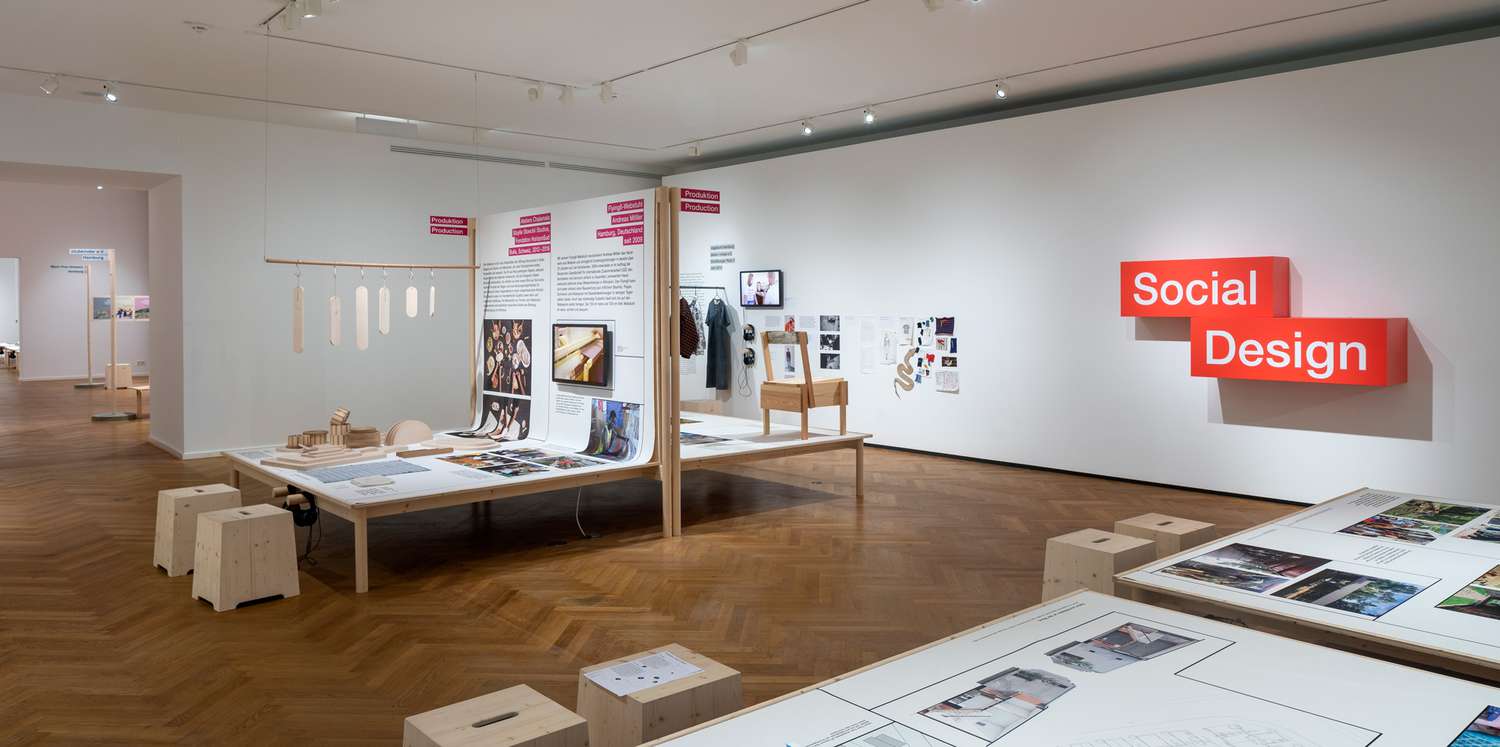
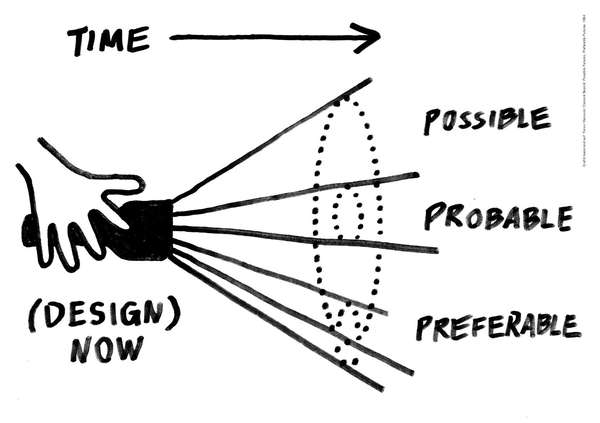
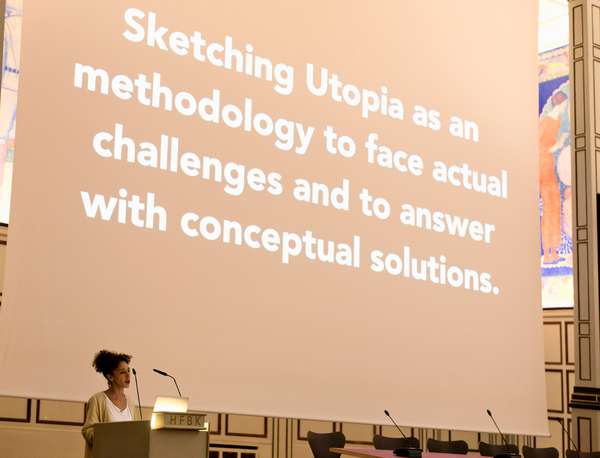
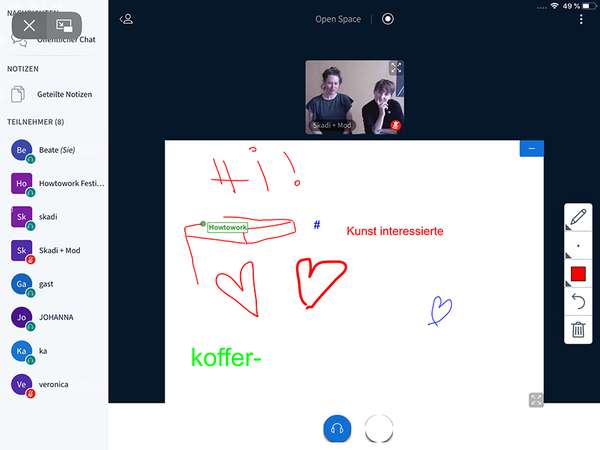
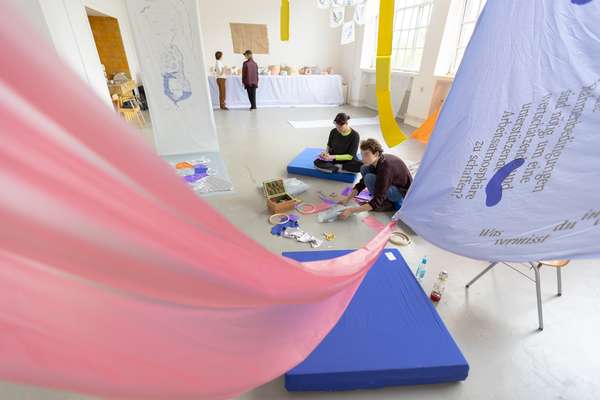
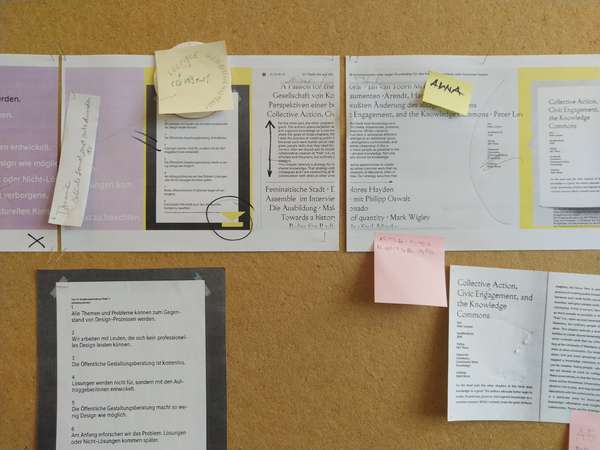
 Graduate Show 2025: Don't stop me now
Graduate Show 2025: Don't stop me now
 Long days, lots to do
Long days, lots to do
 Cine*Ami*es
Cine*Ami*es
 Redesign Democracy – competition for the ballot box of the democratic future
Redesign Democracy – competition for the ballot box of the democratic future
 Art in public space
Art in public space
 How to apply: study at HFBK Hamburg
How to apply: study at HFBK Hamburg
 Annual Exhibition 2025 at the HFBK Hamburg
Annual Exhibition 2025 at the HFBK Hamburg
 The Elephant in The Room – Sculpture today
The Elephant in The Room – Sculpture today
 Hiscox Art Prize 2024
Hiscox Art Prize 2024
 The New Woman
The New Woman
 Doing a PhD at the HFBK Hamburg
Doing a PhD at the HFBK Hamburg
 Graduate Show 2024 - Letting Go
Graduate Show 2024 - Letting Go
 Finkenwerder Art Prize 2024
Finkenwerder Art Prize 2024
 Archives of the Body - The Body in Archiving
Archives of the Body - The Body in Archiving
 New partnership with the School of Arts at the University of Haifa
New partnership with the School of Arts at the University of Haifa
 Annual Exhibition 2024 at the HFBK Hamburg
Annual Exhibition 2024 at the HFBK Hamburg
 (Ex)Changes of / in Art
(Ex)Changes of / in Art
 Extended Libraries
Extended Libraries
 And Still I Rise
And Still I Rise
 Let's talk about language
Let's talk about language
 Graduate Show 2023: Unfinished Business
Graduate Show 2023: Unfinished Business
 Let`s work together
Let`s work together
 Annual Exhibition 2023 at HFBK Hamburg
Annual Exhibition 2023 at HFBK Hamburg
 Symposium: Controversy over documenta fifteen
Symposium: Controversy over documenta fifteen
 Festival and Symposium: Non-Knowledge, Laughter and the Moving Image
Festival and Symposium: Non-Knowledge, Laughter and the Moving Image
 Solo exhibition by Konstantin Grcic
Solo exhibition by Konstantin Grcic
 Art and war
Art and war
 Graduate Show 2022: We’ve Only Just Begun
Graduate Show 2022: We’ve Only Just Begun
 June is full of art and theory
June is full of art and theory
 Finkenwerder Art Prize 2022
Finkenwerder Art Prize 2022
 Nachhaltigkeit im Kontext von Kunst und Kunsthochschule
Nachhaltigkeit im Kontext von Kunst und Kunsthochschule
 Raum für die Kunst
Raum für die Kunst
 Annual Exhibition 2022 at the HFBK
Annual Exhibition 2022 at the HFBK
 Conference: Counter-Monuments and Para-Monuments.
Conference: Counter-Monuments and Para-Monuments.
 Diversity
Diversity
 Live und in Farbe: die ASA Open Studios im Juni 2021
Live und in Farbe: die ASA Open Studios im Juni 2021
 Unlearning: Wartenau Assemblies
Unlearning: Wartenau Assemblies
 School of No Consequences
School of No Consequences
 Annual Exhibition 2021 at the HFBK
Annual Exhibition 2021 at the HFBK
 Semestereröffnung und Hiscox-Preisverleihung 2020
Semestereröffnung und Hiscox-Preisverleihung 2020
 Teaching Art Online at the HFBK
Teaching Art Online at the HFBK
 HFBK Graduate Survey
HFBK Graduate Survey
 How political is Social Design?
How political is Social Design?